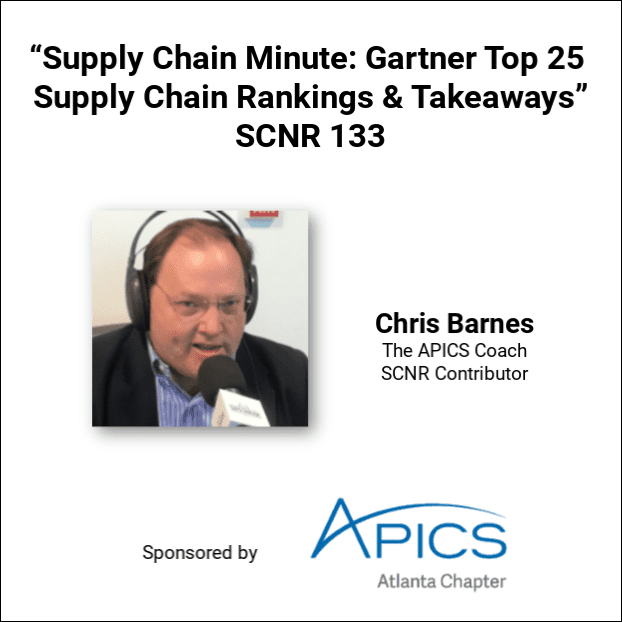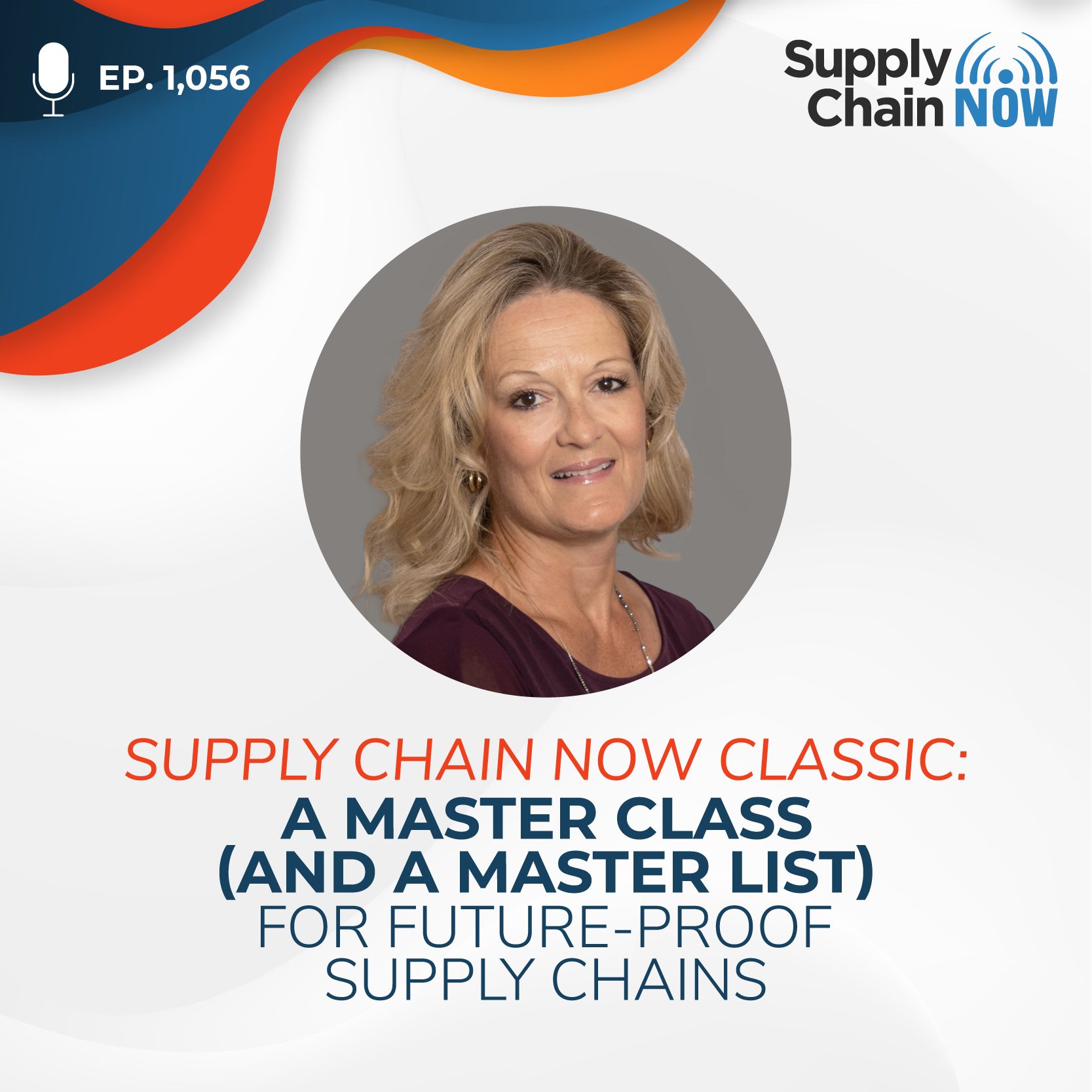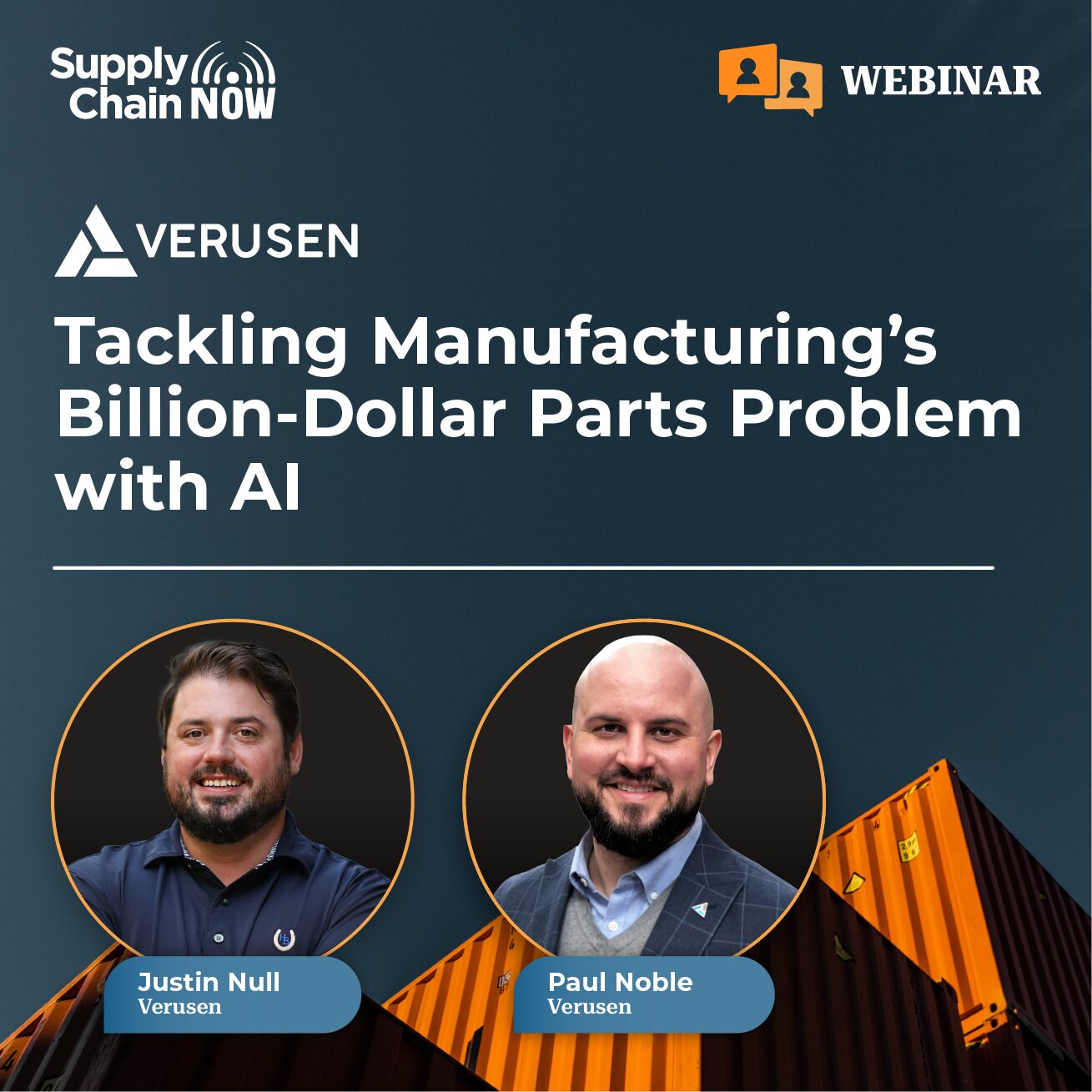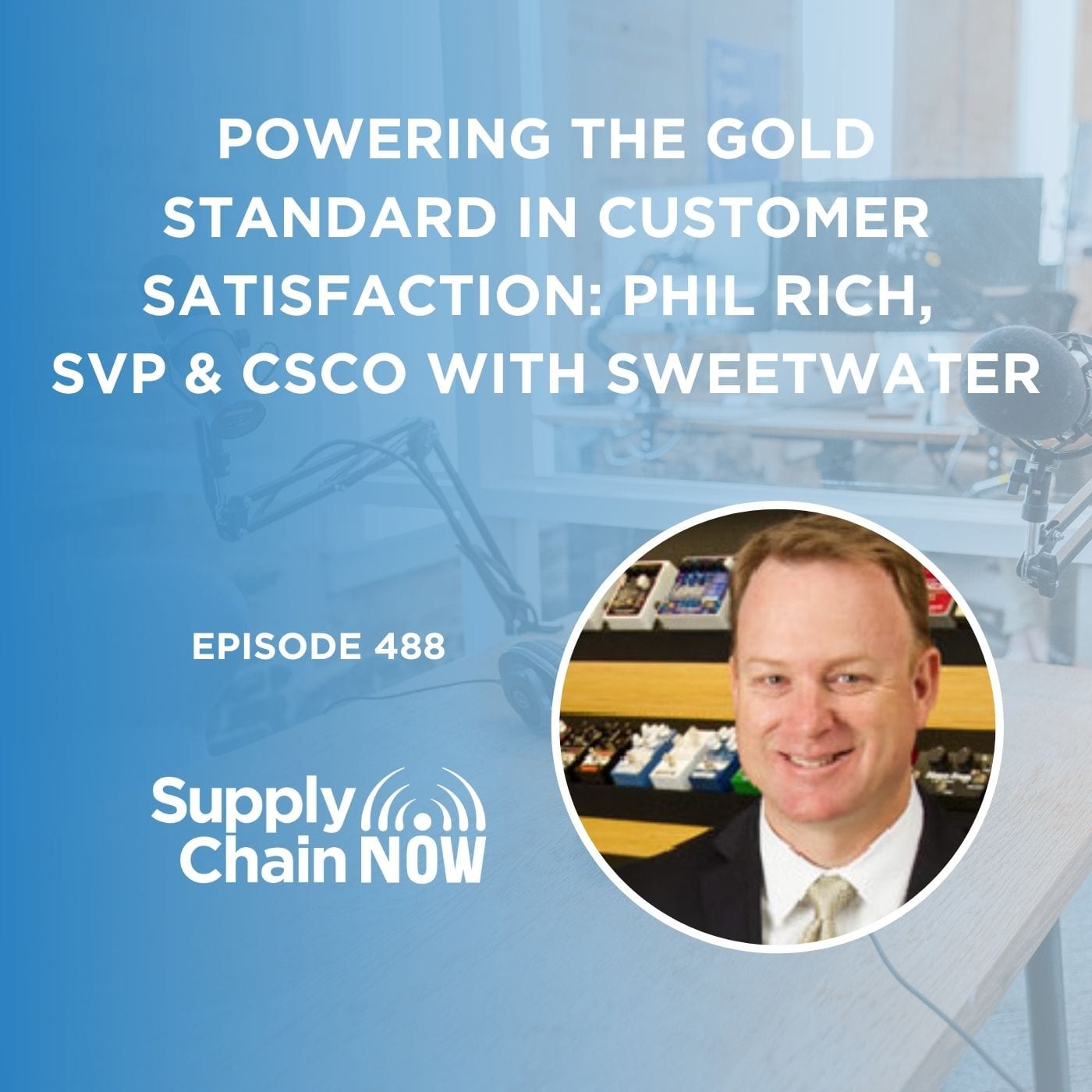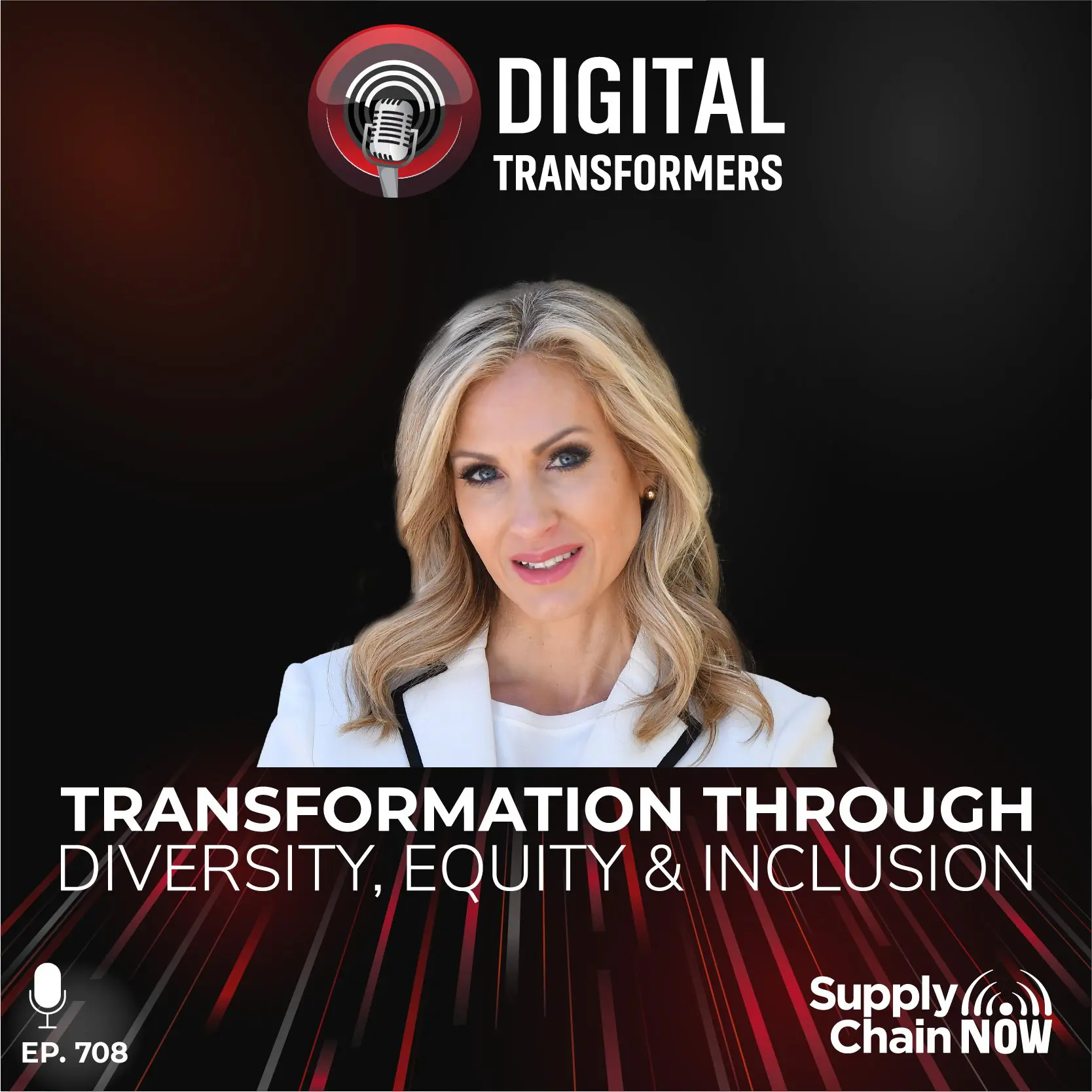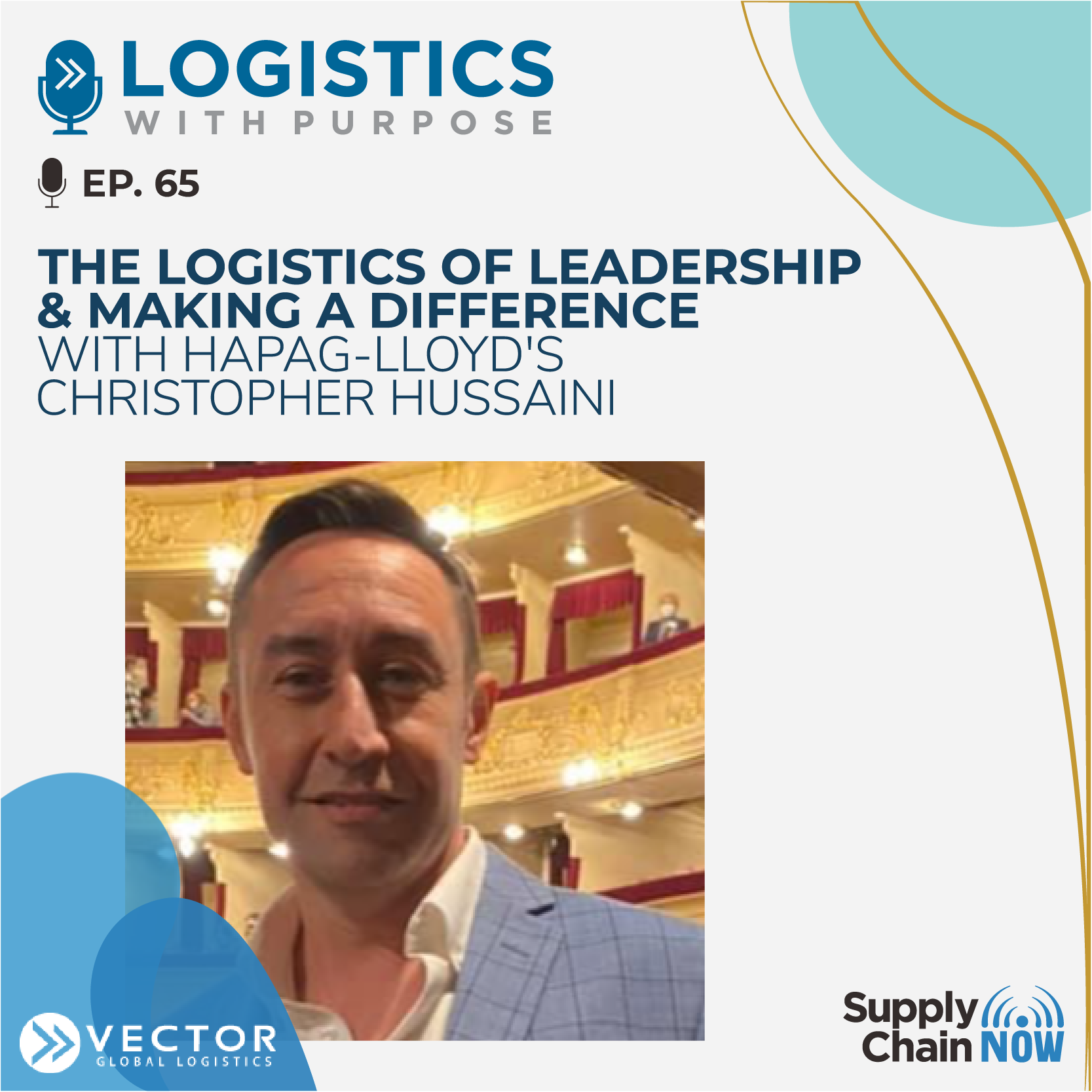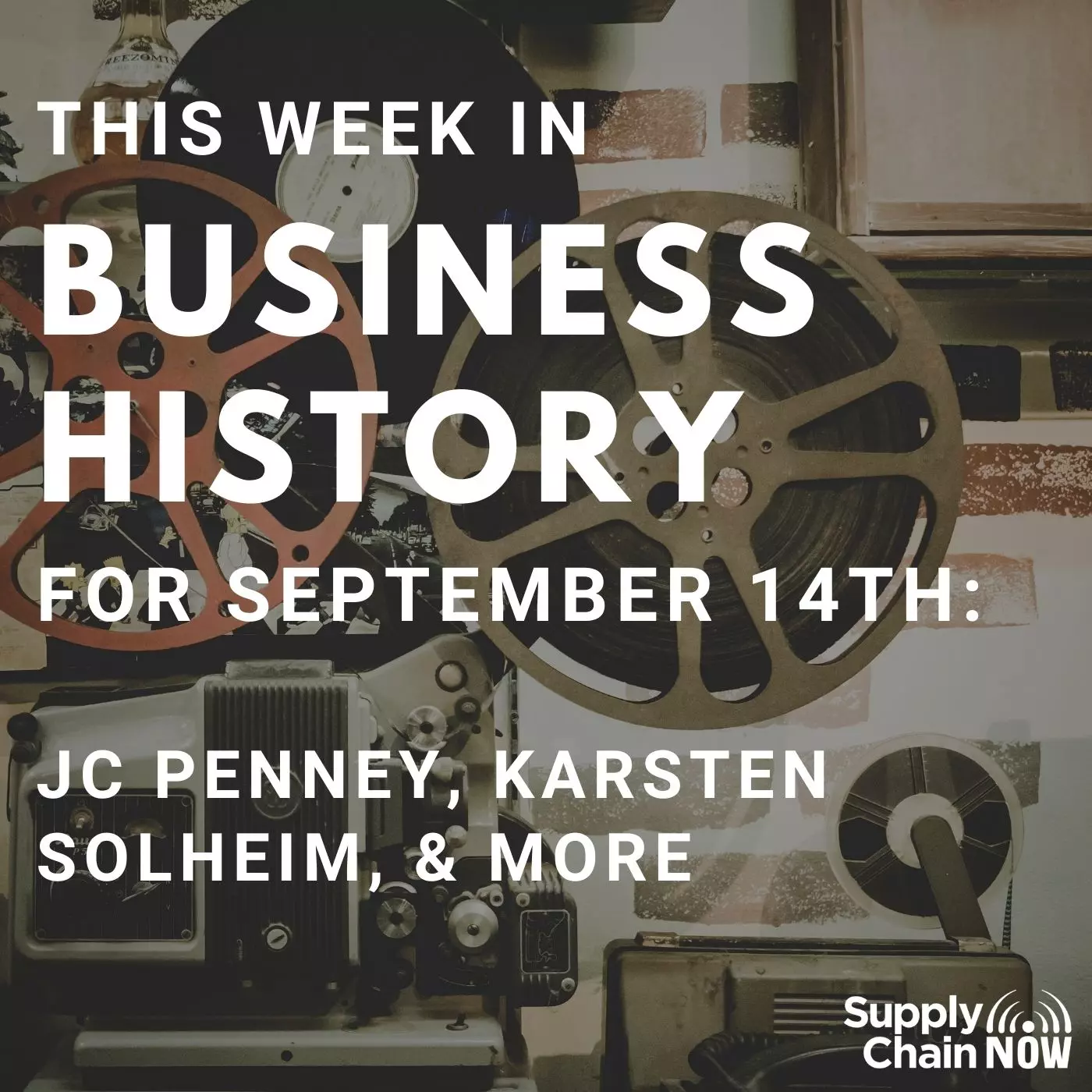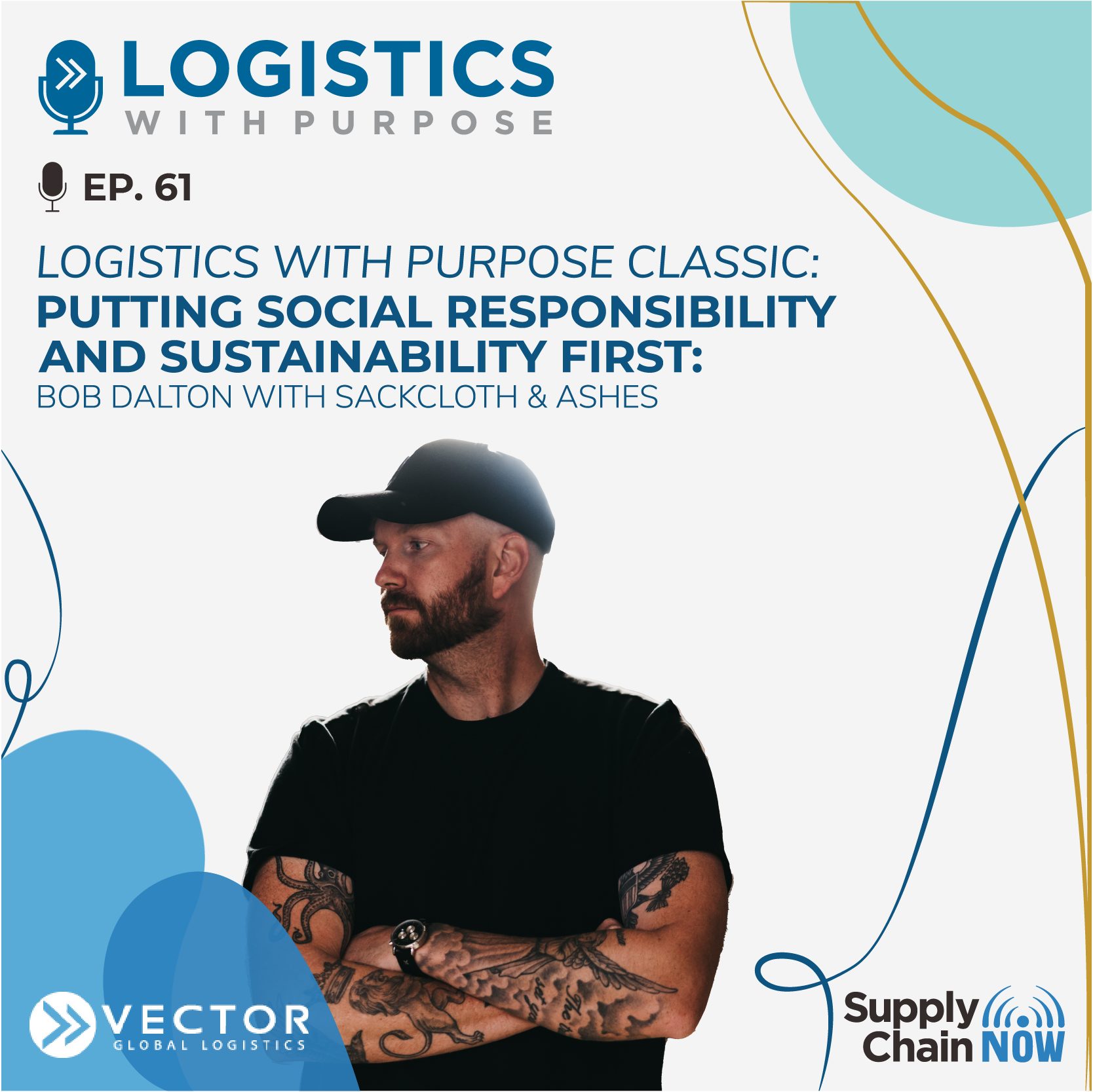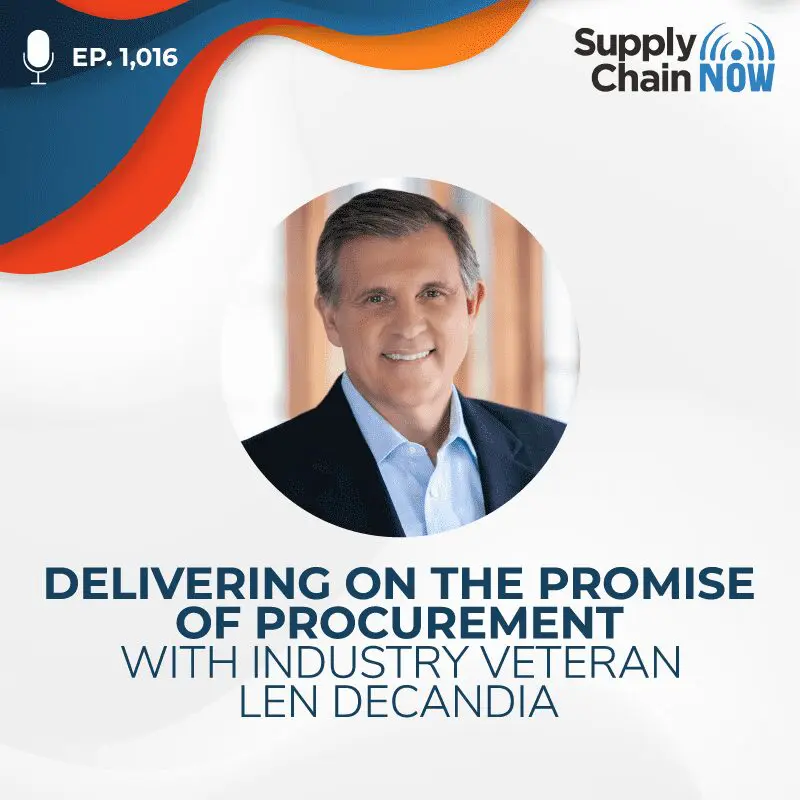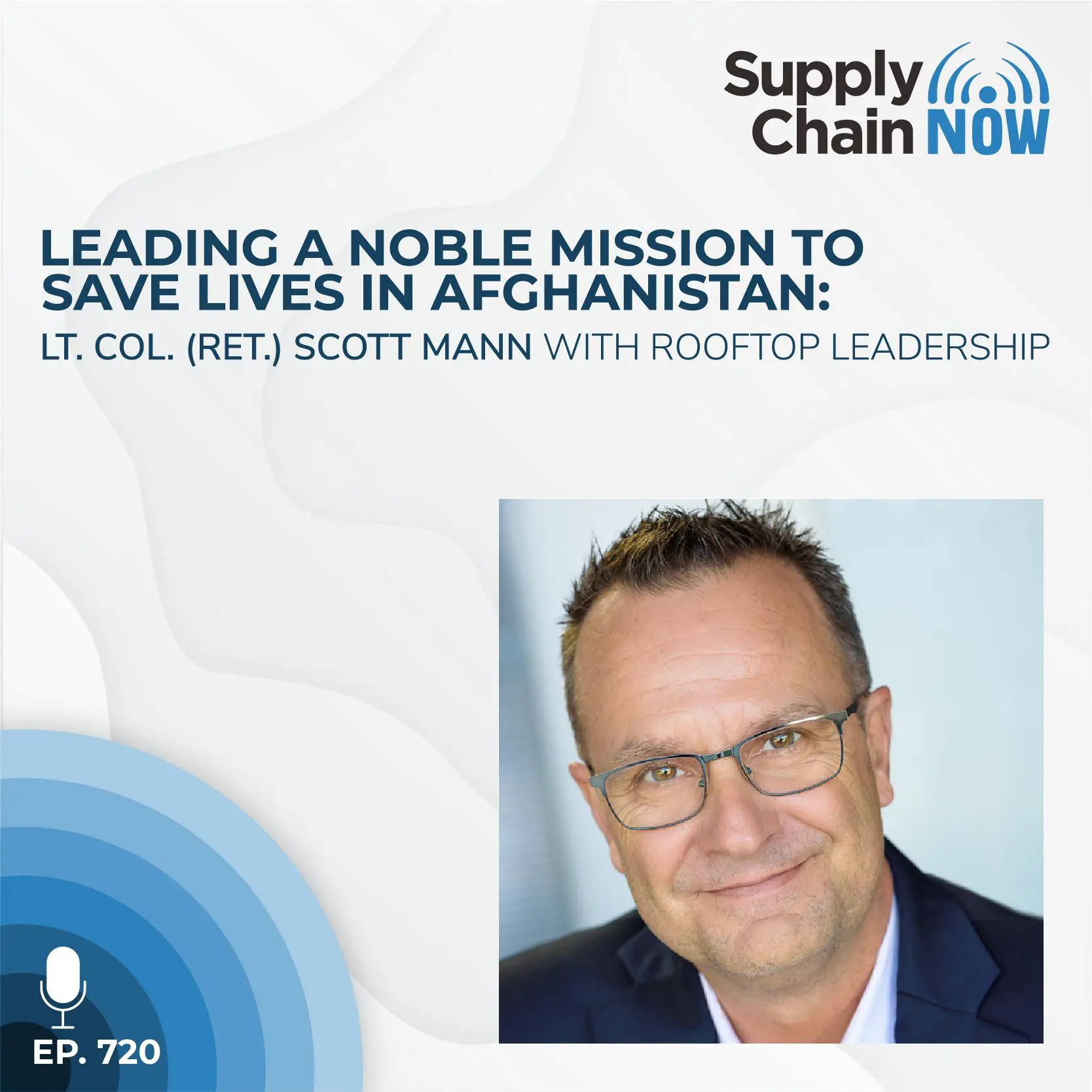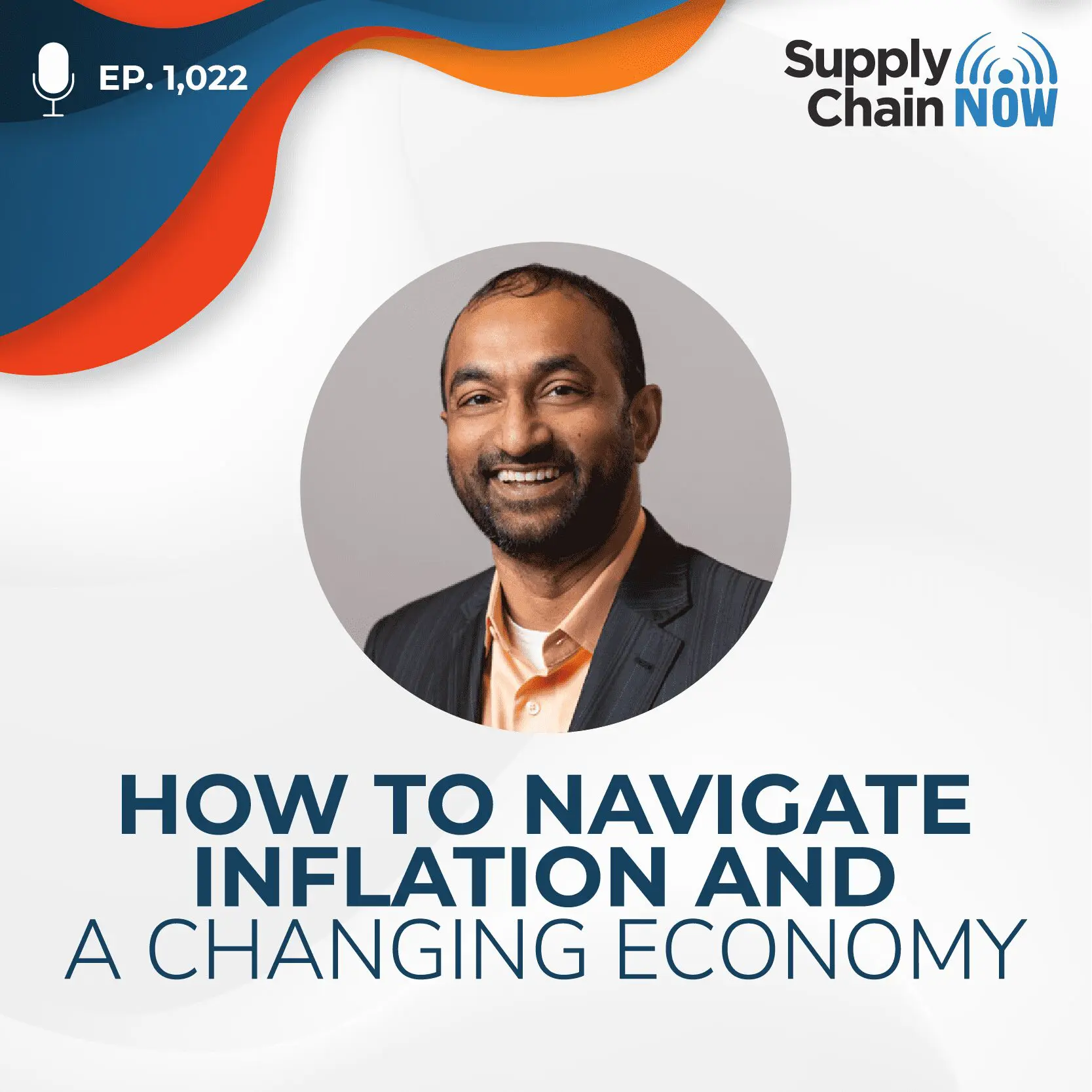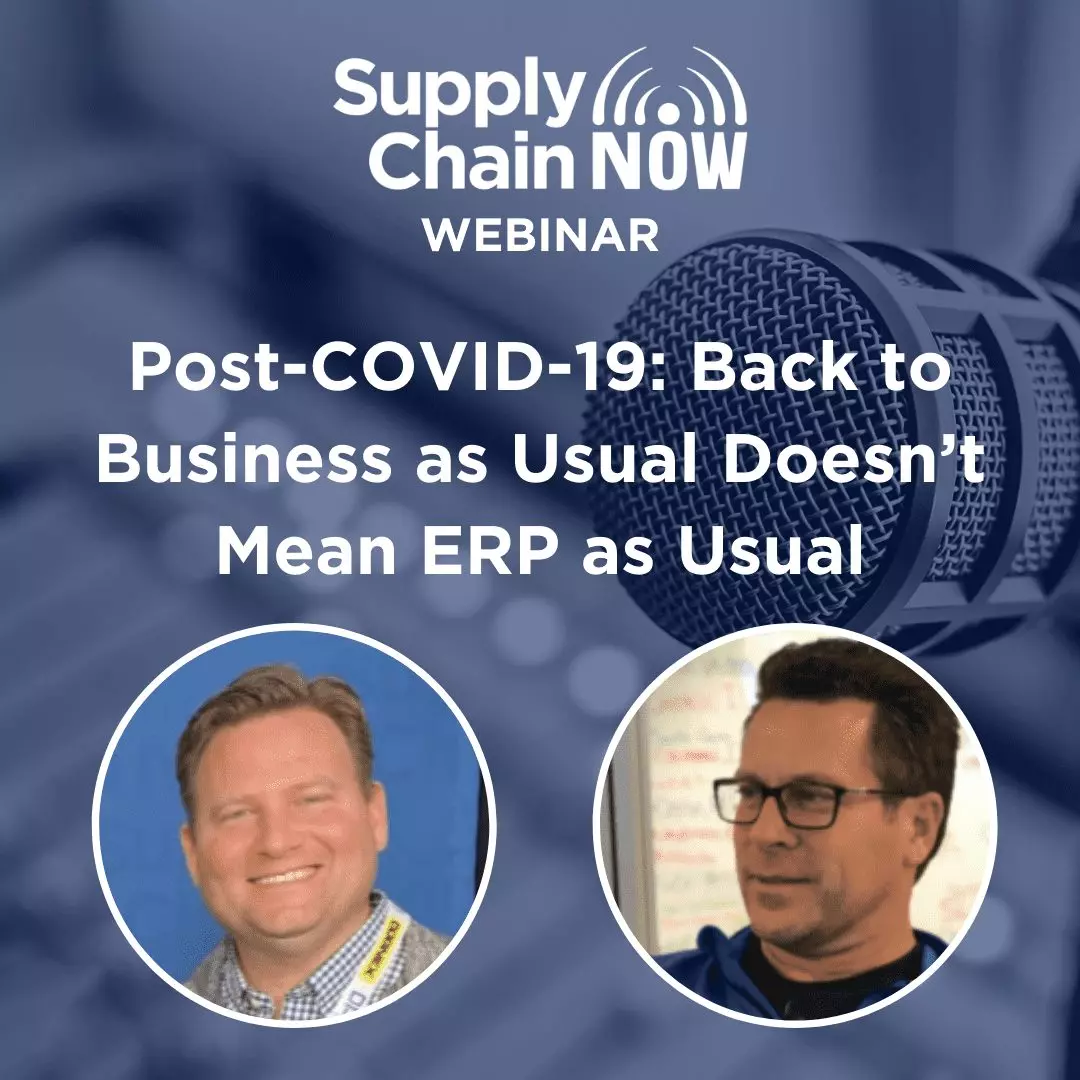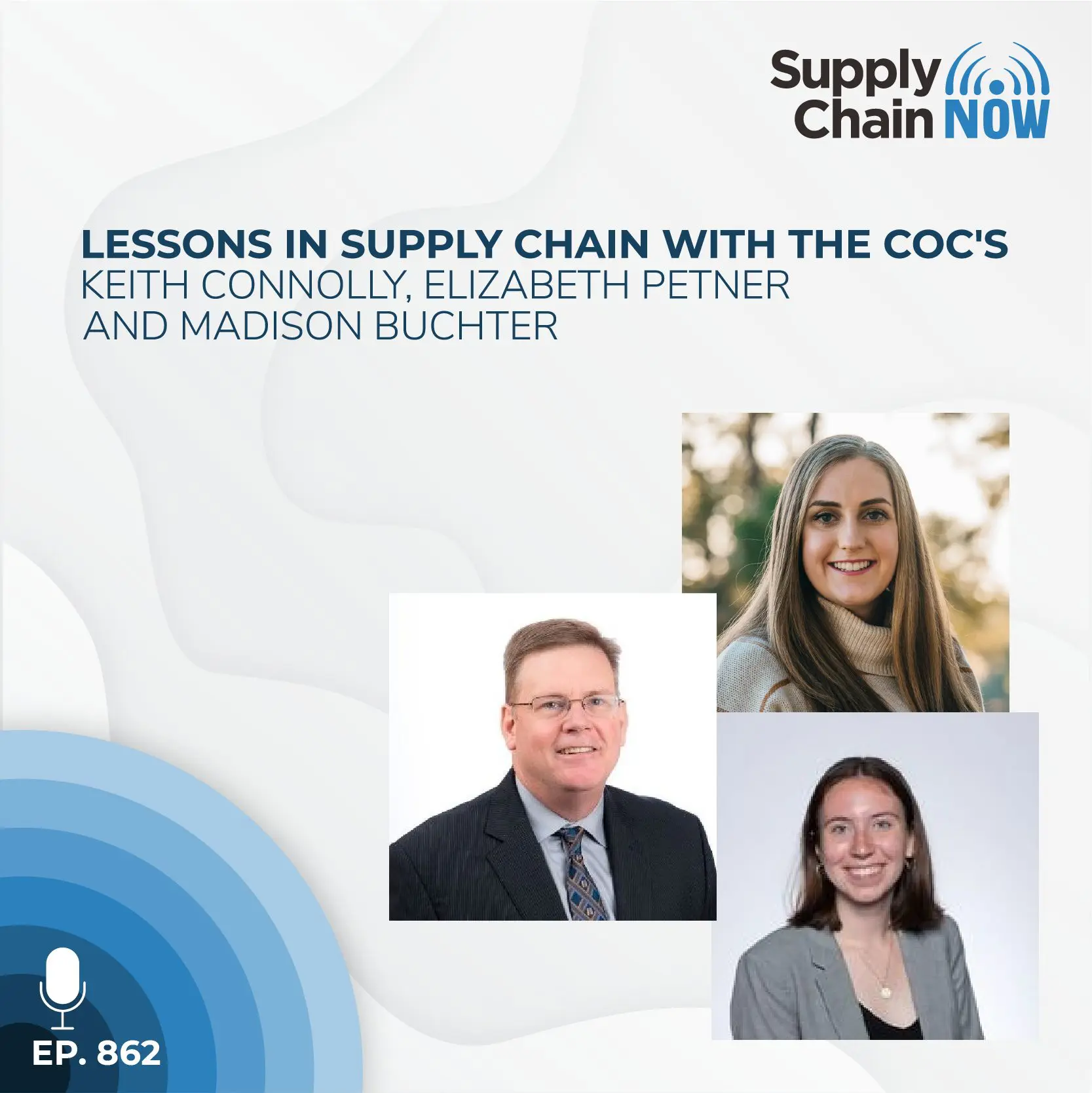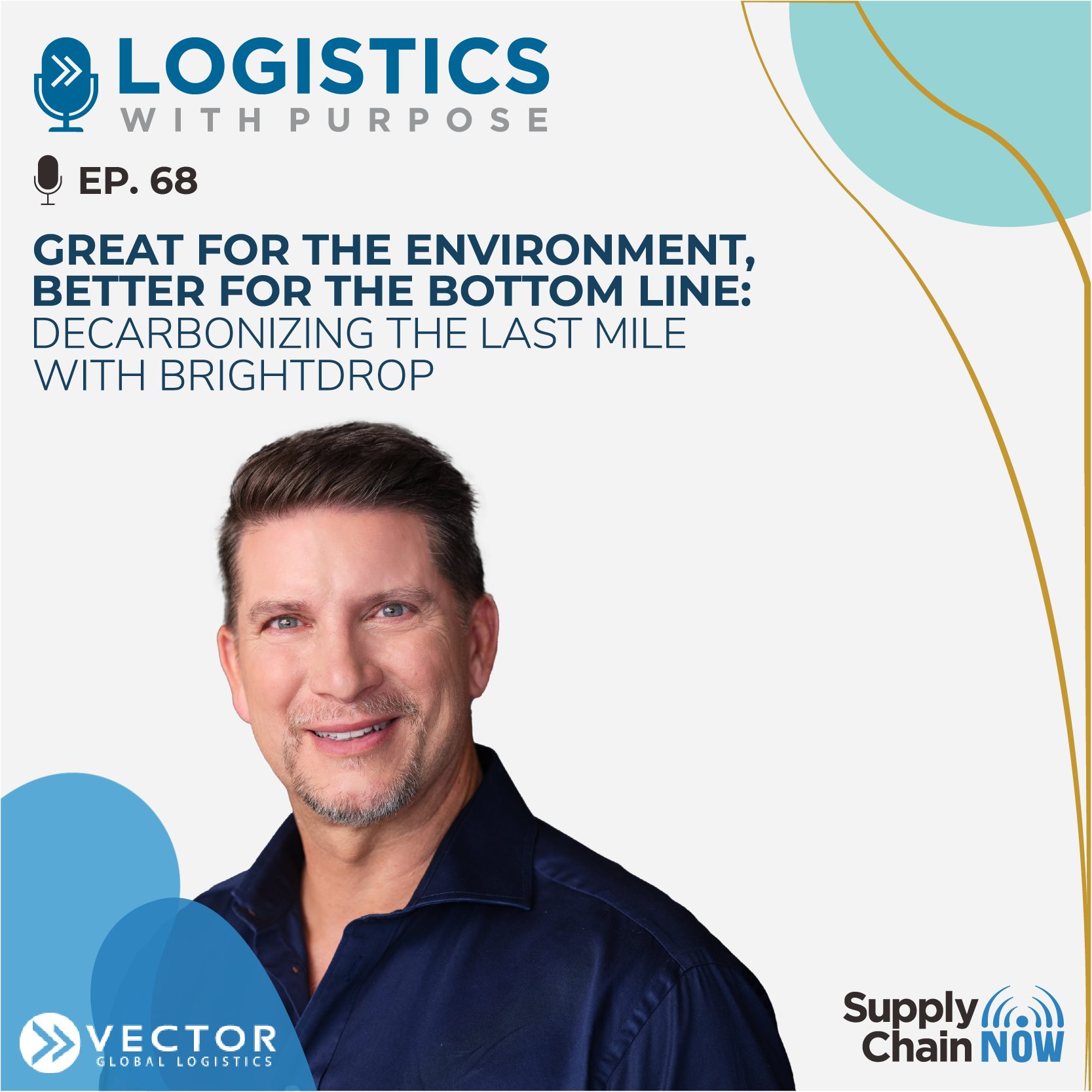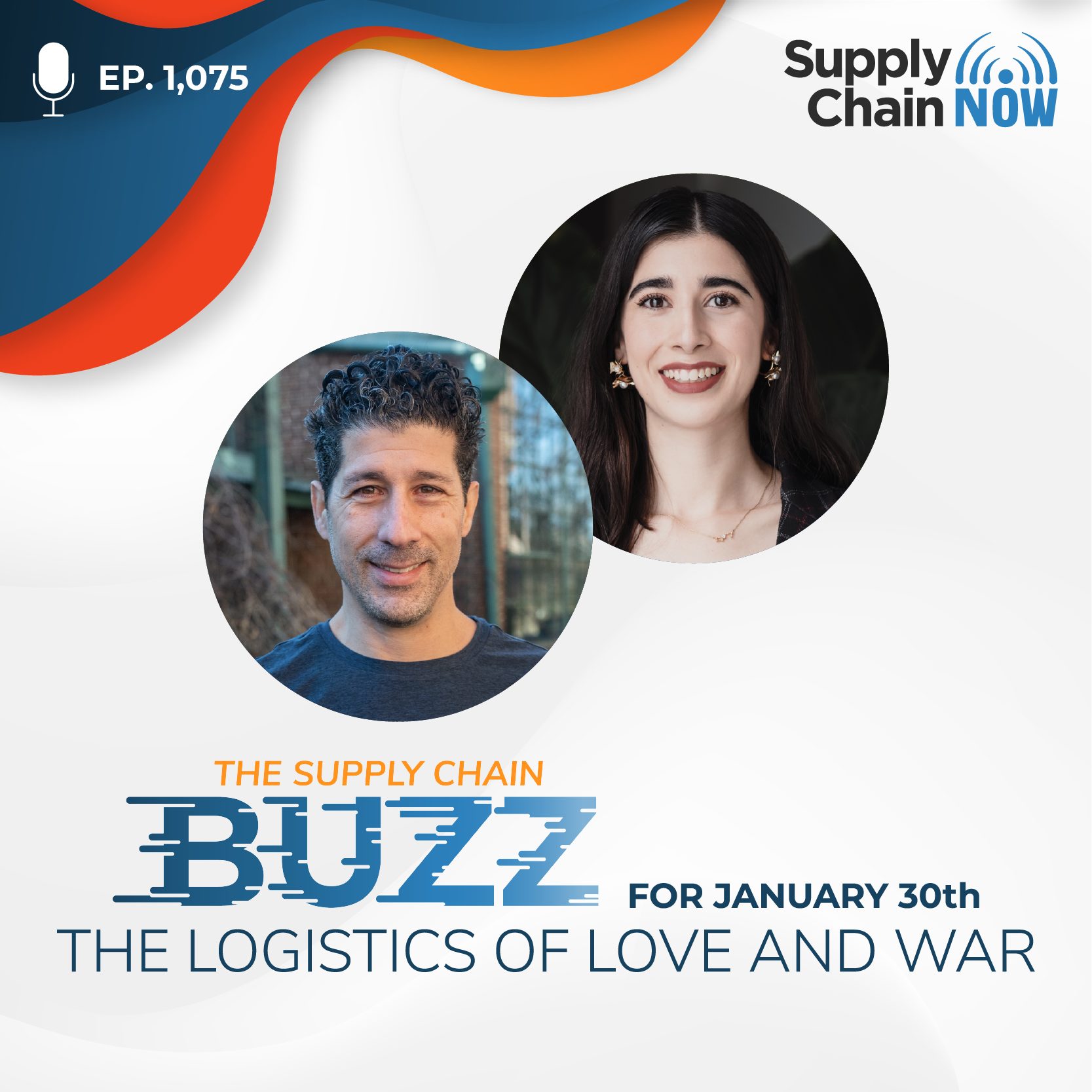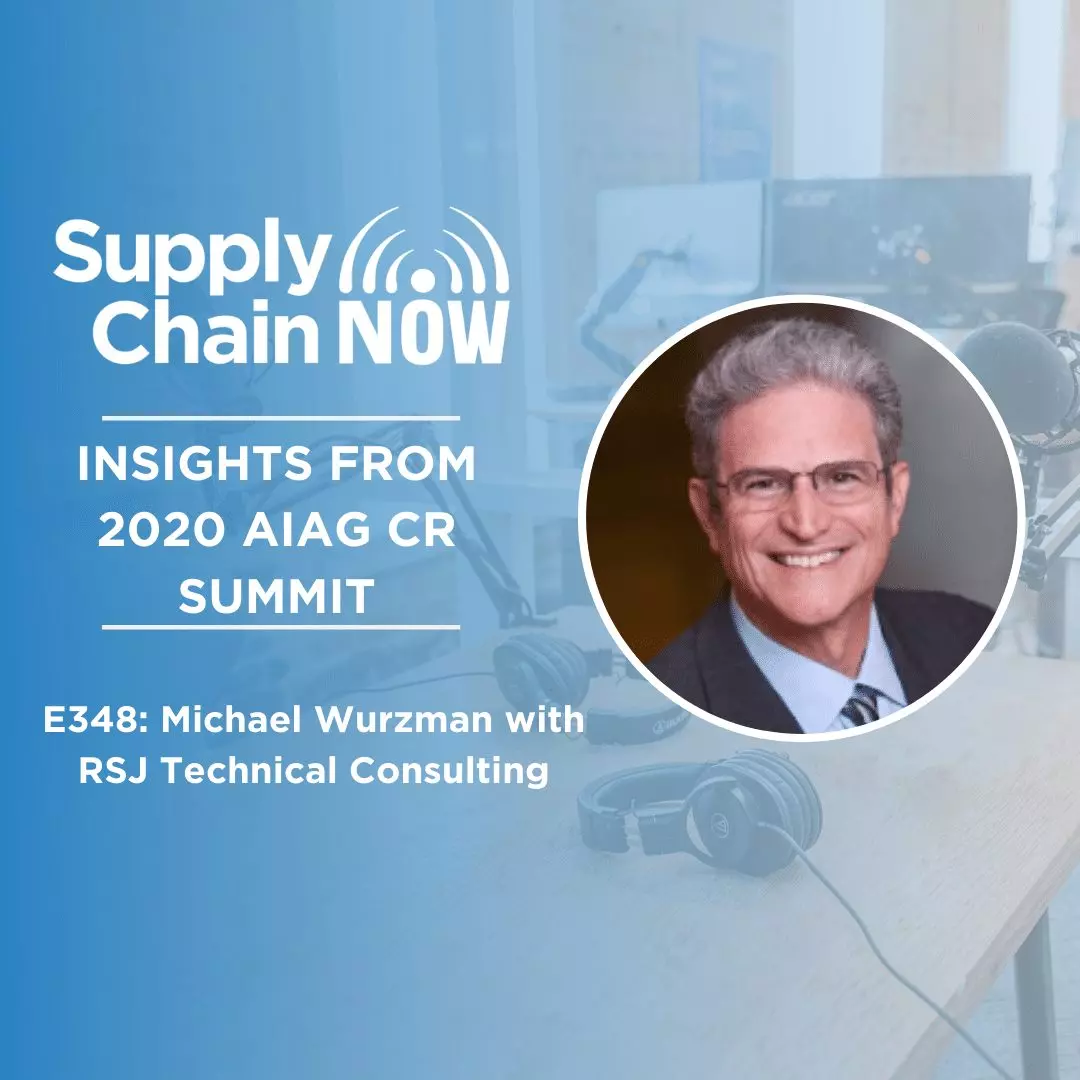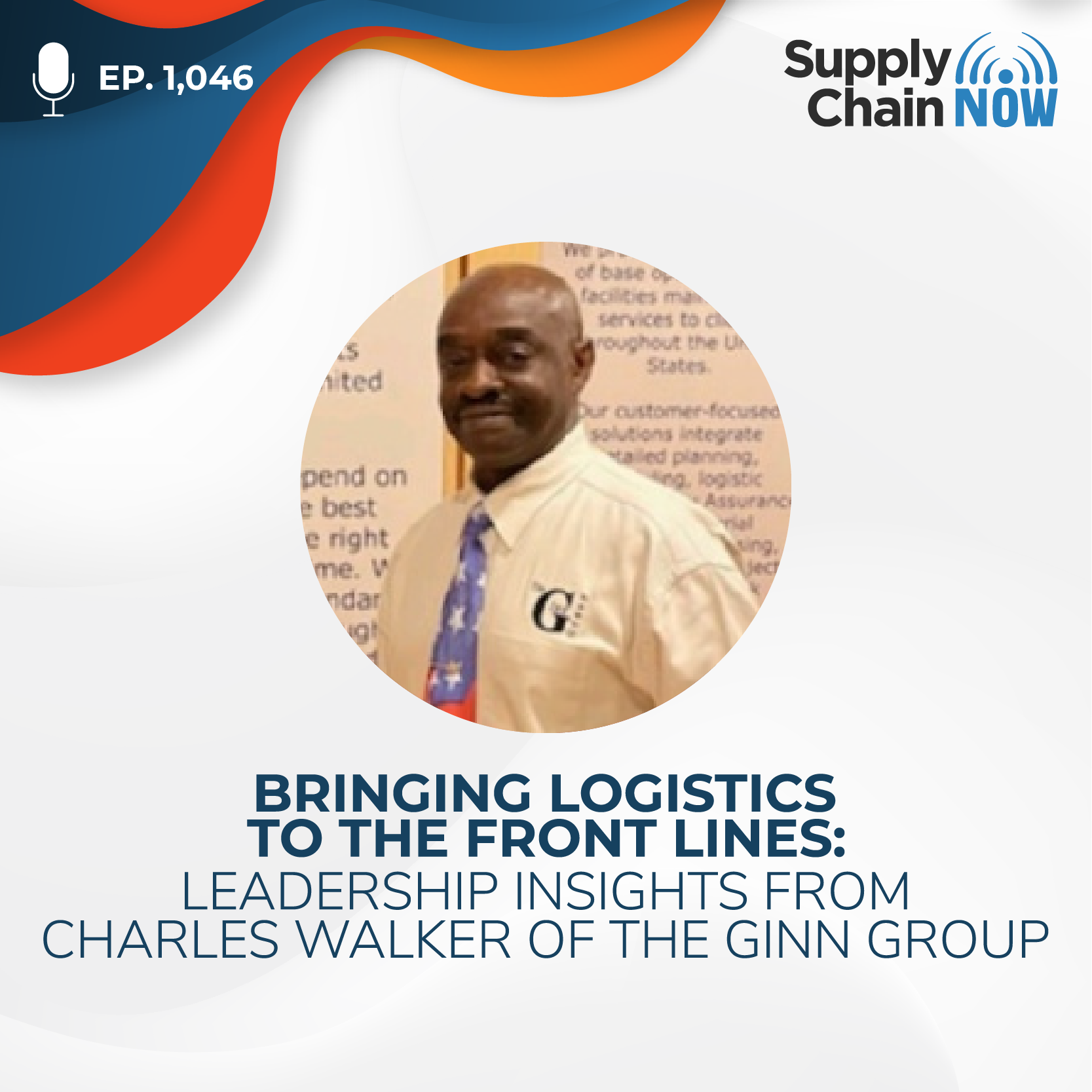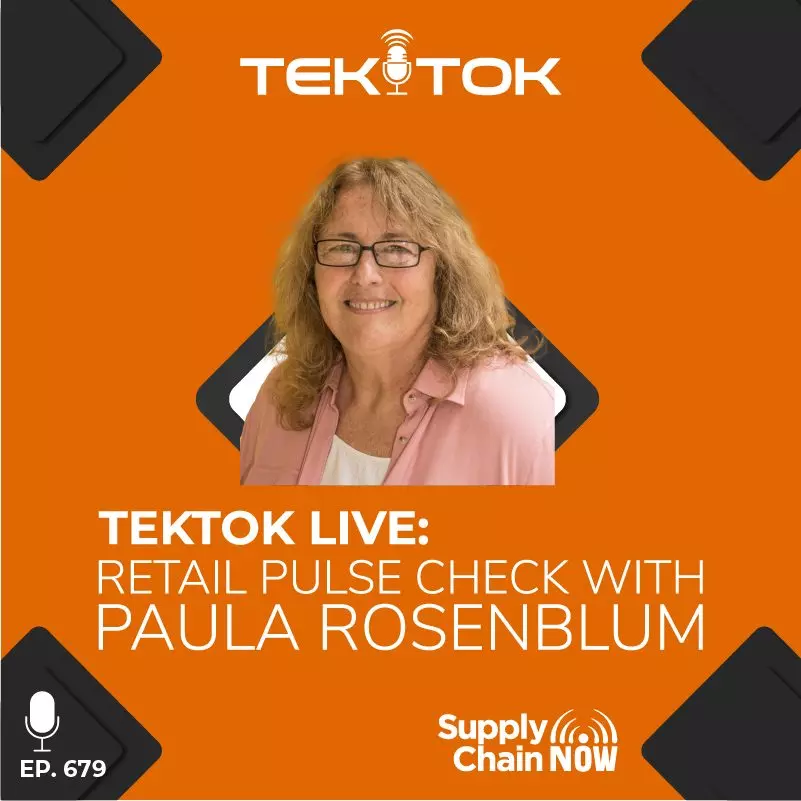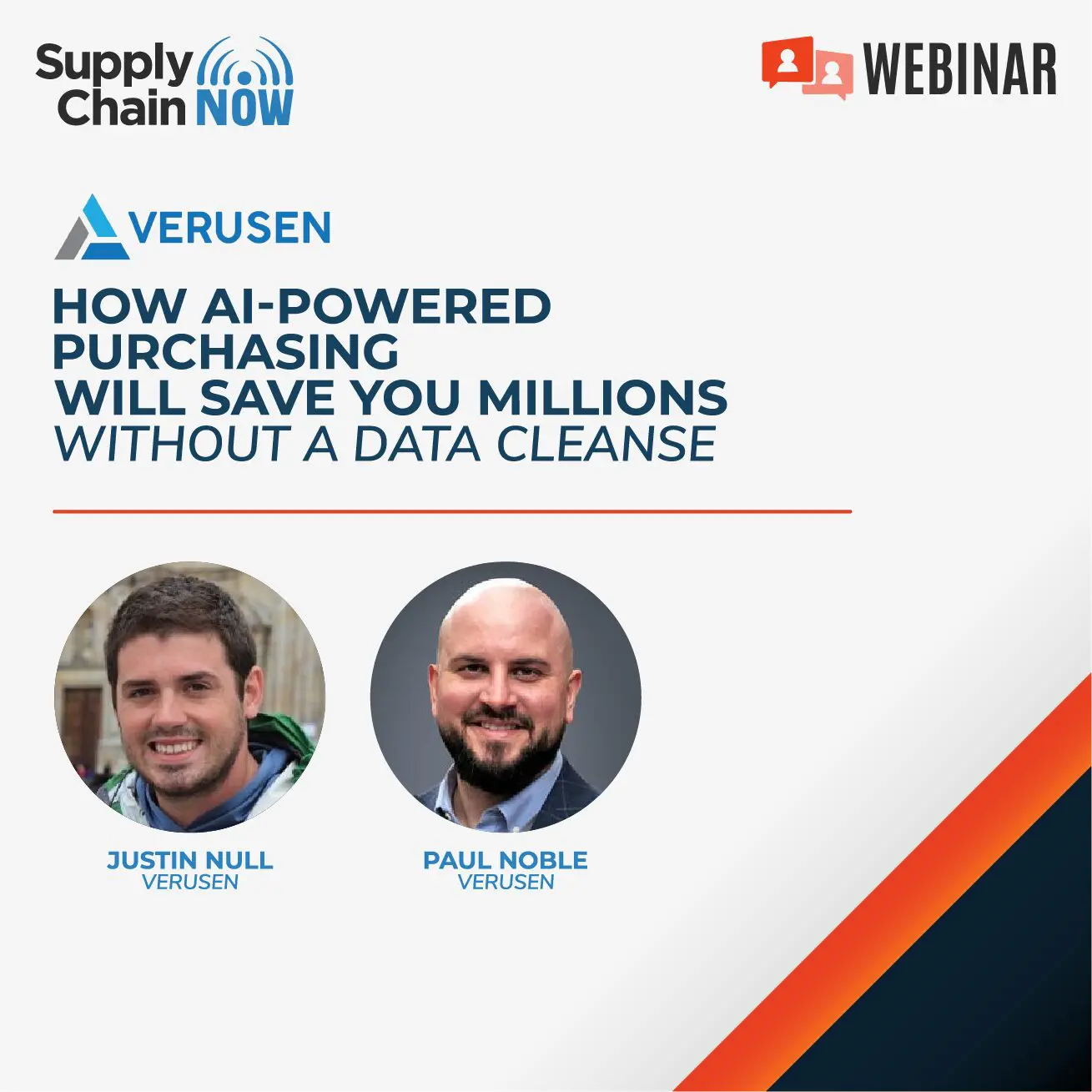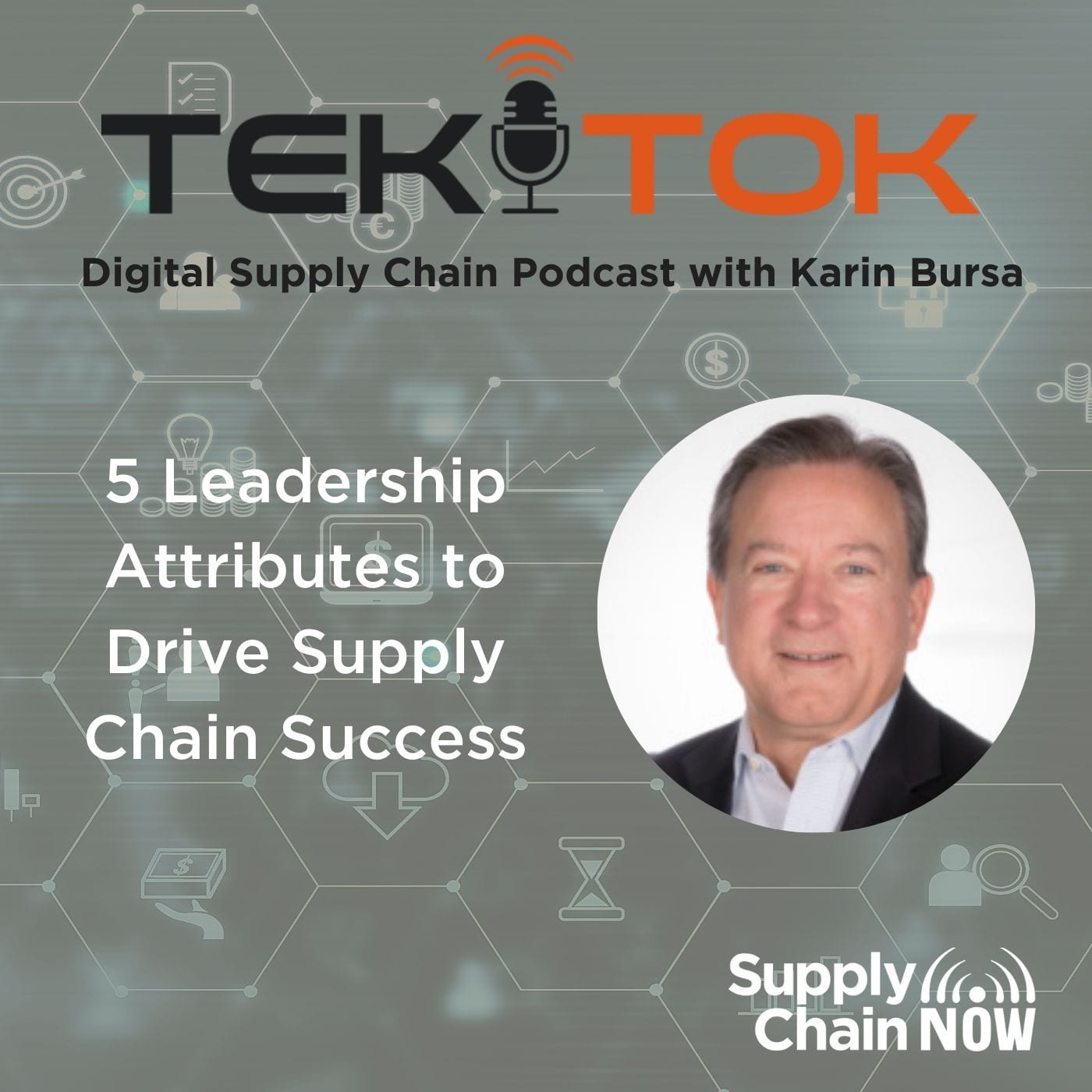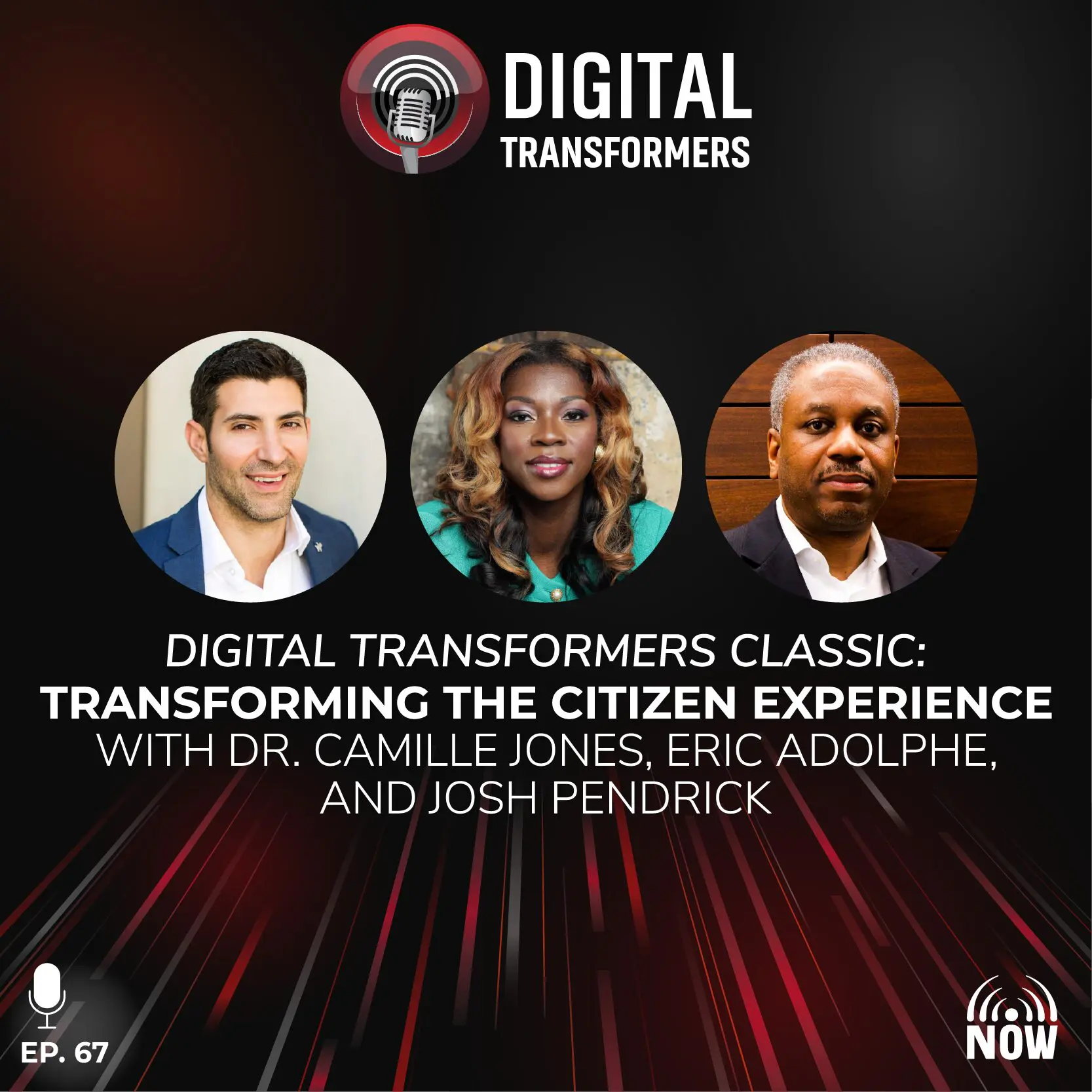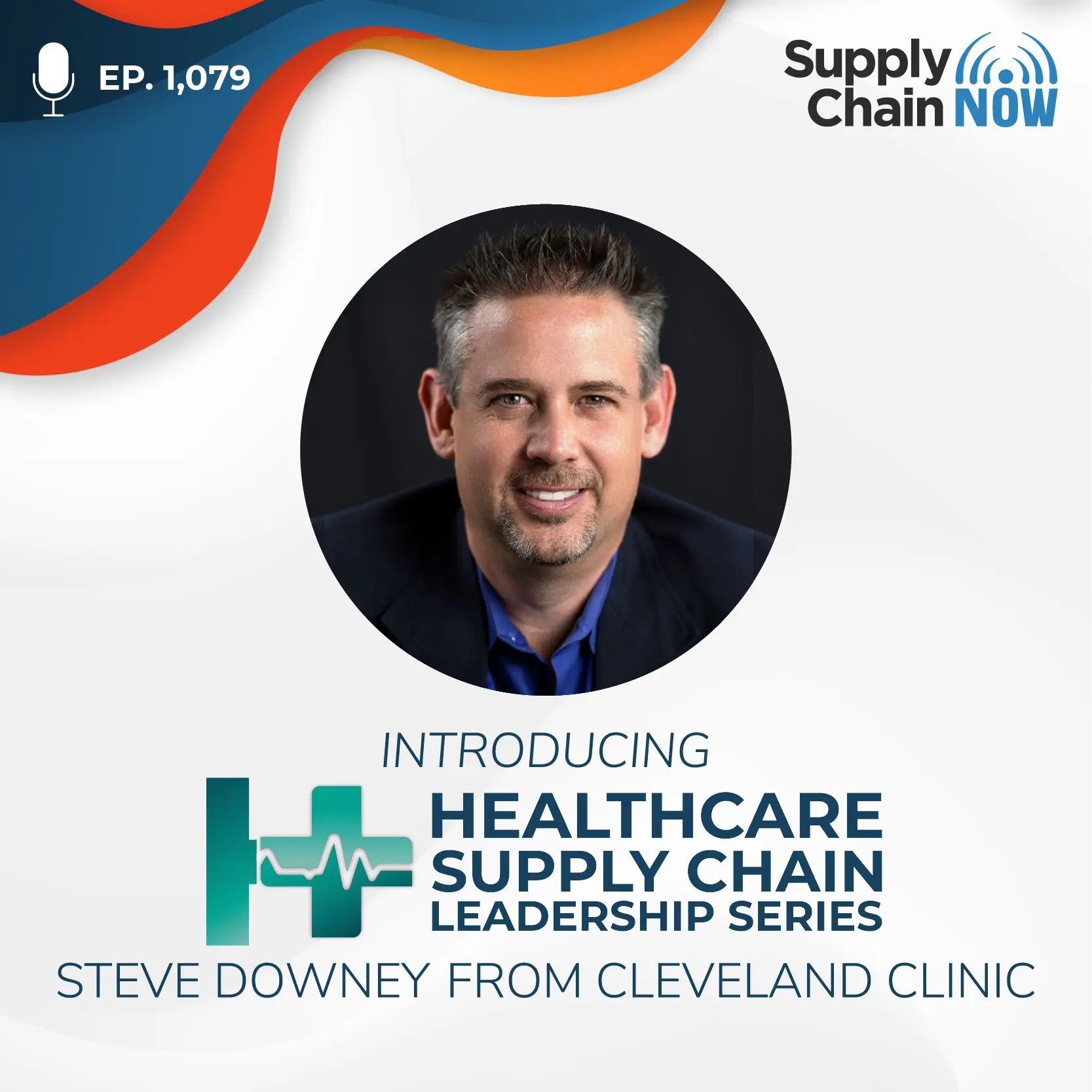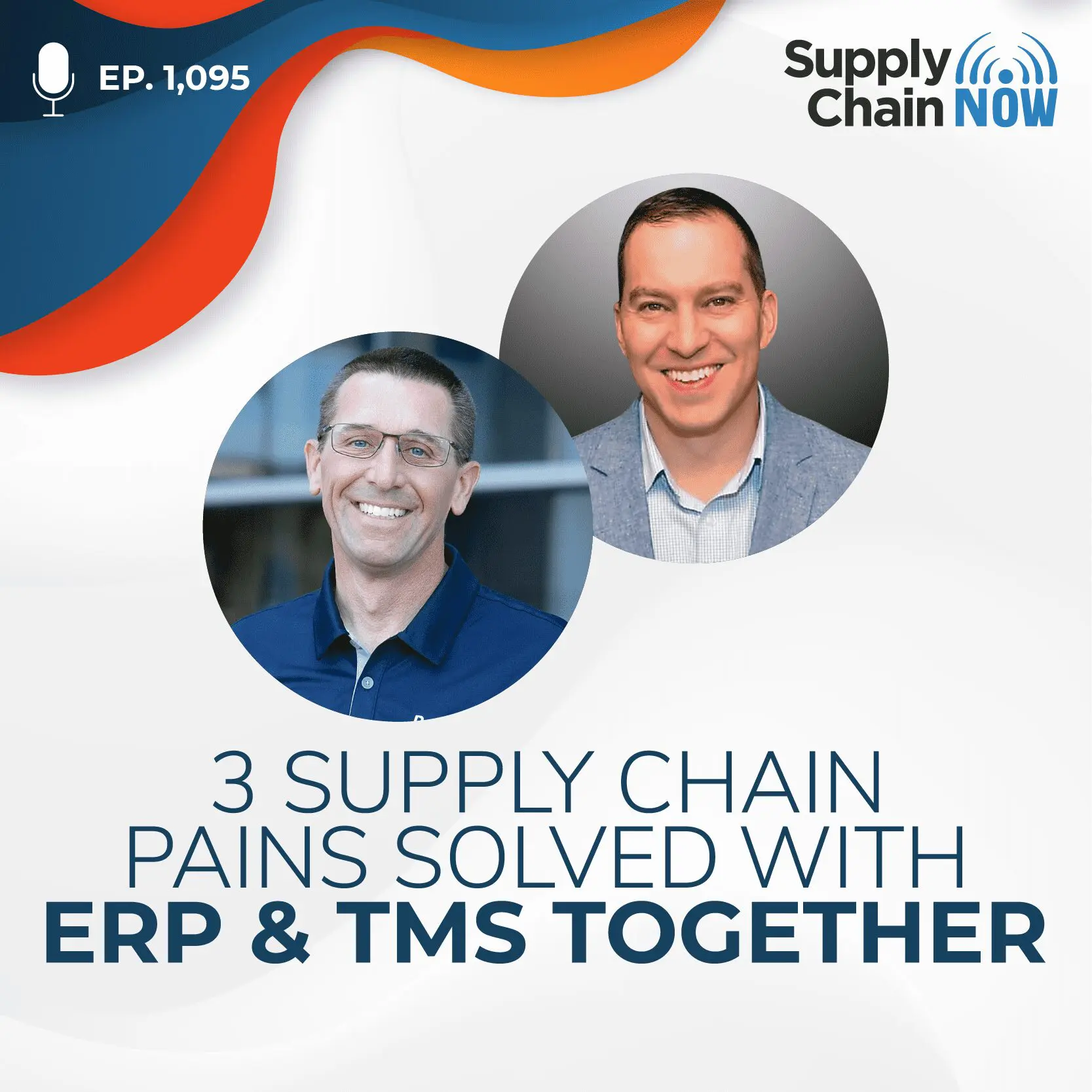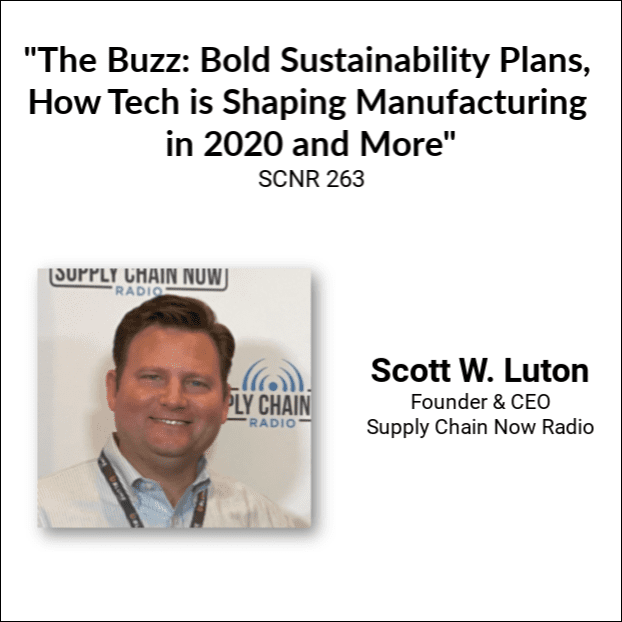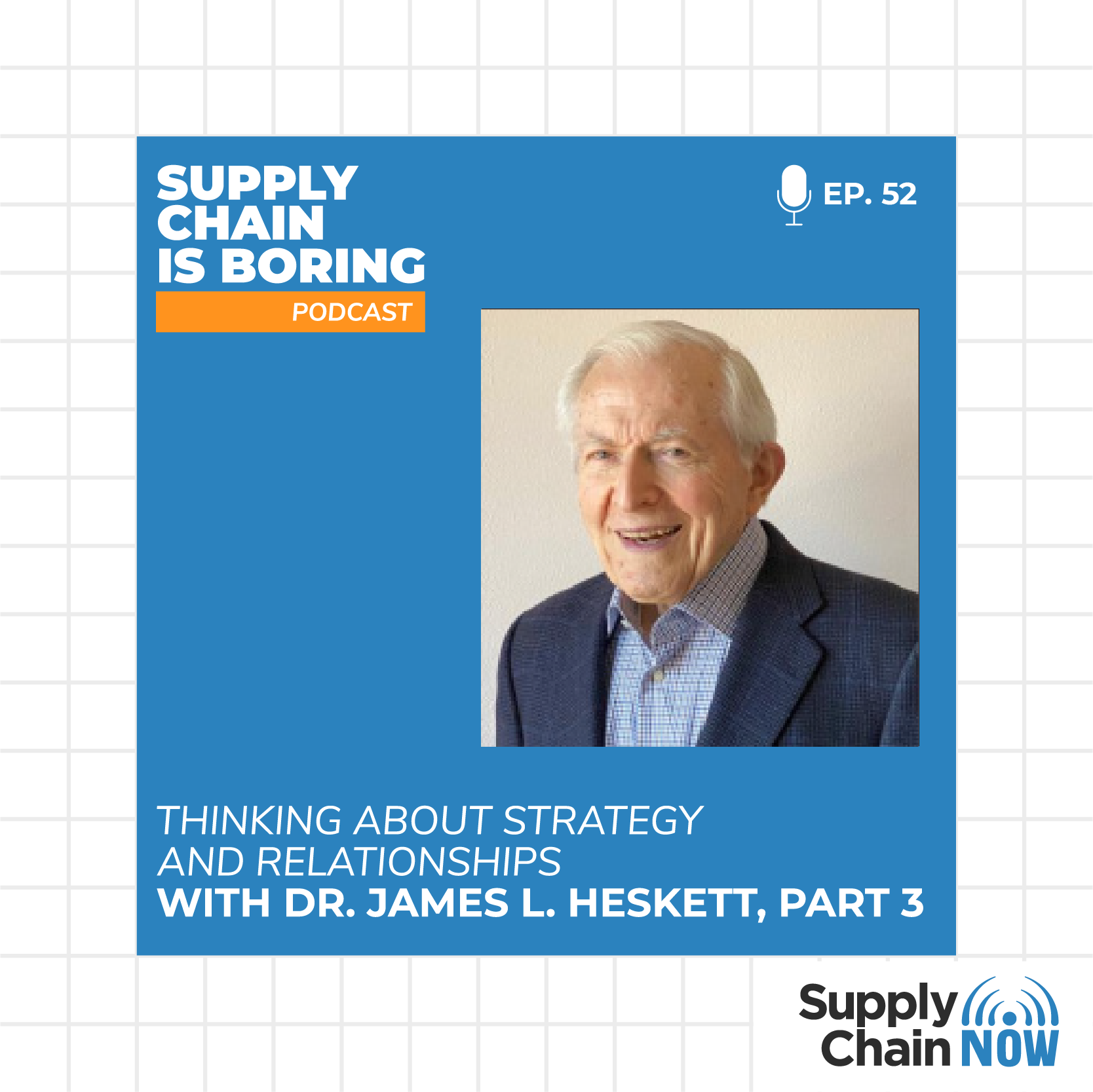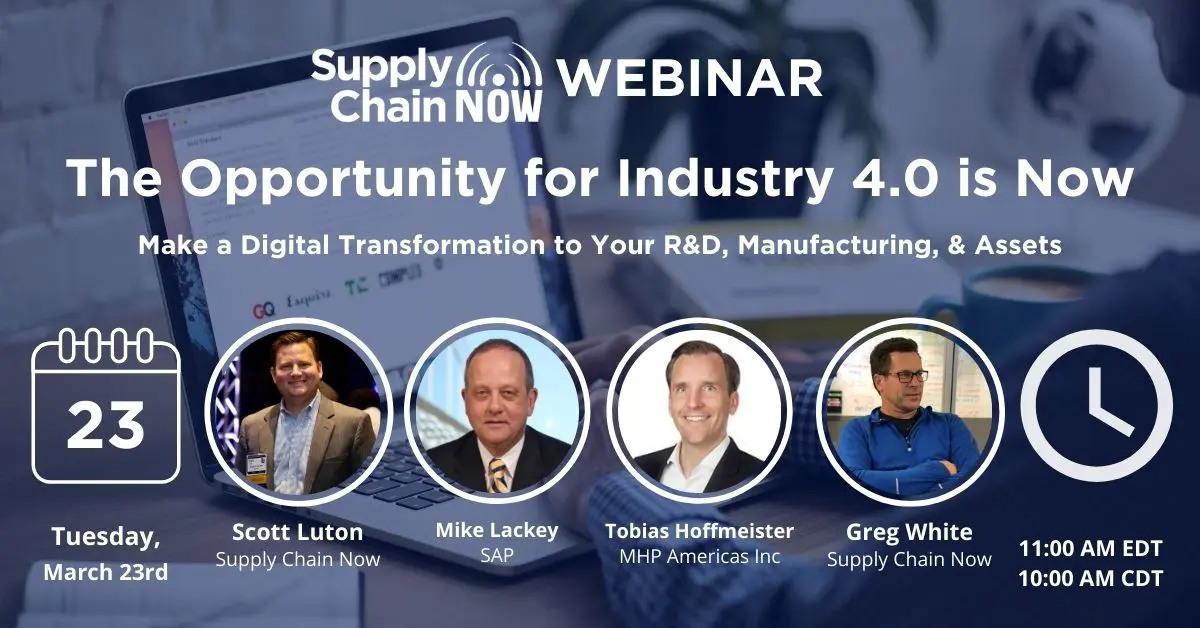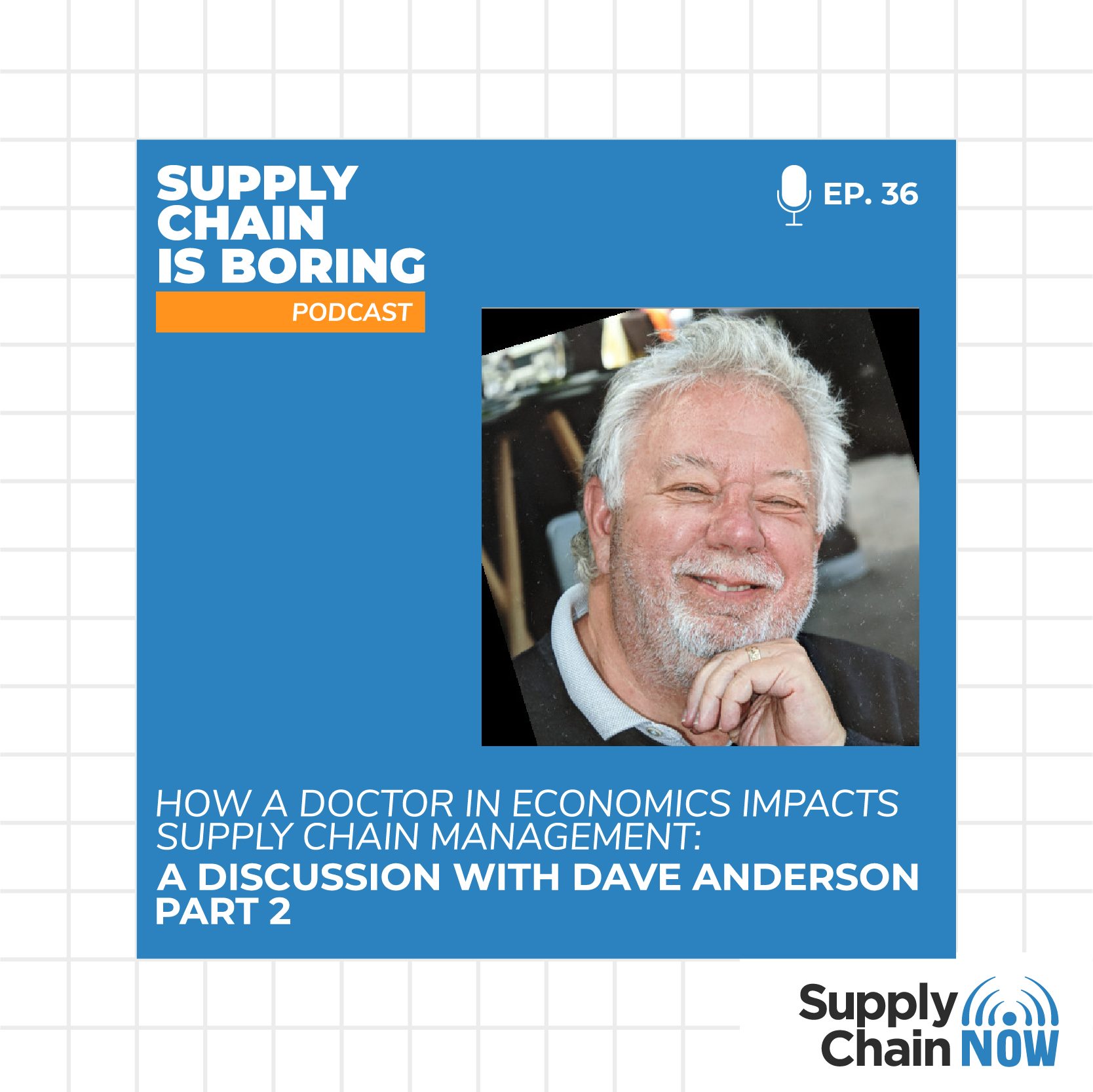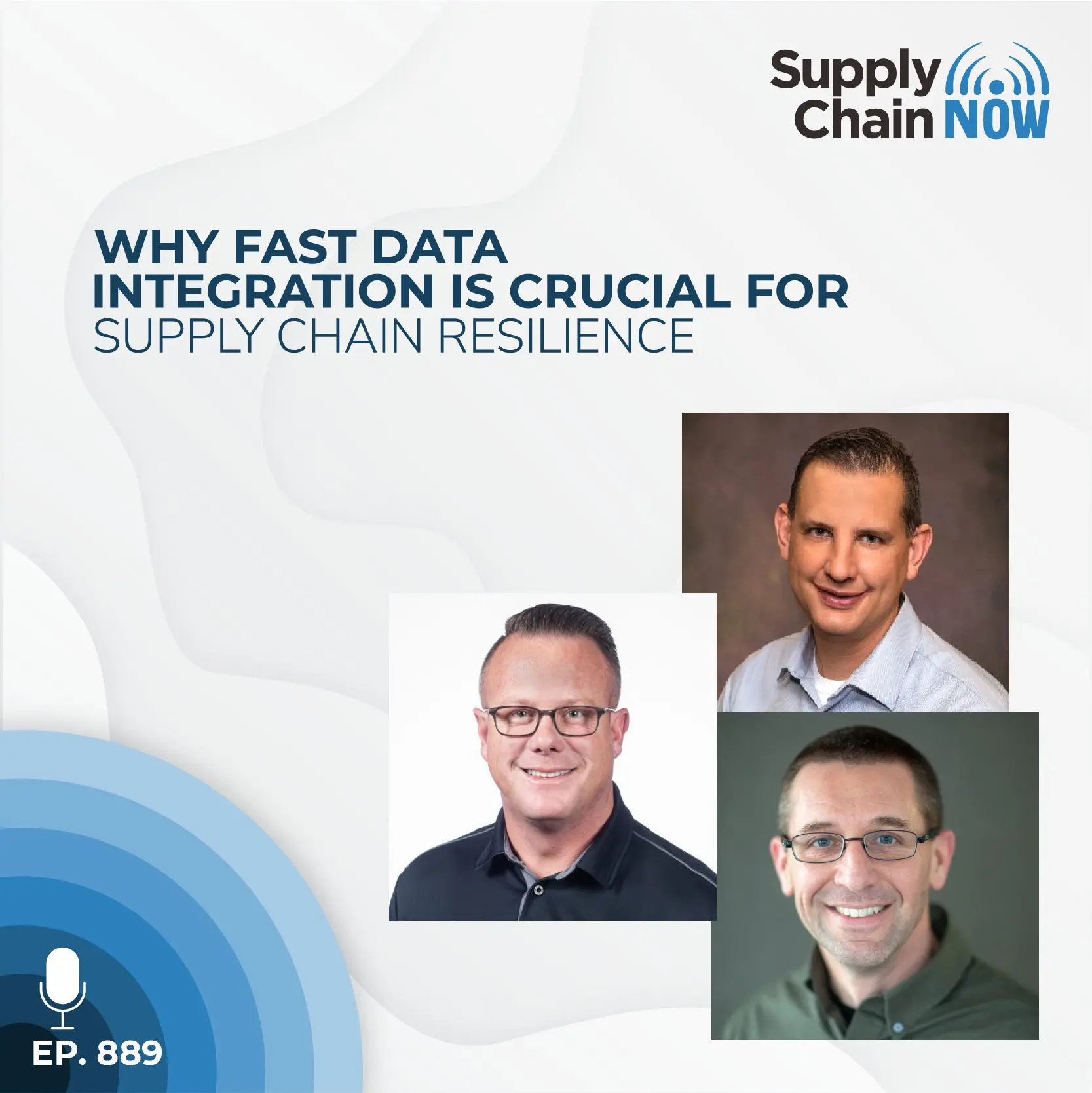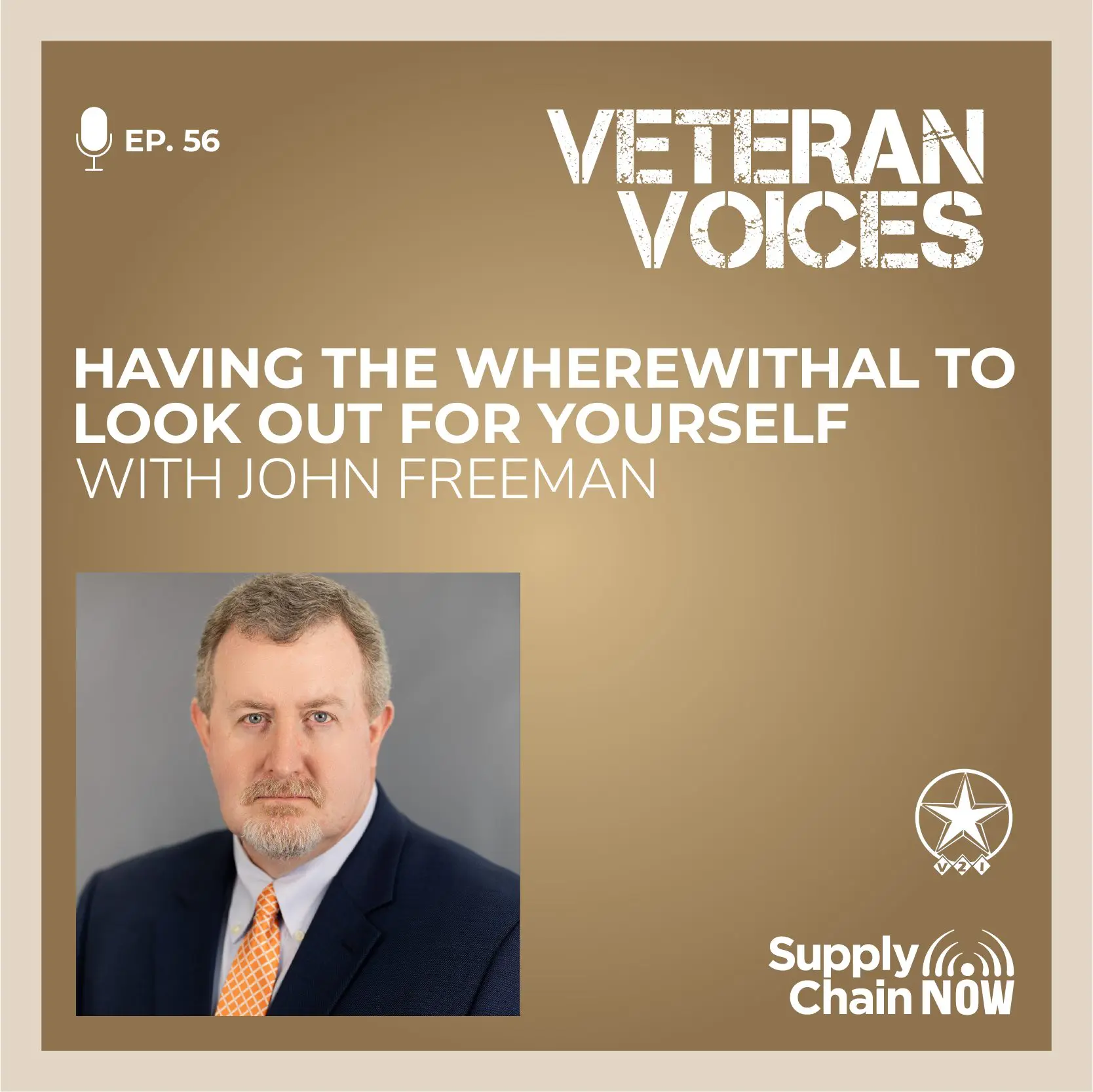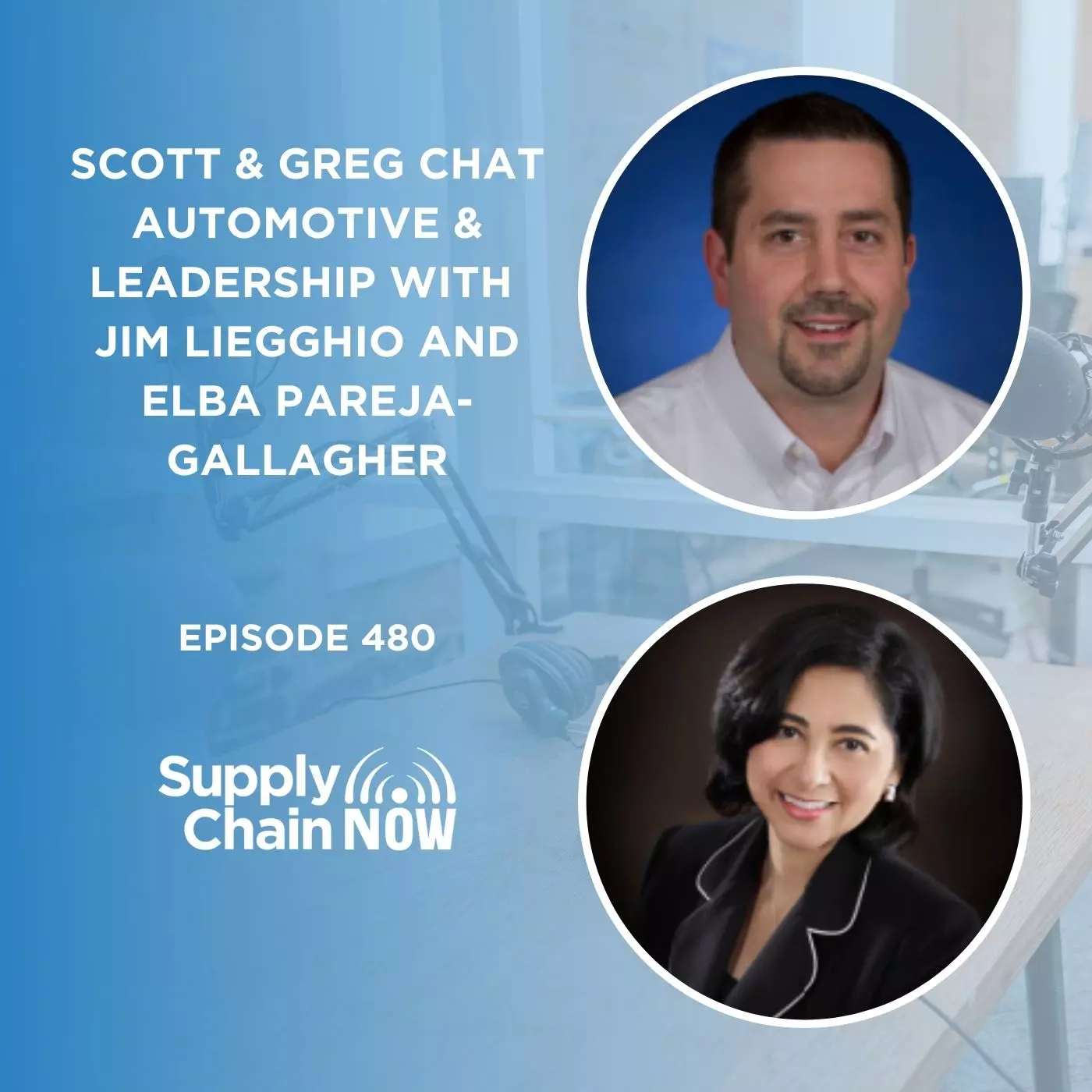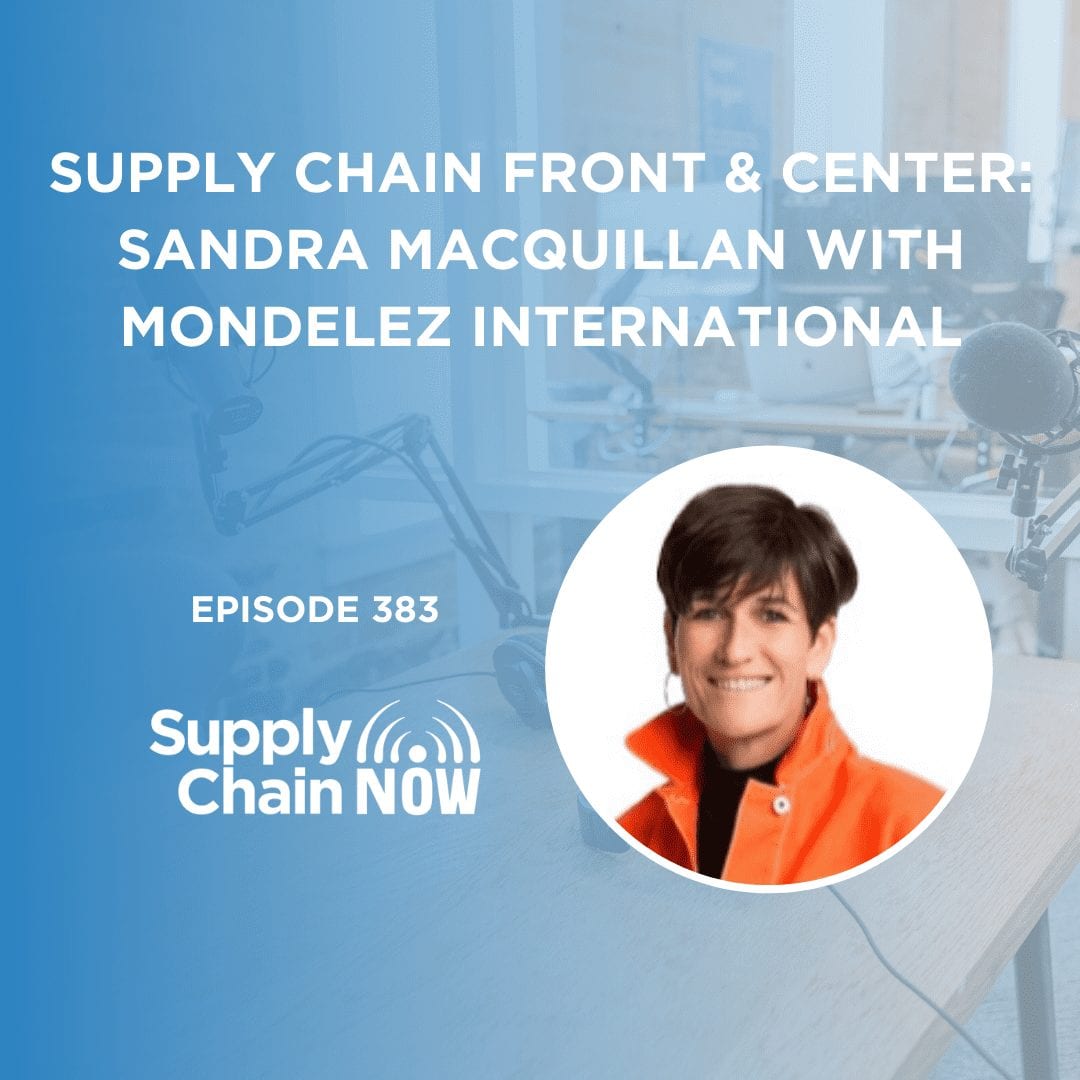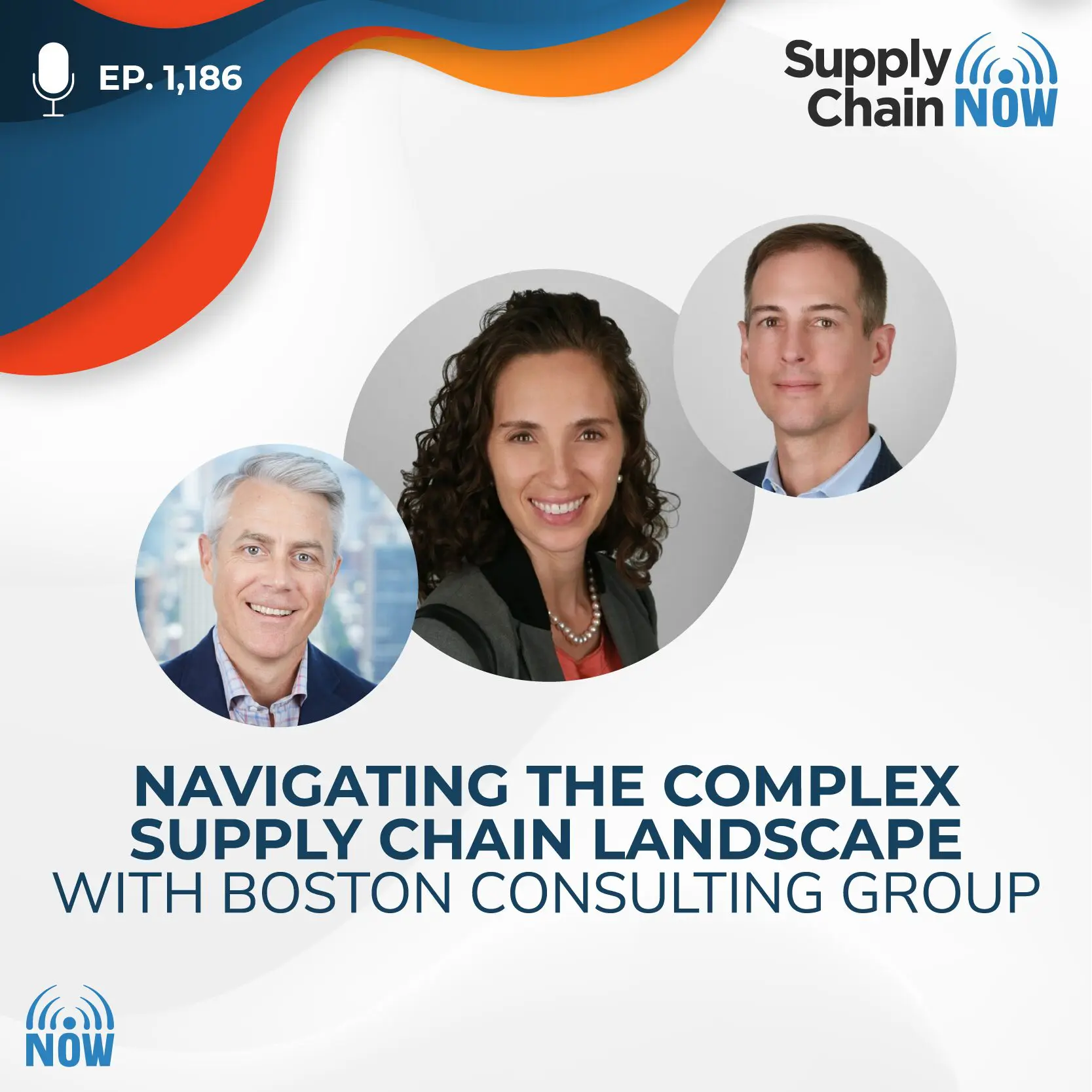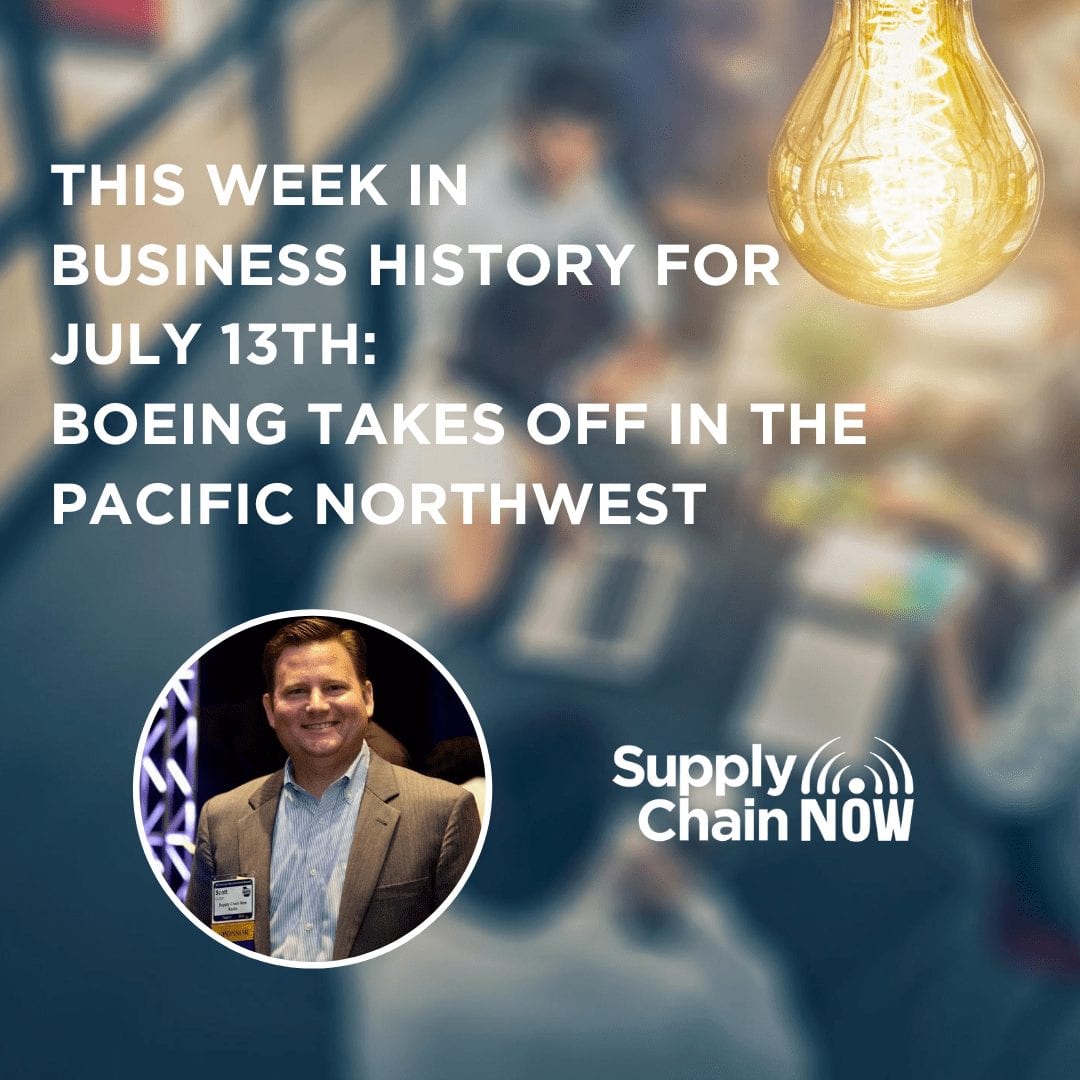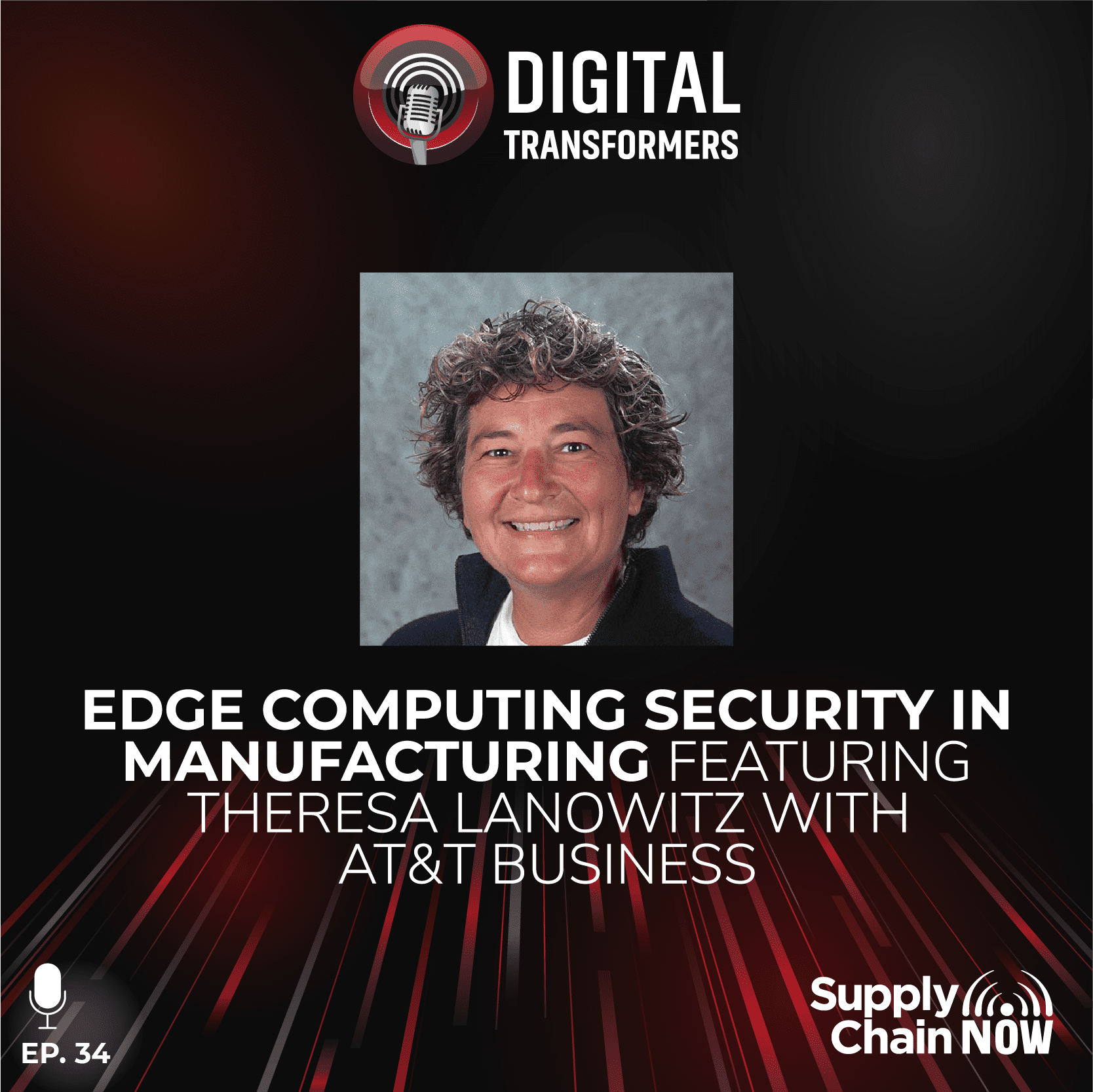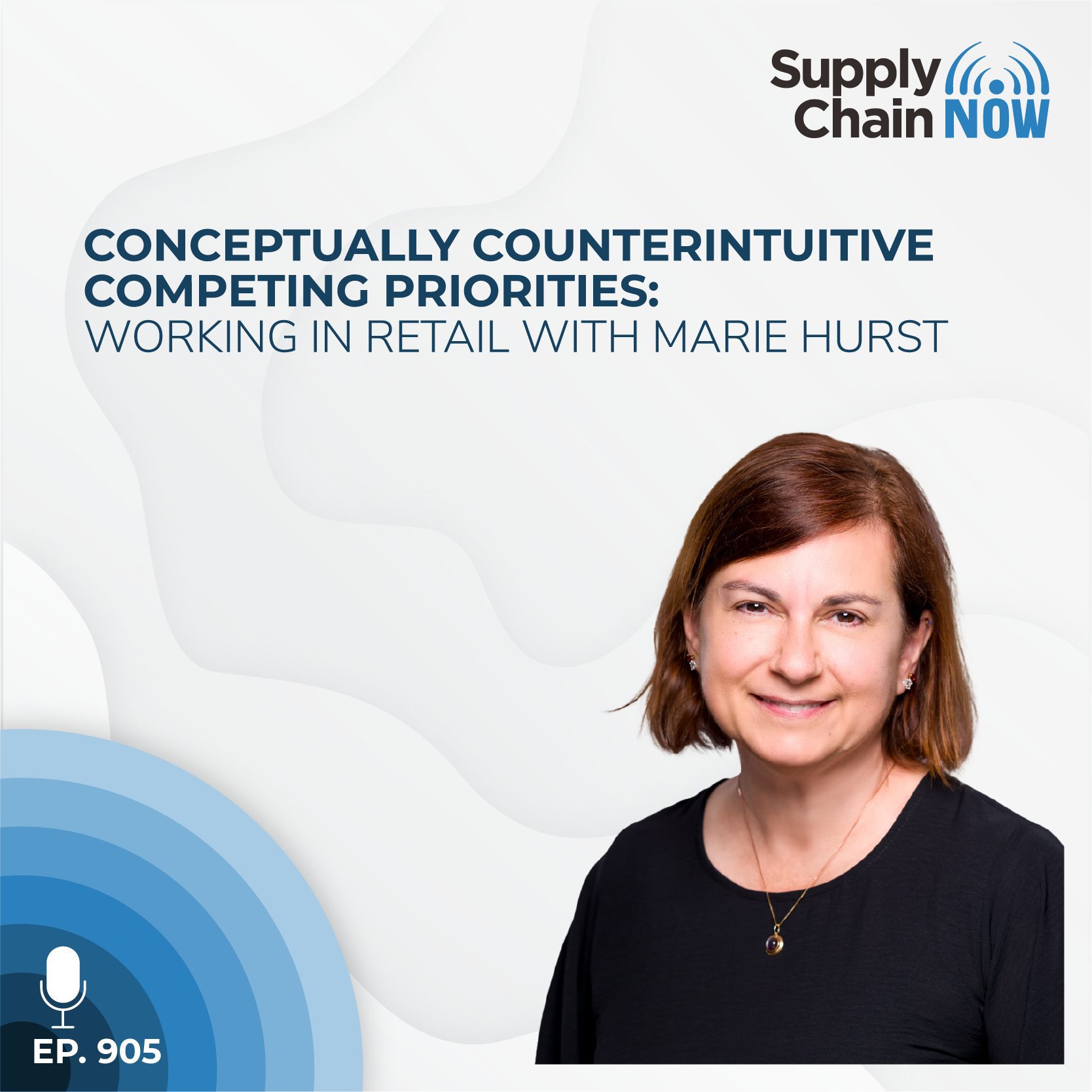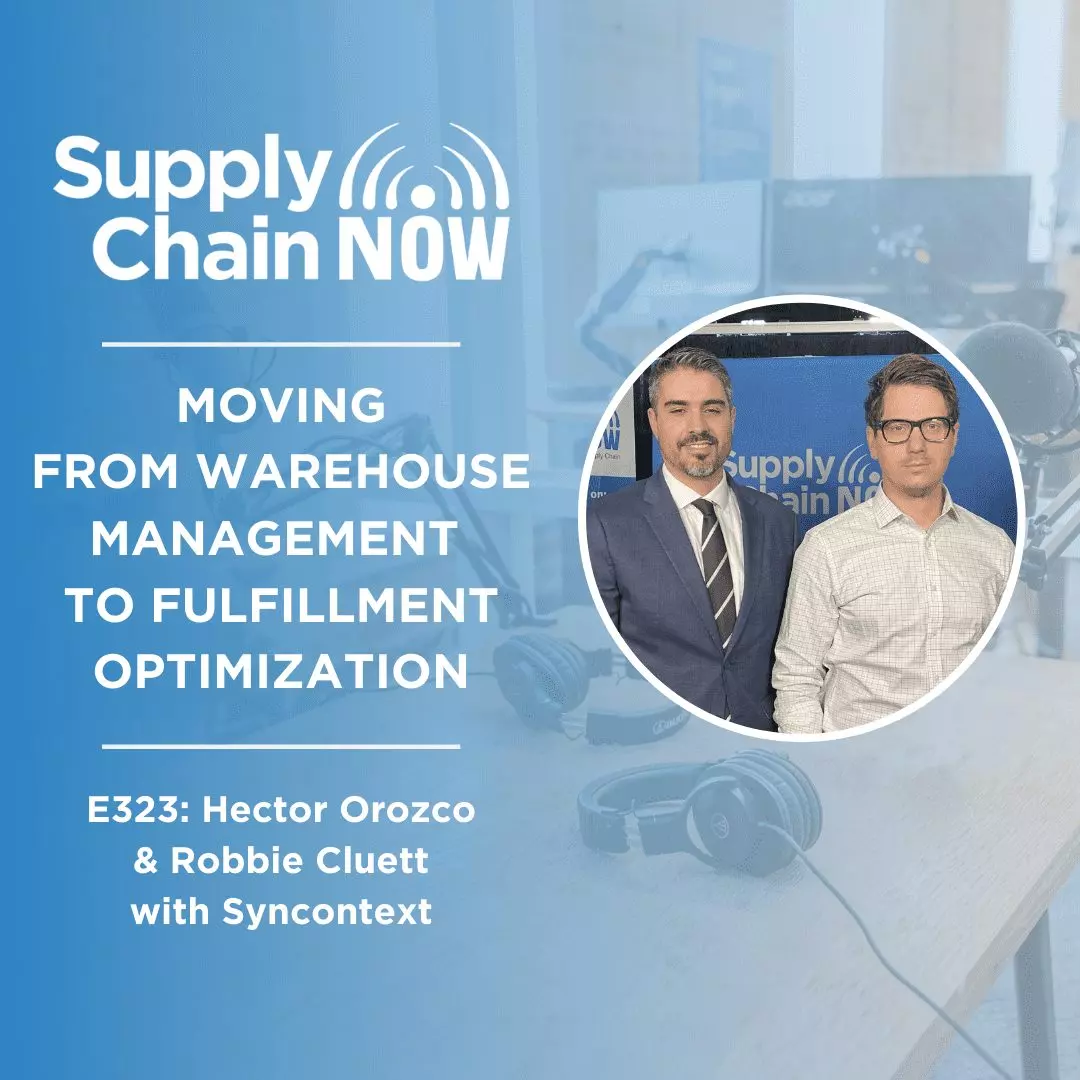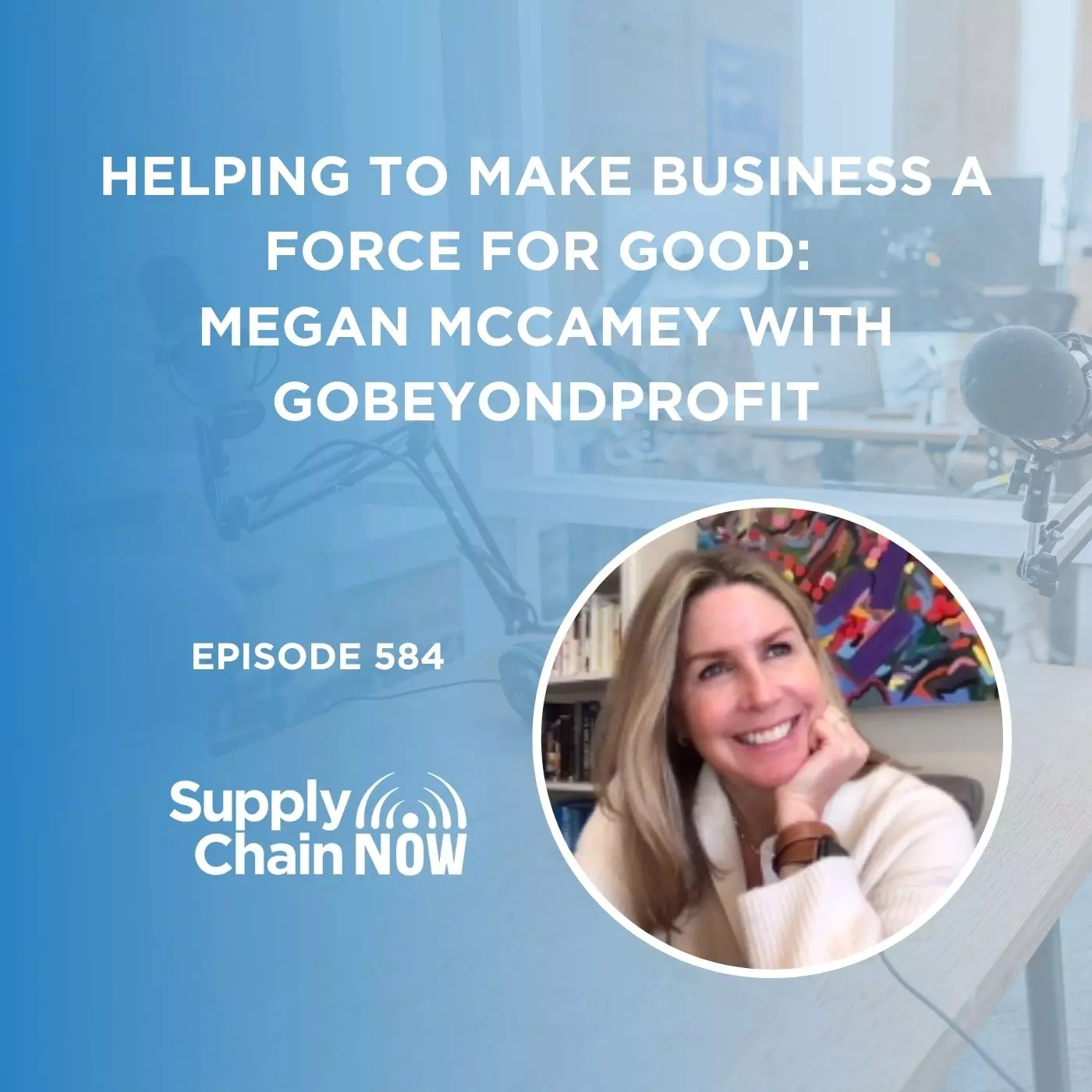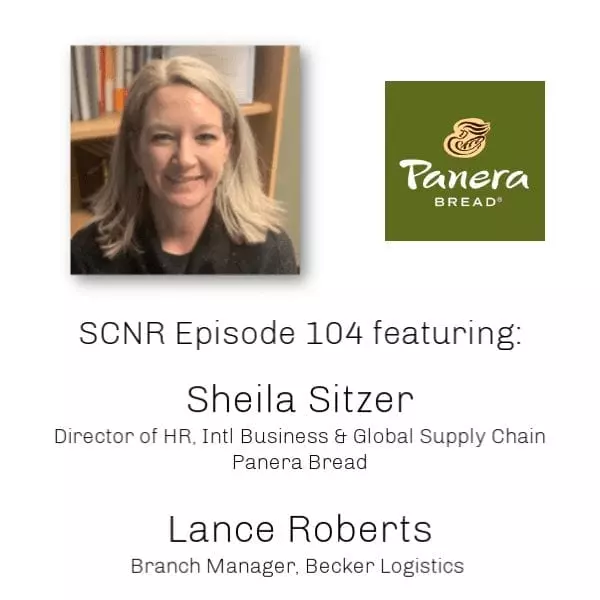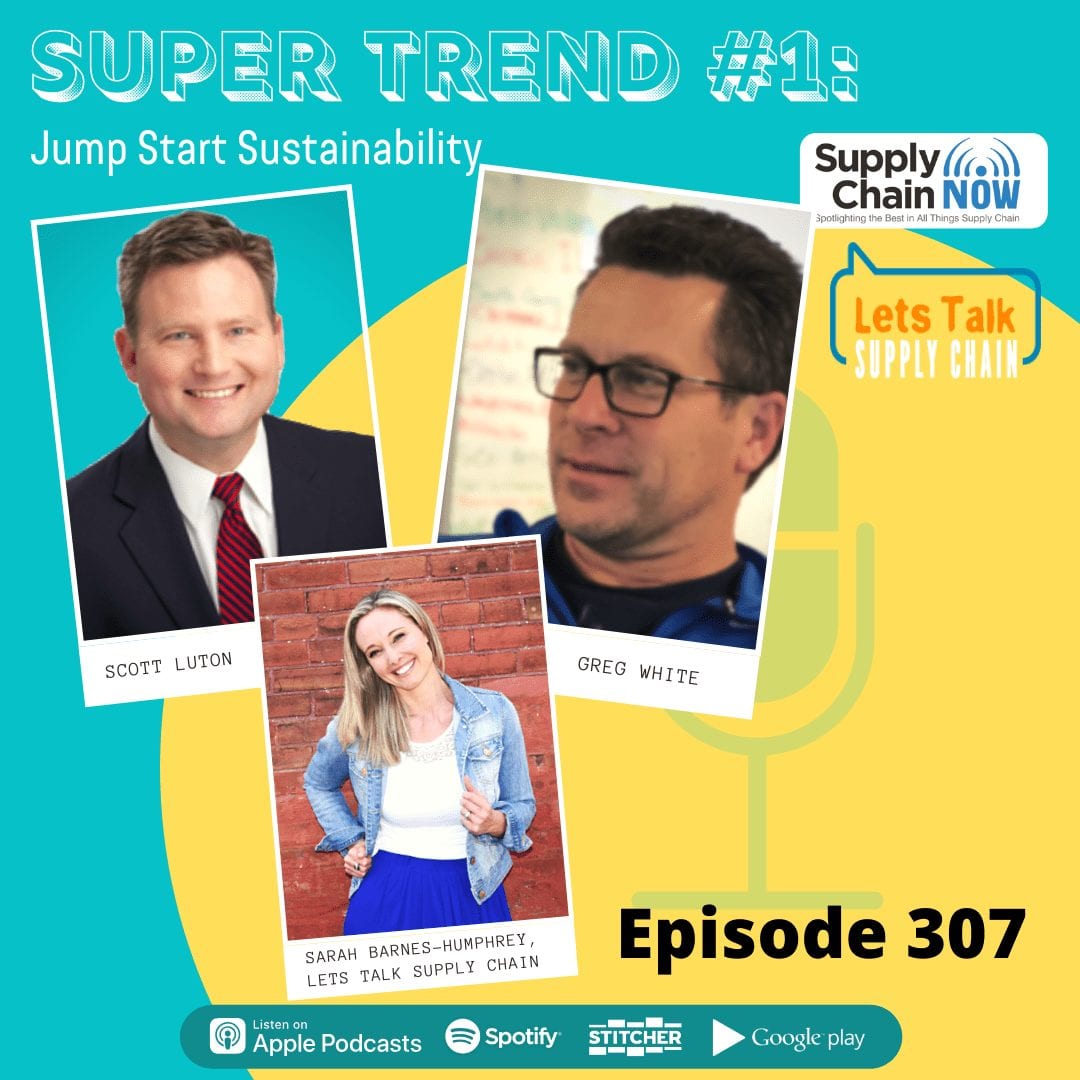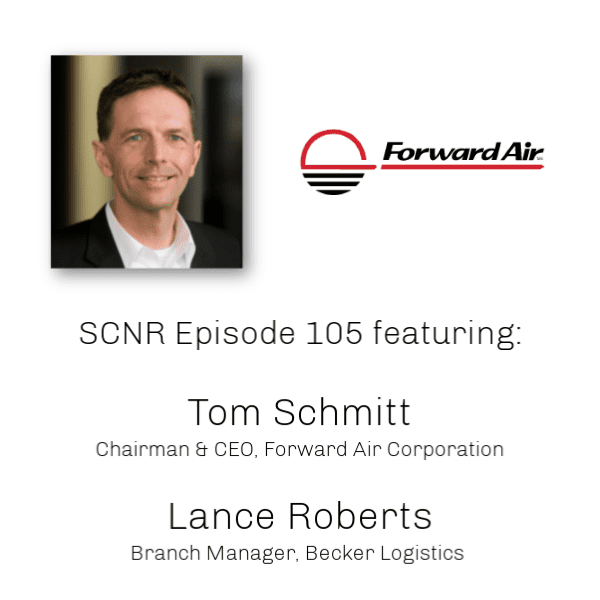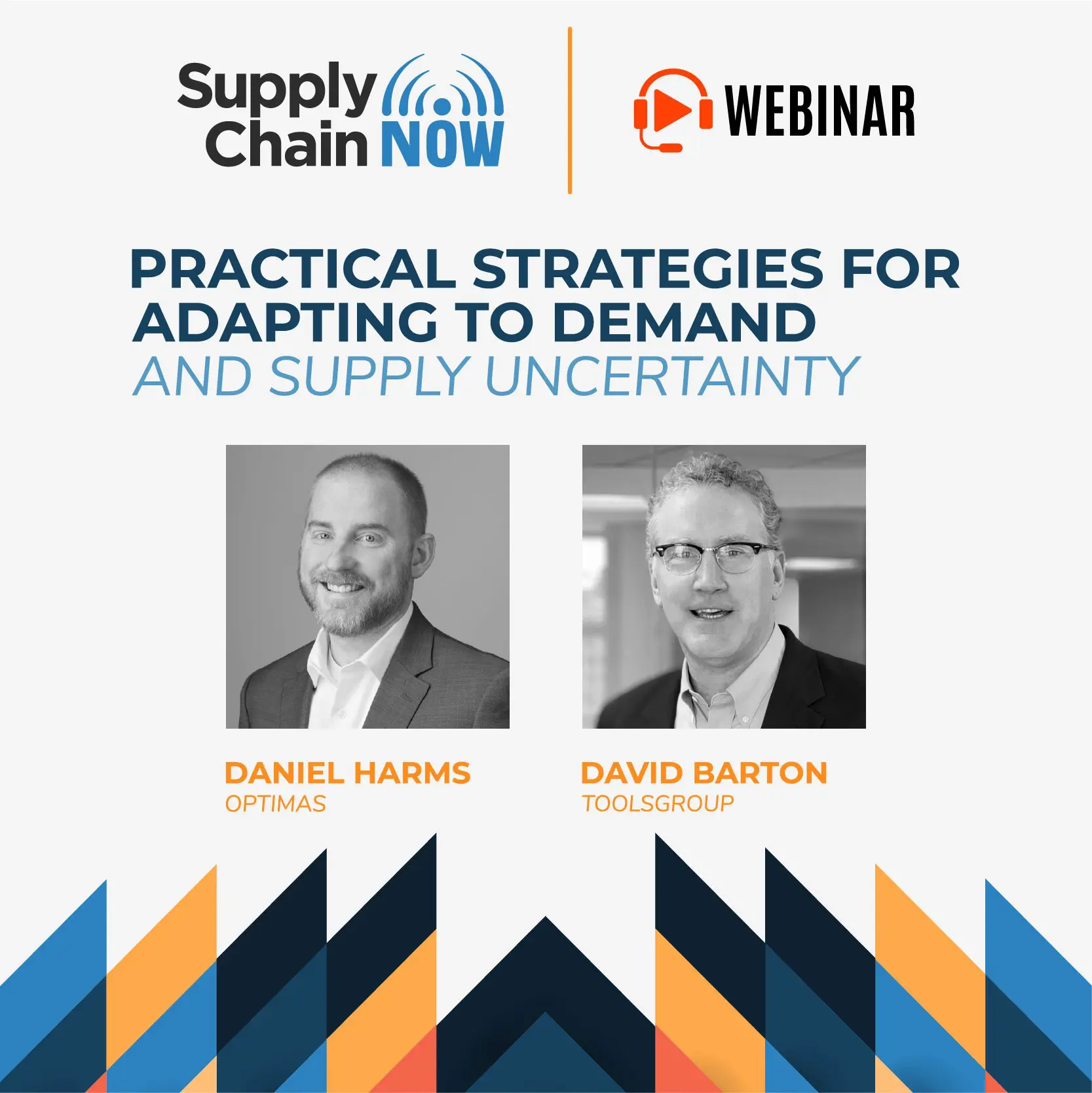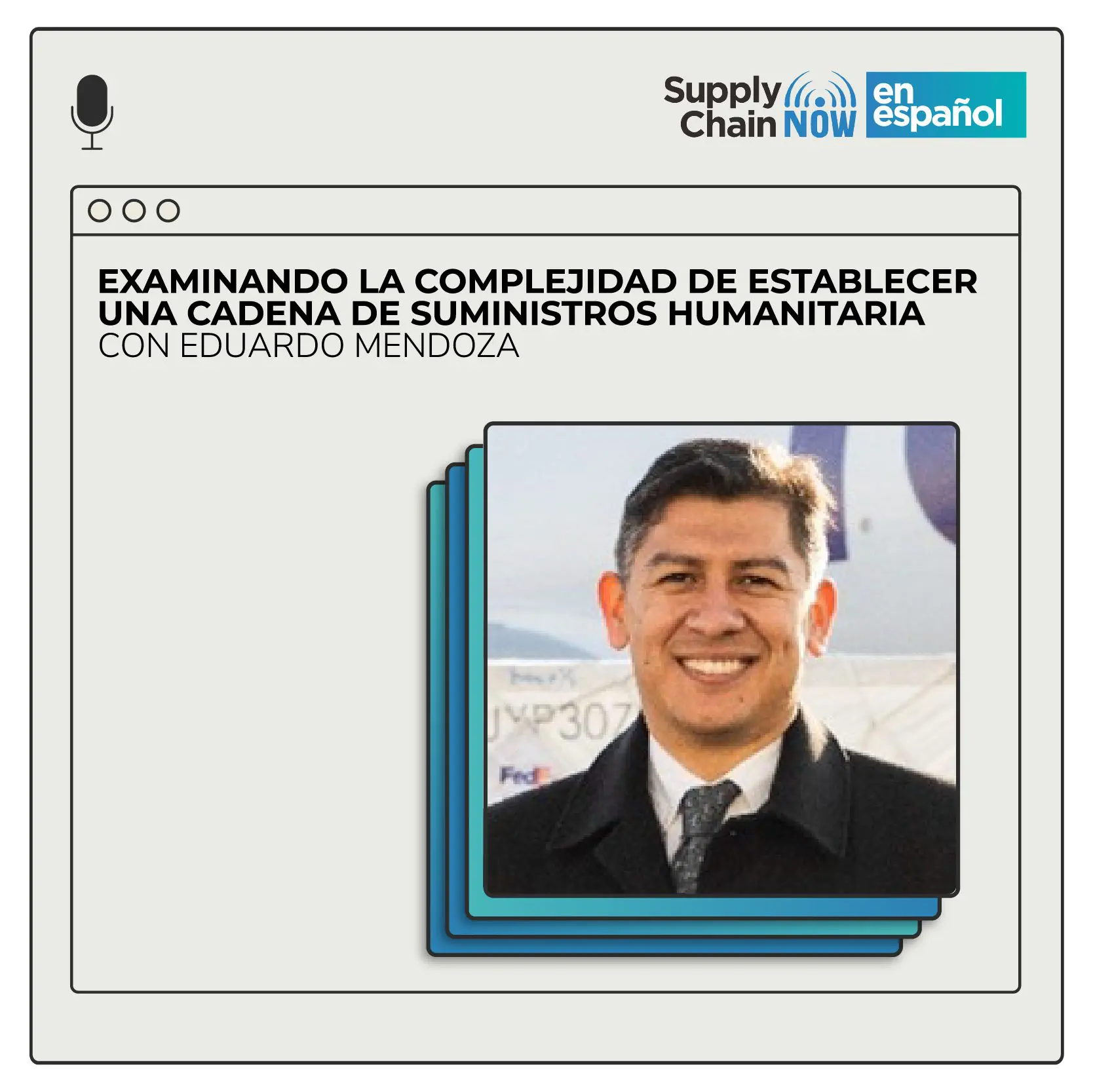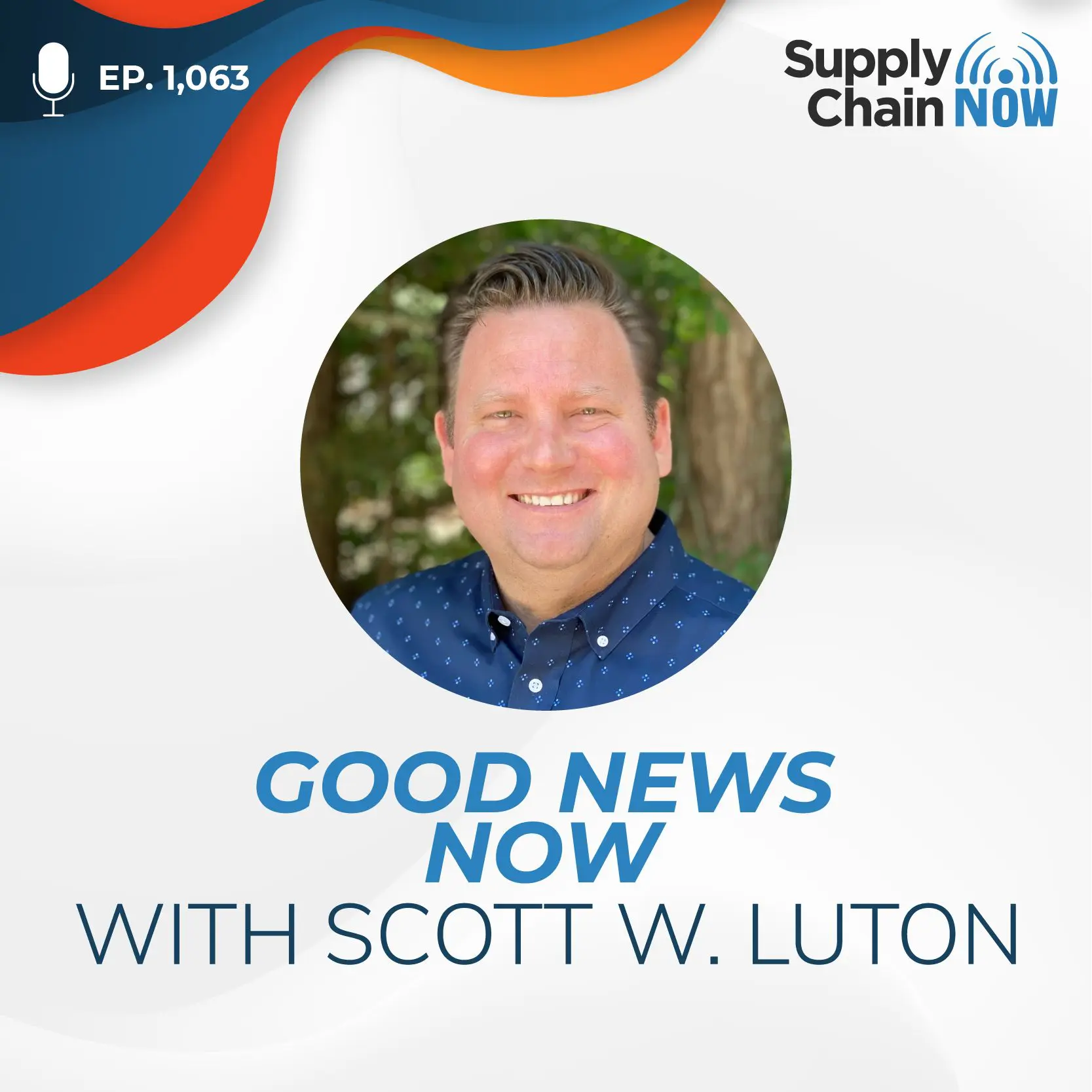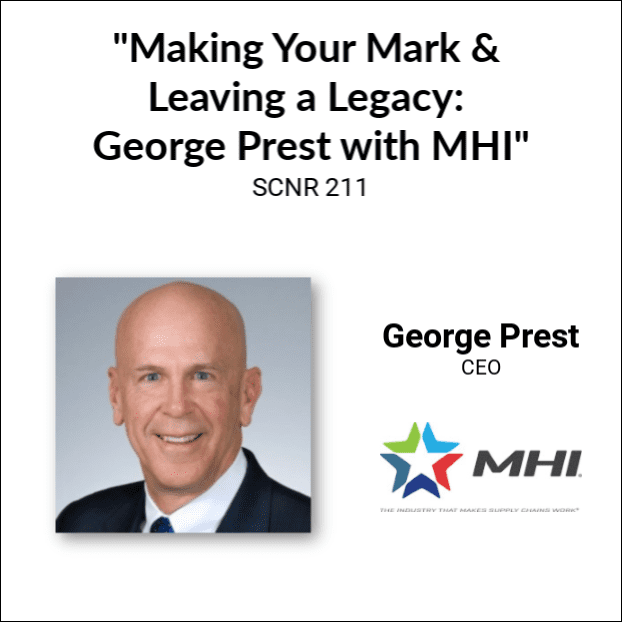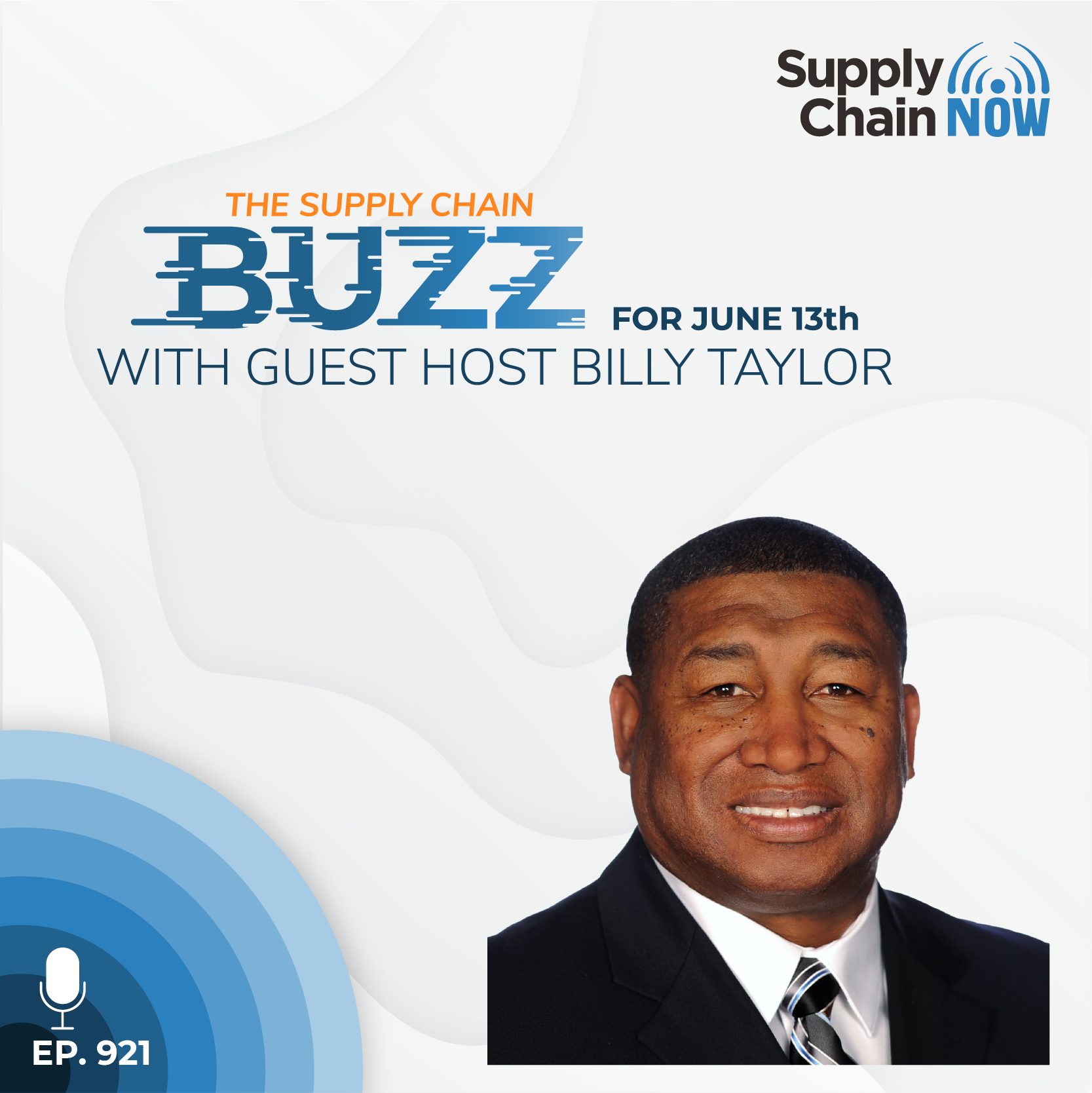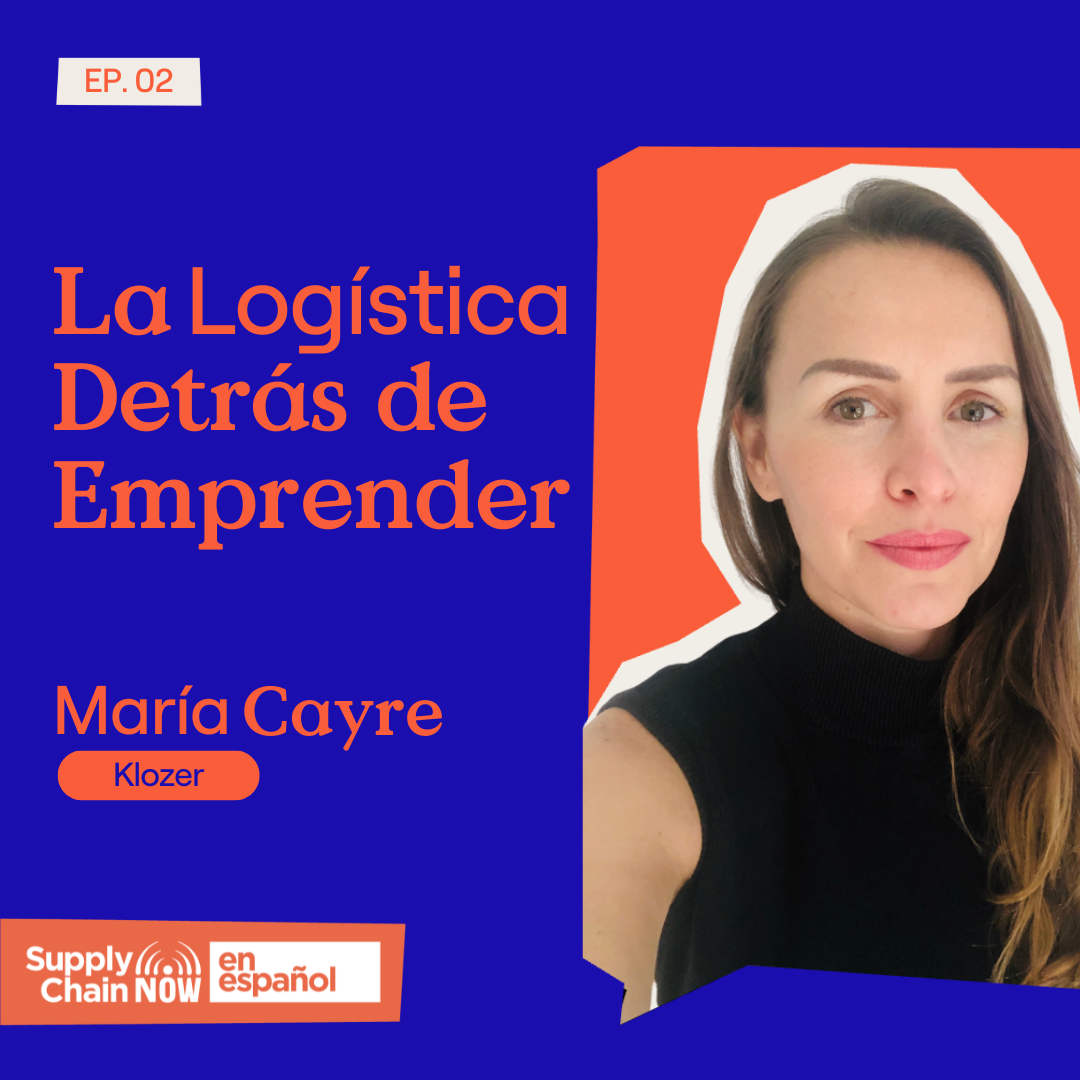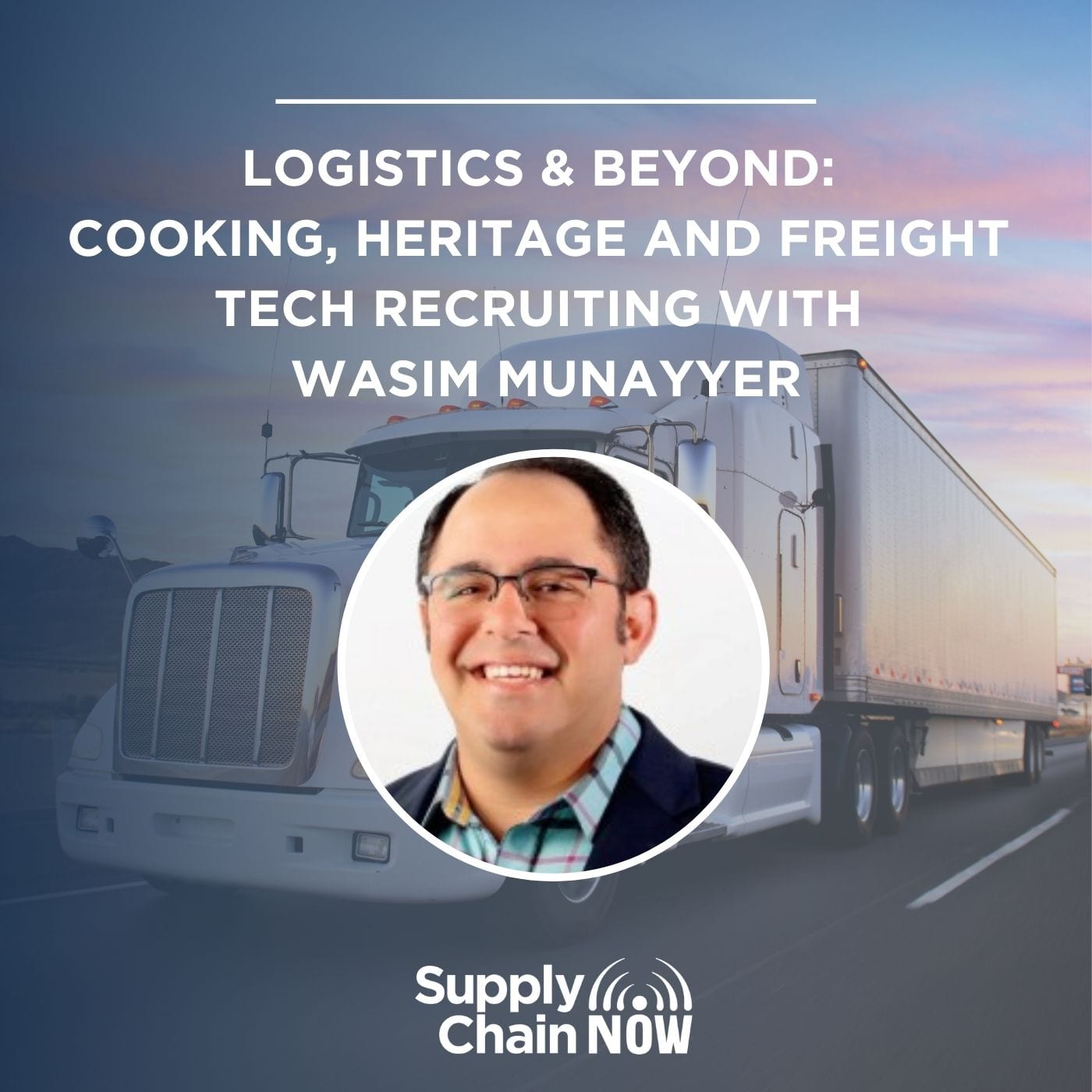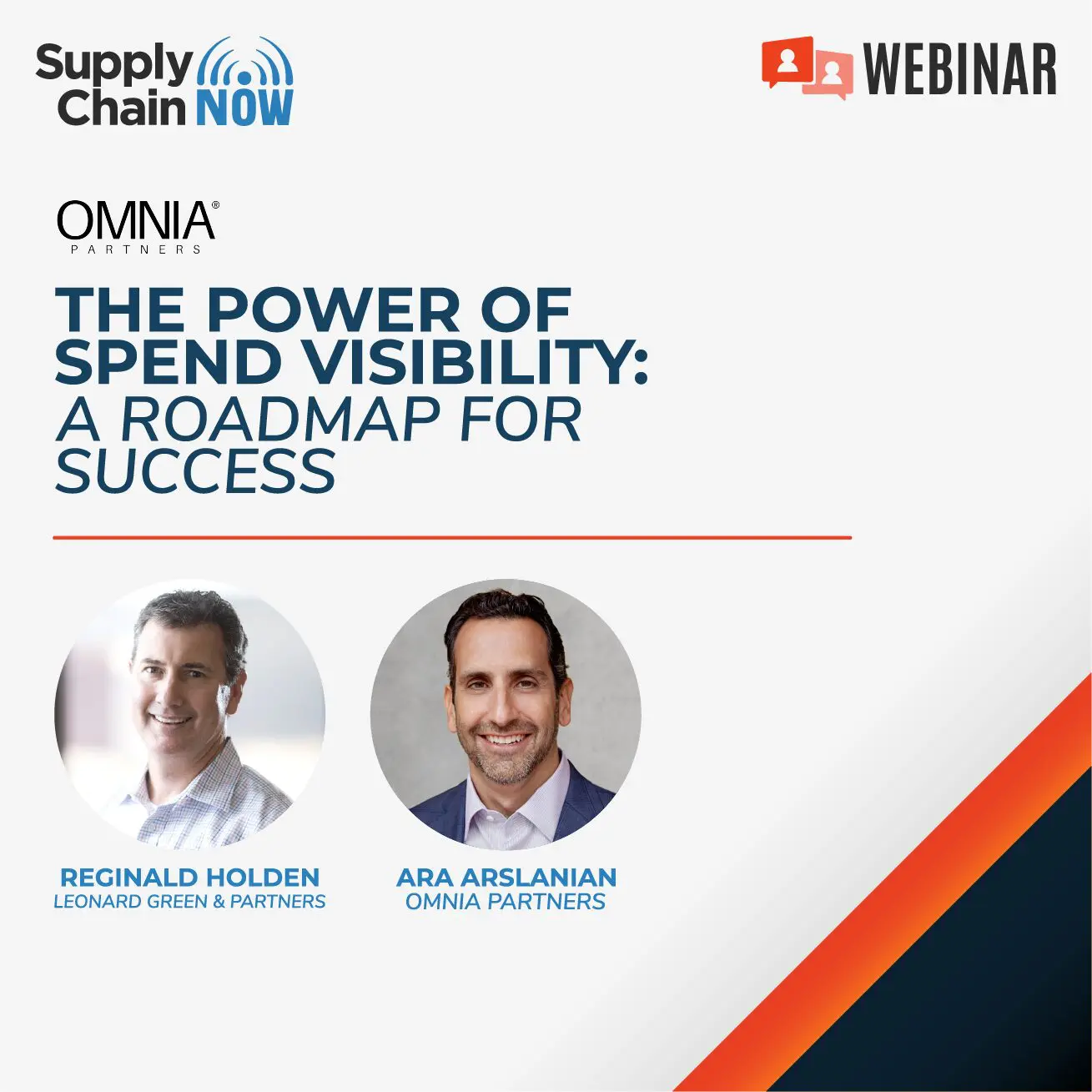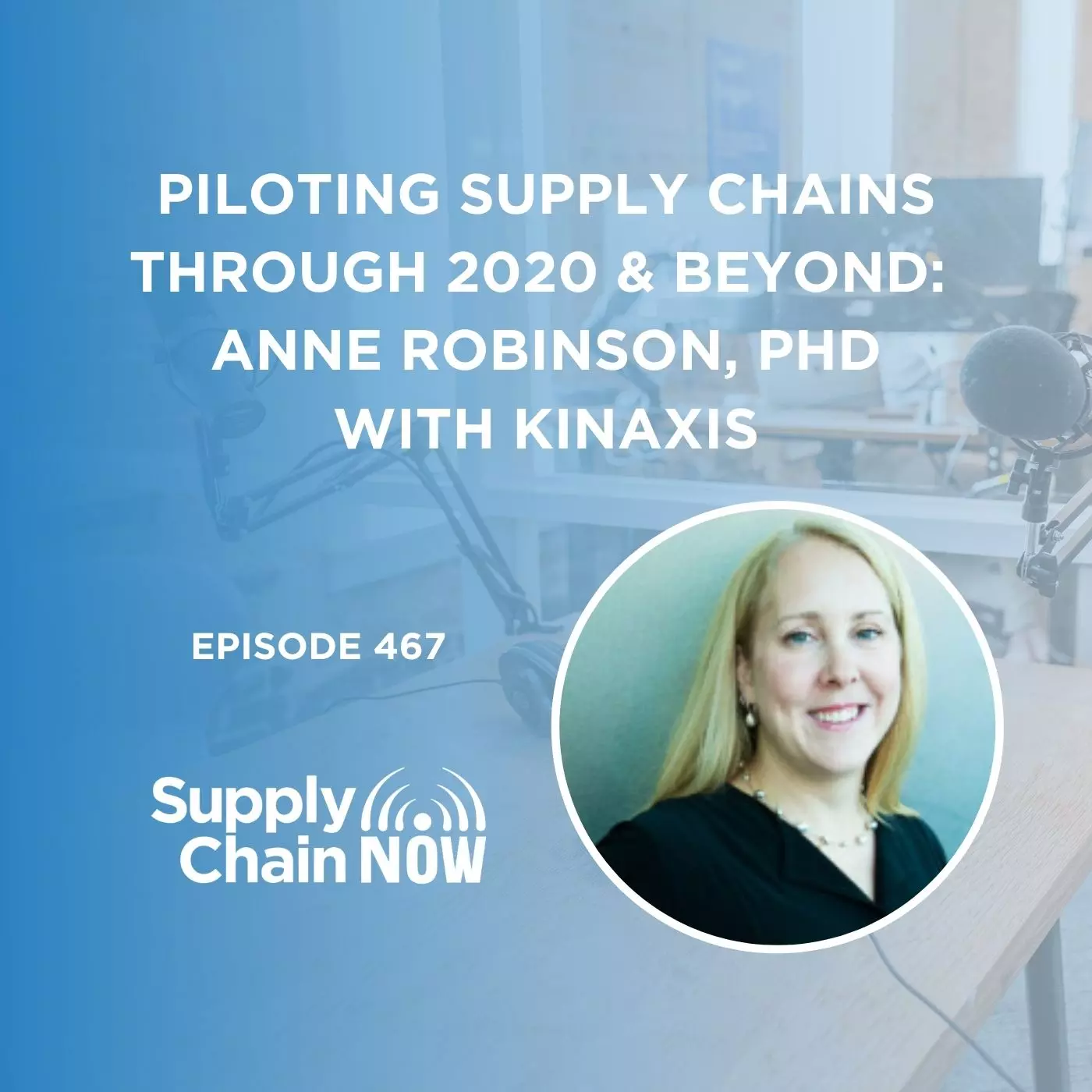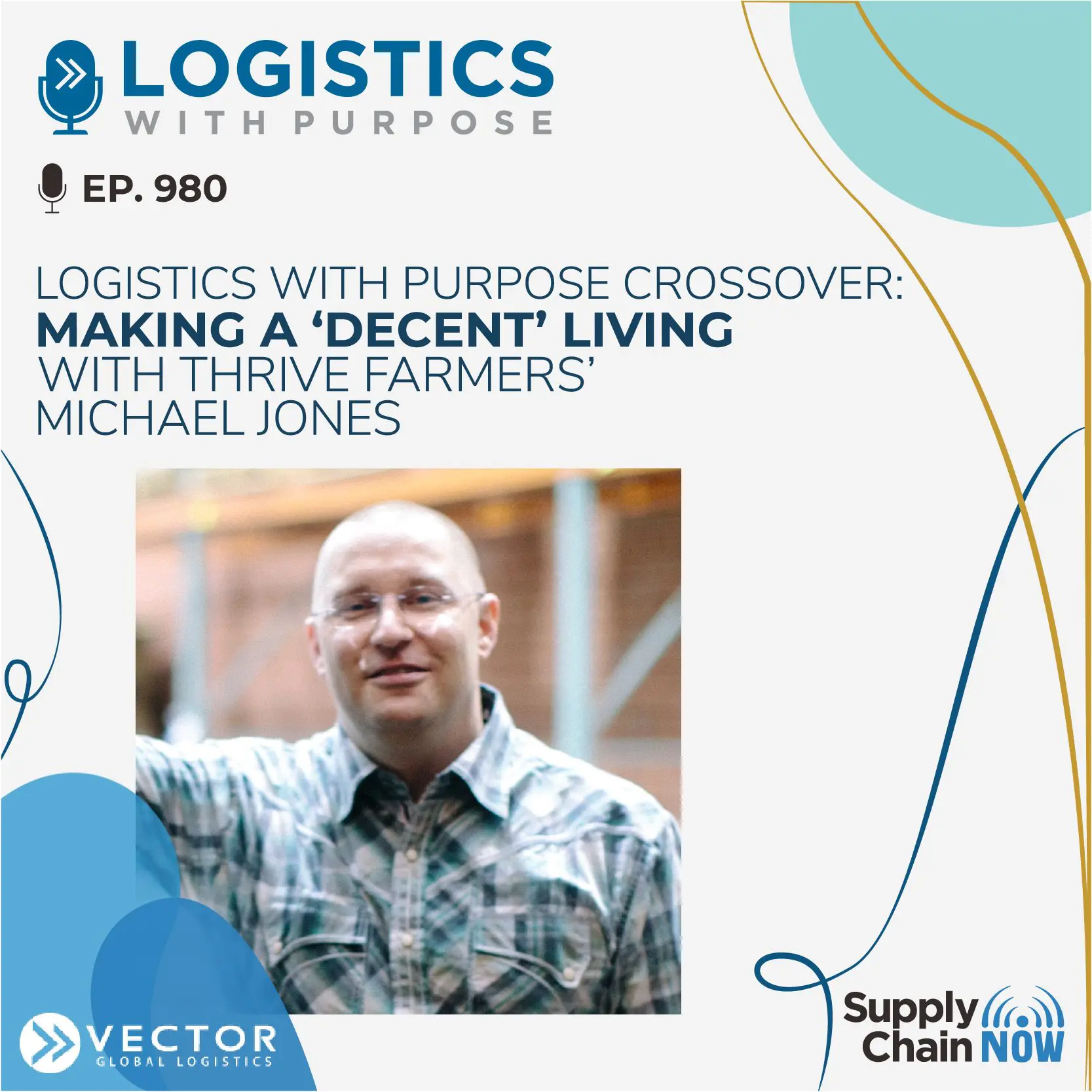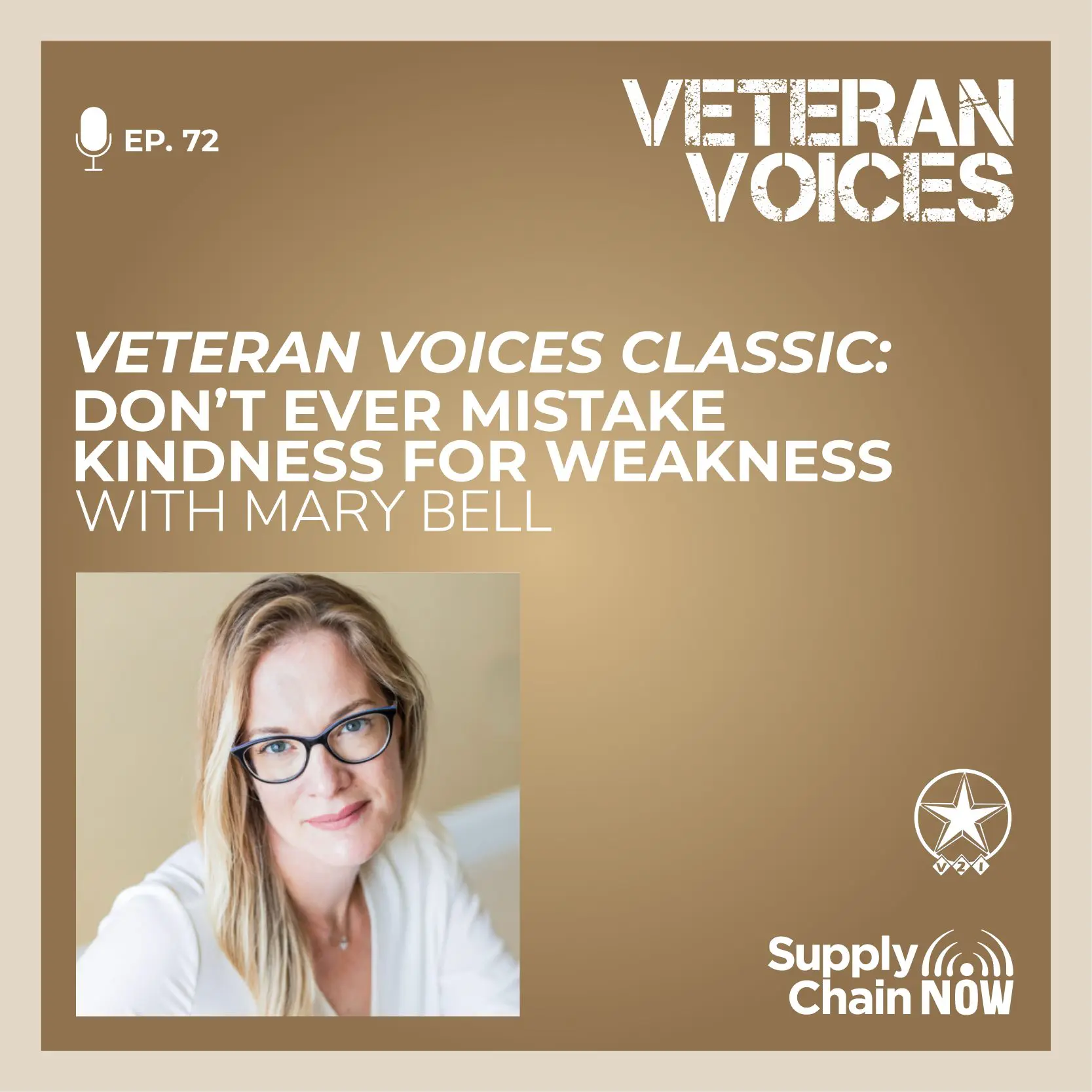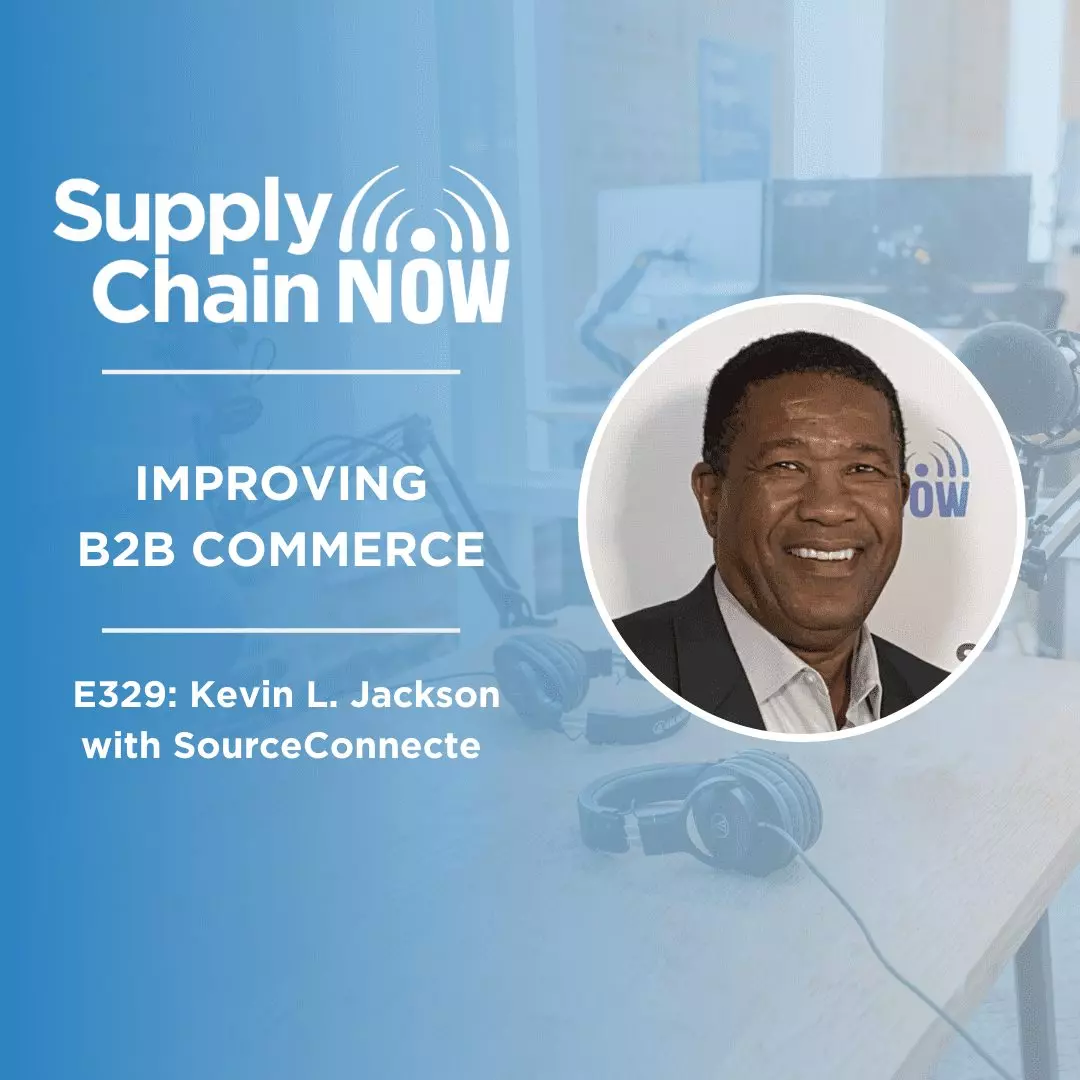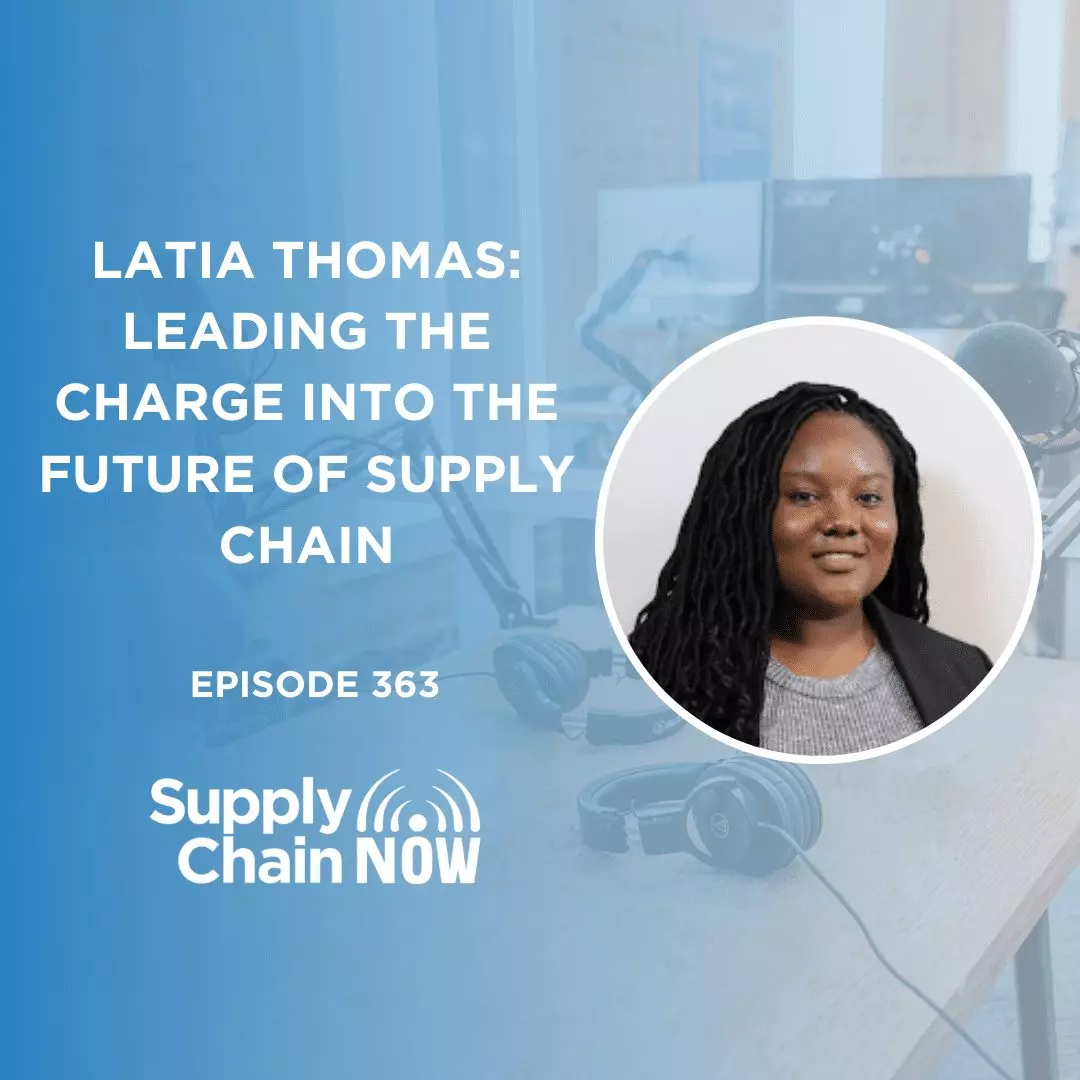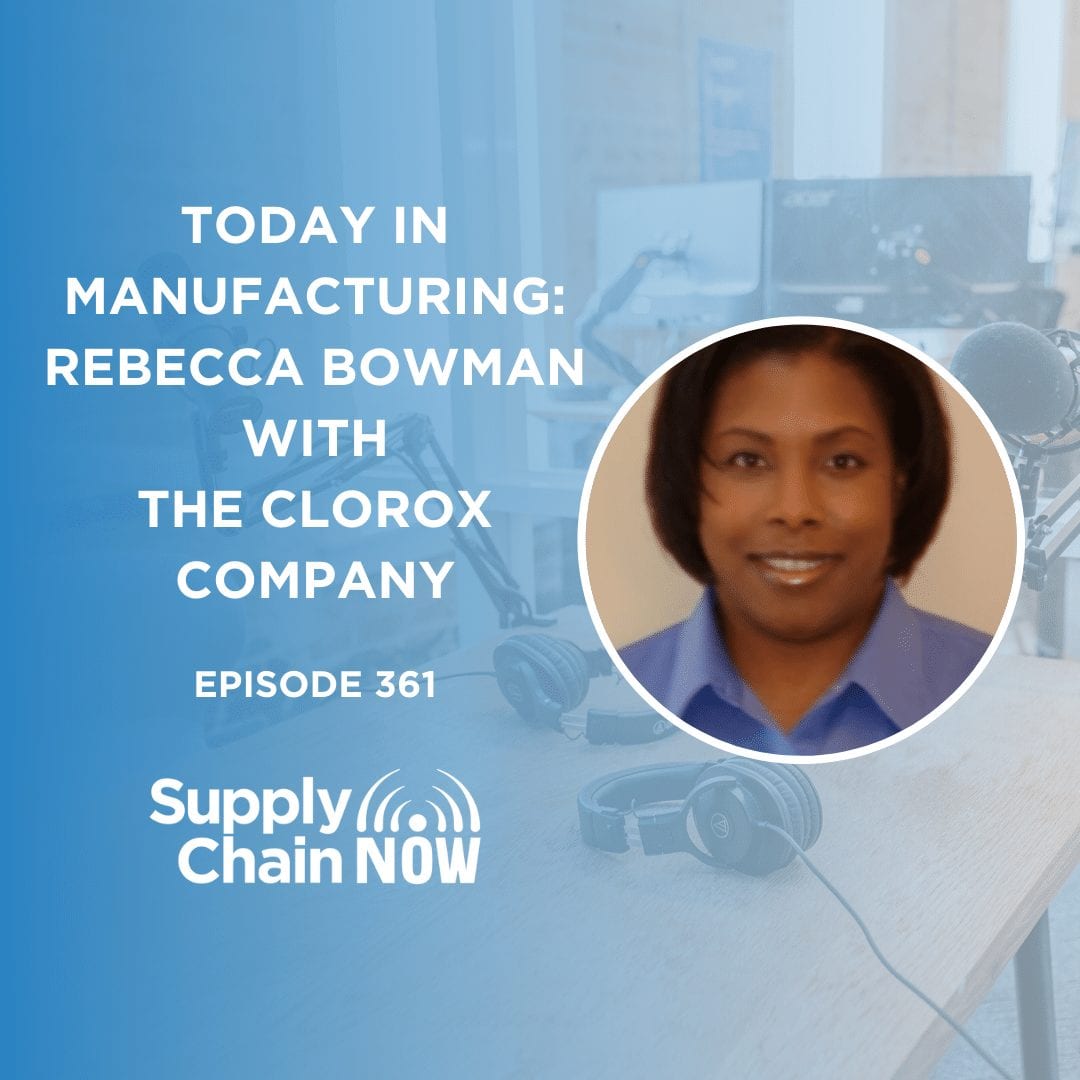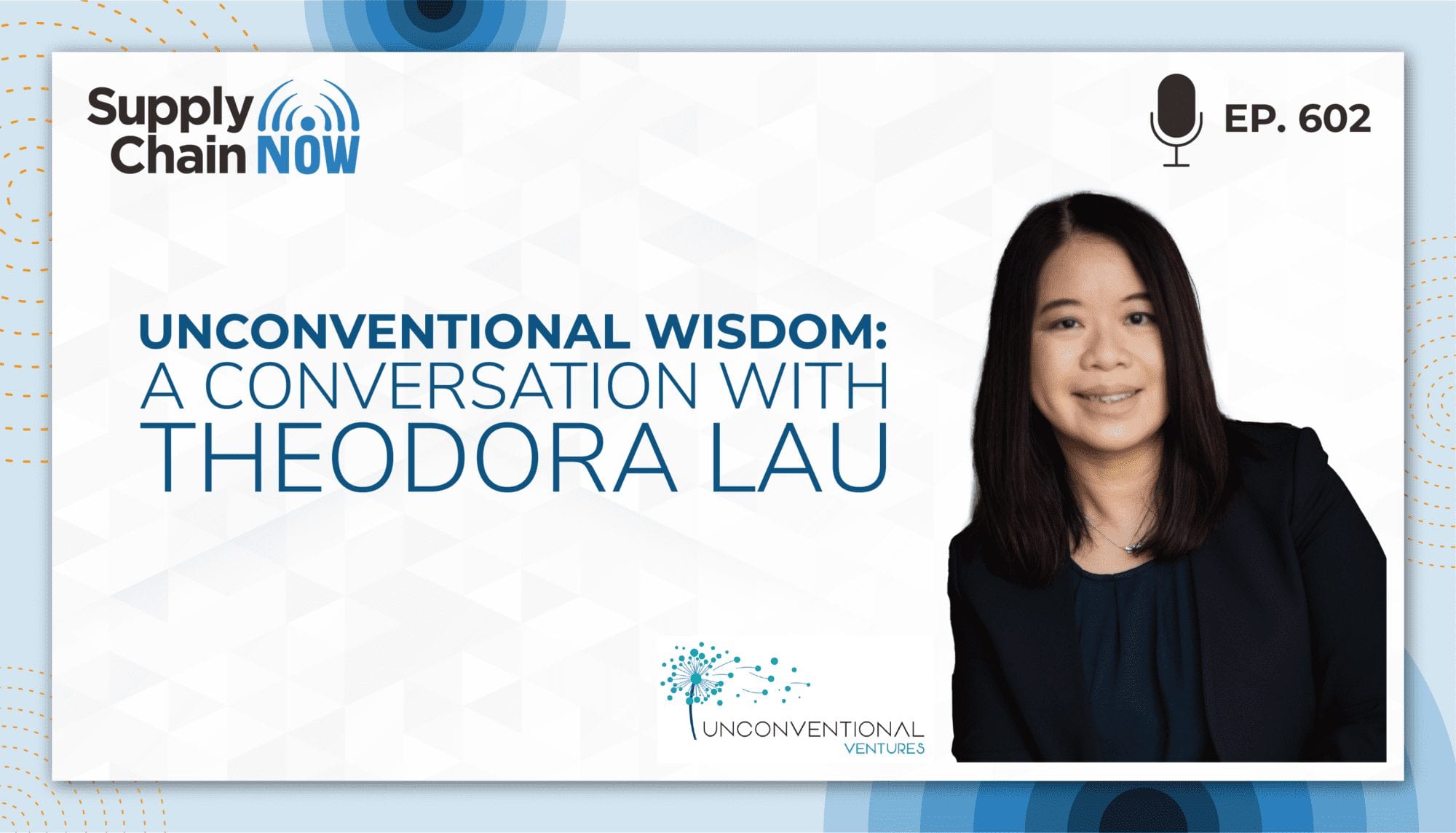
Episode Summary
“We started this journey because we have spent so much time working with founders who do not have access to capital because they don’t look a certain way. I want to get them in front of other people because that’s what creates opportunities. I’m fortunate to have the mic. So I want to use it for good.”
-Theodora Lau, Unconventional Ventures
Every person is really interesting, says Theodora Lau, founder of Unconventional Ventures, a boutique consulting service committed to improving systematic financial wellness. The attribute certainly applies to Lau, an iconoclast challenging the conscious and unconscious biases that create unequal economic opportunity across the fintech landscape. Join us for an insightful conversation with this entrepreneur, author, podcaster and proud mother of two as we discuss how to build a brighter future where representation – and mutual understanding – matter.
Episode Transcript
Intro/Outro (00:03):
Welcome to supply chain. Now the voice of global supply chain supply chain now focuses on the best in the business for our worldwide audience, the people, the technologies, the best practices, and today’s critical issues. The challenges and opportunities stay tuned to hear from those making global business happen right here on supply chain now,
Scott Luton (00:32):
Hey, good morning, Scott Luton here with you on supply chain. Now, welcome to today’s episode special episode. We’re gonna be talking with a Titan of a business leader, especially in the economy, the tech and the finance space. Our guest has been ranked one of the top leaders in the finance space by on the Lyrica. If I said that right, was named one of the top 44 innovators to watch my bank innovation, she’s regularly asked to keynote, right? Advise companies on a wide range of topics. And we’re gonna talk to her about this. She recently coauthored beyond good. How technology is leading a purpose-driven revolution. I love that. Let’s welcome in Theodore Lau, founder of unconventional ventures, Theo, how are you doing?
Theodora Lau (01:12):
I am good. Thank you so much for having me. It’s nice to see faces even though we’re not together together.
Scott Luton (01:18):
That’s right. But as we talked about, pre-show, that’s kind of, we’re going to break through into whatever version of the normal’s coming and we all miss that, but really have enjoyed our social media exchanges have enjoyed following you and all the great content you put out. You know, I’m bad about retweeting all the time. You add a quick take on just about everything you touch. And I admire that. I I’m challenging myself through that, more of that, but let’s really quick as we get to know you, before we get into the heavy lifting. Tell us about how you developed your nickname Theo from Theodora. Yeah.
Theodora Lau (01:50):
Yeah. So I think let’s start with where it was born and that will give a little bit more context. So I was born and raised in Hong Kong and in Hong Kong, for those of you who are not familiar, we always have two names. Even in the birth certificate, you have your Chinese name, you have your English name. And my English name is awesome. My, I don’t even know how we call it the Christian name cause I’m born Catholic. So anyway, so in school I’m always known as Theodora in my birth certificate and everything make a long story short, fast forward. I’m moved to New York. I was in college and my first day of class, I still remember this, the professor somehow who was doing a roll call. And he said, Hey, the class was quiet. He said, Hey again, the class one, quiet. And then he set the Fu name.
Theodora Lau (02:39):
Hey man, Theodora. I’m like, Oh, that’s me. He’s like, I was calling you. I said, my name is not, Hey, it’s not mad if you want, my name is Theodora. So that was how it started. And then I noticed people struggled to spell it correctly. It’s always theater always ended up with an E so I’m like, forget it. So I just cut it short to view. And the funny part of it was I never had trouble with that living in Hong Kong for 18 years, people manage somehow to spell my name. Right. And then you moved to an English speaking country and guess what? We have trouble with letters.
Scott Luton (03:14):
Well, thank you for sharing that story. I’ll tell you, I hate to get names wrong. It’s one of our, my biggest pet peeves. And certainly when I say it and even worse when I misspell it. So, but thank you for sharing. And I want to talk to you about, you know, growing up in Hong Kong, give us a couple of your favorite. When you think back of your, maybe your formative years, what were some of your favorite memories of growing up in that special place? Wow.
Theodora Lau (03:36):
Oh, it’s a lot of people, a lot of buildings, things don’t close, right? The notion of after five o’clock cities turn into kind of quiet, right? Desert places is at, and I was spoiled. I didn’t even know how privileged we were to be living in a place where things is always running is always humming. You can always get food at night and it doesn’t matter if it’s Monday or a Sunday places don’t close. But I think what I miss too is little things, right? Everyone, when they grow up, they have little things. They remember my flat was very small because you know, space is very limited in Hong Kong, but I would always have my Lego sets in case people can’t tell in the background. I loved space logo. That’s one of my favorites. I always have puzzles. And my father, he would frame the puzzles for me to put them on the wall. And then my other favorite thing, which I’m trying to instill on my children is bookstores. I would go to a bookstore every weekend and every weekend I get to pick a book. And so I’m the only child. And so my weekends are playing with puzzles. Legos are reading and that’s fun. I actually never missed not having a sibling. It was a very strange thing. People always ask me like, Oh, well, you know, but you don’t have a sibling growing up. What do you do? I was fine and happy
Scott Luton (04:55):
That goes in books and puzzles. Well, you alluded to what’s behind you. So to our listeners that may be listening to this audio replay. Not only is there a gorgeous Lego edition to the millennium Falcon, which is massive, it’s not far from the scale, but you also have this wonderful, really cool picture of the death star, which is really cool. So clearly you’re, you’re not only a Lego fan, but a star Wars fan. And I bet you’re you, you literally just your children. Pre-show how many children do you have?
Theodora Lau (05:23):
I have a boy and a girl.
Scott Luton (05:26):
Their ages are pretty young. You mentioned. Yeah.
Theodora Lau (05:28):
Yeah. They are eight and 11. So the past year has been, uh, a challenge, almost like a, a massive social experiment. If you want to call it that
Scott Luton (05:38):
Big scale. Well, one last question then I want to shift gears over to your, your education. Have they developed and followed your love for all things, star Wars and Legos.
Theodora Lau (05:49):
Absolutely. That that’s a prerequisite for being in that. And we have so many local sets and so things at home, especially through the last year, since, you know, we aren’t able to go out and socialize. So we just keep collecting all these Lego sets and they are everywhere. Now we have a star destroyer, we have eight wing. We have a ton of other steps, space stuffs, you name it. It’s uh, it’s overrunning the house. I can not wait to be outside.
Scott Luton (06:20):
Hey, I’m with ya. Uh, it’s the simple things we miss so much sharing a cup of coffee in person and talking about last night’s game or the new story here. Just people watching, frankly, in person with the hustle, bustle that you alluded to. Now, let’s see here. You majored in chemical engineering in school. So what, why chemical engineering for you? The uh, Ooh,
Theodora Lau (06:43):
Well, that is a Renegade story. So I was in so backdrop, I was in an all girls Catholic school for 12 years. Okay. Oh, girls Catholic school. Needless to say the focus is on being obedient, following the roles and being good at your homework and all of that. I was so preoccupied of doing everything else, but I was in the debate team. I was doing the student council. I was volunteering. I was doing all kinds of things except steady. And my last year and I flunked my physics. Not only did I flunked my physics, that teacher actually knew my father made it worse. And he said it, it was, I still remember this. He asked me to stand up in front of the whole class. And he said, you are so bad at your physics. You will never ever be an engineer. Wow. And it was humiliating and I was upset and I’m like, uh, yeah, you know what?
Theodora Lau (07:49):
Let’s go back to all my college applications and that’s somethings and I’m changing my major. Not only am I going to go study engineering, I’m going to be an engineer. When I get done, I’m just going to show you you’re wrong. And then run it at this part. I would never tell my kids because they’re going to be all messed up. But, um, so make a long story short. I was supposed to go to Bucknell. I was accepted already. I have my dorm and email and everything is signed. And I said, no, thank you so much. I am not coming anymore. And uh, I accepted the, uh, the offer from Rensselaer, from RPI. And I entered, I changed my major from geology to come, go engineering. And guess what? I got straight A’s in all my physics classes. I took it back to my school and like, that’s my history of why I became a chemical engineer.
Scott Luton (08:42):
Yeah. Oh, I love that. I hate to hear how your instructor singled you out and embarrassed you. I mean, there’s just no need for that. But what I love to hear is how you turn that experience into something. So, and a great story and really an inspiration for others. You know, we’ve got to tell you, we’ve got a challenge in making sure we’re recruiting a wide diversity of folks into the steam and STEM and steam fields and, and stories like yours. I think it’s what helps create that awareness and interest into these programs like chemical engineering, which by the way, is well above my pay grade. Right? I’m I am anything, my math skills are not good enough for engineering of any sort or chemical or otherwise. So from the time when you graduated and you graduated from what school again,
Theodora Lau (09:26):
RPI, and I would say though, I liked my college from the sense of, I think it doesn’t matter what degree you get. It, it forms your way of thinking of looking at things of analyzing things, right? So that, for that I’m grateful for it. But what it also shows me and taught me was that was actually the first time I ever came across bias, bias against gender and bias against ethnicity or race, because I was literally throughout the four years of my life, I got told in so many times, I don’t even remember. The only reason why he got into RPI is because you were a woman and because we were Chinese and then it makes you wonder why is it that we don’t have too many women? And, you know, in STEM with technical degree and worse is why do women drop out even after they graduate and start working. So until we change that culture to a change, how we address this, this is fundamental problems, right? I always tell, Oh, let’s tell people, children are not born by us when they’re a little bit, they don’t know. Right. They’re playing with everyone, their, their funds. So somehow somewhere along the way we must them up. We need to fix that. Yeah.
Scott Luton (10:39):
Well said. And that what you just shared there, I love how you championed that and social and other places from what I’ve seen. So I really appreciate that. There’s so much that still needs to be done in so many different ways. So if I could ask you one more question on this. So in your experience and what you’ve seen, what you’ve seen since college, and we’re going to be talking about industry in a little bit here, but is there one thing that comes to mind when it comes to these really any program, but certainly any technical program where we’re seeing not enough diversity? Is there one thing that you’d like to see more schools do? One thing I noticed
Theodora Lau (11:17):
Many, I, I think I would like for schools to, to look at people and look at their students in a more diverse way. Right. When we talk about diversity and we talk about the AI, it’s not just about race, it’s not just about gender. It’s about the socioeconomic background. It’s about where they’re brought up. It’s about everything, about them as a human, as a person, right. I don’t like having to second or, or target people in just one or the other group recently, Stephanie Foster, she shared a cartoon on social and it resonated, it was, it was a cartoon that has rooms, like kind of, you know, imagine we’re in a conference. Right. And it has special discussion rooms, breakout rooms, if you will. One of the breakout room is gender diversity panel. The other breakout room is race diversity panel. And then the question that immediately pop up to my mind is why is it one or the other? Why not both? Why not more? Right. A lot of our work for example goes into age diversity. Right? That’s important too.
Scott Luton (12:18):
Yeah. Well said, uh, diversity in all of its many definitions and forms is we’ve got to really open up our minds to that. I appreciate you sharing. So from, from academia to now your professional journey, I’m intrigued, you know, as I was preparing for our interview and, and doing a little homework on ya, it’s, it’s so fascinating to see all the different things you’ve been a part of. And then of course everything you’re doing now. So talk to us, walk us through a little bit of your professional journey, especially again, any of those key roles at that, that shaped you.
Theodora Lau (12:46):
Okay. So the first thing I always tell people is I, my background is not finance. My background is not banking. My background is not anything close to any of that. My background is telecom. So that is industry. I, I spent the most time on before I started on the second journey. And there are a lot of learnings from telecom industry that can be brought and resonates with banking. But I think that the key thing to think about it here, and it’s a key thing that one of the key messages I always tell people is as we live longer, on average, since early 19 hundreds, we’ve lived an extra 30 healthy years. As we progress through the gift of having additional years to live, we need to broaden our mind of what we will do, right. Instead of one straight career path, we’ll be taking multiple turns and set of doing your static school work, retire three stage journey.
Theodora Lau (13:44):
You’ll be doing stage, enter exit, enter exit, think of it as an highway. And so when I look at my career, I think that was what taught me the most. It wasn’t one job or two jobs as the appreciation of I was privileged and lucky enough to be able to, to change path where it goes. So in telecom, it was really, it was really fun to be able to go through the entire journey. My first client was actually Belstaff in Atlanta. So I was spending a lot of time down perimeter. And so from wire line to wireless, to high speed, to all the different business models in between, you’ll learn what works, what doesn’t learn, work. And then I was able to spend time in a nonprofit in DC, which gave me an appreciation of what technology can do for people. It was employed thoughtfully and also gave me a view into when we talk about diversity, how diverse that it, that is right.
Theodora Lau (14:39):
And, and it really came to light. Especially recently, when we talk about Asians in this country, we tend to look at Asian as one bucket, but that cannot be further from the truth. There are so many cultures, languages, and even social economic classes, backgrounds, what have you, it’s all different, right? It is very, very wide range is not the stereotypical of, this is what an Asian would look like. And the same with my work in the nonprofit, we have a perception of older people, older adults, and what they look like, right? If you do a Google search, if you look, if you type in aging, the image that will come up often is that a physical decline. You know, someone with a lot of wrinkles, someone like, you know, barely walking with a cane and all that, but they can not be further from the truth because I look at my father, for example, I used him a lot, as my example is in his mid seventies, he just literally recently stopped working a couple of years ago.
Theodora Lau (15:35):
Although he officially retired when he was 50, but he wouldn’t stop. He was like giving talks. He was writing, he was doing all kinds of stuff. He was so busy that we literally made him stop because we’re like, look, you need time for yourself. And so now he’s hiking. He hikes three times a week for like four or five hours. He can kick my butt. And, and then the tech part of the bias, right? We talk a lot about, about diversity and about stereotype and lens and bias. And the perception always in the industry, especially in tech is that older people don’t use technology. Well, my dad taught me my first line of coding when I was young. And he had been taking apart computers and putting them back together and coding and doing all kinds of things for the last 20 something years. So the perception that older people do X and doesn’t do that. I think the whole thing needs to be busted. And if anything, I think that was the one thing that really changed my perception of how things need to be.
Scott Luton (16:38):
You offered so much, goodness, there are so many follow up questions. I’ve gotten my mind, but your central truth, you shared that these, these molded assumptions, we’ve got to break them all out of inventory and throw on the ground and bust them up. Cause there, there are so many stereotypes and assumptions and then so many buckets that folks want to mentally put people in, right? Based on some things you shared ages and more, or, uh, ethnicity, or what have you. And fortunately for all of us, we’re in a world now more and more, or that is less tolerated, right? And, and, and it’s for so long, it was accepted. And unfortunately, and it didn’t rile people up to, to change it. And, and I’m hoping that in our lifetime that we’re going to see a lot of those molds of these assumptions and stereotypes and the, and these, um, these pigeonholes folks put large populations of people in thrown away, broken up. And so it can move on and, and, and hopefully reach some relationships and, and partnerships and, and, and tackle even bigger challenges that were posed with, you know. Okay.
Theodora Lau (17:45):
Amen to that. I can’t agree more because I think every person is really interesting. They always have a very cool story to tell. There’s always something else. If you just care to look a little bit deeper.
Scott Luton (17:58):
So, so I want to ask you that I’m going, off-road here a little bit. We’re going to talk about your unconventional ventures here next, but right before we do, let’s talk about subconscious bias. I’ve got, I’ll try to avoid social media throwdowns and arguments, all that stuff. And part of, one of the last ones I got to w was whether this exists or not. And, and fortunately, I’ve had some great mentors and teachers, frankly, in my career to help me uncover just how much of this unconscious bias we have. If you speak to that for a second. And how much of a culprit is that in preventing the, you know, where we all want to be?
Theodora Lau (18:36):
I think that that’s a tough question. I think having biases normal, right? We, humans, humans have emotions. We have perceptions. We have values values that are shaped by our upbringing values that are created by, you know, who around us. Right. And what we subscribed to what we read even. Right. And so when we talk about unconscious bias, as humans, we’re impacted by all of this, and you talked about social media and social media is a great example, the way that we consume news nowadays, right? Either you read through newspaper, which is owned by very few big empires. So I’m not sure how diverse that is, but digital social media, right? What you Google, what gets surfaced is based on algorithms. Well, the algorithms is based on your habit. So when you gravitate to what’s one thing you got pigeonholed and funneled into these separate silos.
Theodora Lau (19:30):
So their intention and their value is personalization, which is to serve up what they think you like in reality is because the more you can relate to something, the more you’re going to keep consuming. And they want, they want you to stay on that platform, right. Because that’s their business. But what that ends up creating is it creating different silos of people who believe in their own version of truth, their own version of worldview. And that’s why we are so not agreeing with each other and for lack of better words and whatever bias that we subscribe to that just get reinforced more. So world you see, right? Like, Hey, this is what I see every day. Why not? Yep. I believe it. That’s my version of truth.
Scott Luton (20:12):
Yeah. That’s so well stated. And especially that reinforcement, that takes place, unbeknownst of folks don’t even know that that things are being reinforced. It’s like a really bad SQL to the matrix.
Theodora Lau (20:24):
Oh God. Yes. That’s what’s
Scott Luton (20:26):
Taking place and it’s been at least my own journey. It’s been so important to really, you know, if you don’t recognize it, you can’t do anything about it. At first. It’s like that first step is to understand that that you’re human. So naturally you have it, but you’ve got to be aware of it so that you can really attack it and, and, and make sure it’s not impacting your day-to-day decisions and conversations and relationships that matter. So I appreciate you speaking to that, that reinforcement thought is a really important one for folks that are listening to us. Let’s talk about unconventional ventures as one of, of, of several really interesting ventures initiatives. You name it that you’re leading. What, what does unconventional ventures do?
Theodora Lau (21:08):
The reason why we call it unconventional is because we like to look at demographics that people don’t typically think about, right? We issues around older adults in the innovation economy. People don’t typically think about innovating for older people or for gig economy workers. Right? If you look at banking, for example, a lot of that systems and, and how they surface consumers is not built to support how gig workers earn their income. Or we look at women, right? Female founders. And again, you know, that’s, if you look at unfortunately venture funding, that’s not, you know, the big piece of the pie either. And so our, we started, we started this journey because we have spent so much time in our prior years, working with founders who do not have access to capital because they don’t look a certain way. They’re not a certain age. They didn’t come from a certain college.
Theodora Lau (22:04):
They don’t have access to the same opportunities that others have. And time and time again, we’re like, wow, this is a great company. And they couldn’t get to where they need to be or do deserve to be. And then meanwhile, you turn around, you see all of these other companies, they got like ridiculous valuation and ridiculous amount of funding. And you’re like, wait a minute, does this? This is not right. Something is not right. And, and so we started the company because we want to change the dynamic dynamics. We want to create conversation and we want to create opportunities. And one of the first thing that we saw, and it’s still very real, especially even with COVID. And I would say even more so with COVID is, is representation. Representation matters. We talk about that a lot, but practically, what does it mean? It means that we need people on stage.
Theodora Lau (22:53):
We need people to be visible to others. The reason that the way you and I are able to do this is a privilege. It’s not a privilege that’s available to many other people, to many other founders. And one of the strong belief in why I spend so much time on social is that I want to bring up different voices into our ecosystem. I want to get them in front of other people because that’s what creates opportunities for them, right? That’s what gets them funding opportunities. That’s what gets them speaking opportunities. That’s how people can learn about what they’re doing and potentially incorporate their solution into what they are doing in their business. And so a lot of our work is around making connections, right? Connecting founders with financial institutions, or, you know, advising them or connecting them to VC who write big checks or just stirring up trouble. We do a lot of that. And I think in the end of the day is I’m fortunate to have the platform. I’m fortunate to have the mic. So I want to use that for good.
Scott Luton (23:59):
Oh, I love it. I love it. I think a lot of folks that I’ve heard all of this interview so far, but the last couple of minutes in particular, you got them ready to run through brick walls. And unfortunately that’s some of what we got to do so that all these entrepreneurs from all walks of life can, can have the same opportunities for advancement and growth and, and to see their ideas come to fruition. Right.
Theodora Lau (24:21):
Yeah. And I think one thing I reject is it’s easy to dismiss and say, well, you know, these people, they don’t get access to funding because didn’t, you know, Theo being a founder is really hard. Oh yeah. I know. And being able to get funding is really hard. Yes. I know that too. But explain to me why the playing field is so not leveled. Right? It’s the same thing as we think about the other issue, which is near and dear to me, which is inequality. When we think about wealth gap, you can’t just say, well, if you work hard enough, you will get a good job and you’ll get a good life. No, I wish life is that simple, but it’s not right. It depends on from the get-go what zip code you’re in the United States has to worst economic mobility. Most all of the developed nations.
Theodora Lau (25:11):
There is a reason for that, right? We need to look back in history and until we recognize what the country has done systematically, you know, being biased around certain ethnic groups and discriminating against them and stopping them from being able to progress, to accumulate wealth and all of that, there is a reason for why we are where we are today. It’s not just about whether or not those people are working hard enough. And I can assure you a lot of these people work really, really hard day in and day out, but it’s about whether they have access to opportunities. So we need to recognize that and change that,
Scott Luton (25:50):
Love that. And we can, we can learn and change so much by being true deliberate students of history and really get beyond how it’s taught, but get, get beyond what really took place and why. So I love, I appreciate you sharing that. I want to maybe continue this conversation, but focused a bit more on the banking industry. I know that you’re, you’re sought after for keynotes and, and your perspective and expertise in that industry amongst others. How does, and you’ve already spoken a bit to this, but furthermore, how does the banking industry need to improve? And what are some of the biggest issues that you see?
Theodora Lau (26:26):
I think we need, we need to first recognize we all have a role to play. A lot of times when we think about the underbanked and the unbanked, people automatically think about people that are not profitable for banks or people that they don’t want to surface, or they think about charity. And that cannot be further from the truth because a lot of times people end up the situation. They are not because they are not good with money, or they don’t know how to, what to do with money, or they’re not good people, right? Things happen in life. We all know that, especially for the last 12 months. I think we’ve all recognized that, you know, there are a lot of things beyond our control that we ended up where we are. And so the question becomes, how do we bring more of these people back into the financial services system and the solution isn’t to give them more fees, the solution isn’t to ding them for more things, the solution is to think about how do we help improve their financial outcome?
Theodora Lau (27:30):
How do we help them to be more financially healthy? Right? The answer to debt is not giving them another loan. The answer to death is how do we get them out of debt? How do we get them to help them save more? How do we become more ethical in what we’re doing recently? A colleague of mine shared on social, on his report and highlighted some of the banks that made almost a third of their revenue based on fees. And then my question is, okay, maybe that’s why we start. I’m not saying everyone needs to go do everything for free. I mean, we all need to keep the lights on, but how much is too much, right? That will be the first question. And then second of all is we need to think more holistically, broader. We tend to think in terms of products, here’s a savings product.
Theodora Lau (28:17):
Here’s a checking account. Here’s a, this and that, but we never think of life that way. Right? When I look at bank as a means to an end, because I need to save money for my kids going to college in eight years. Okay. And then I look at what do I need to do to get that banking product is one part of it, but there’s a whole lot more. Right. And then as we talked about earlier, as we get older and as we live longer, our financial relationships become more complex. So someone like me, I’m in my late forties, I have my kids who are waiting out, but they will be in college hitting right at the same time when I will be 60. So probably I should start thinking about what to do if, and when I do retire. And at the same time, that’s when my parents will be in their eighties.
Theodora Lau (29:09):
Right? So someone like me, sandwich generation, all of my main life events, I need to plan for financially. All of them is going to come at the same time. Then my question to the banks are what are you doing to help me? Right. Right. That is a simple enough question that we need to be able to answer. Can you tell me what you can do for me? Don’t try to sell me a wealth management service or this or that. Tell me what role are you going to play to help me get to where I need to be love that. And, and,
Scott Luton (29:42):
And hopefully we can continue to see smarter and smarter answers to that critical question. I think I made a, I made a bad click on one financial institution’s website, not too long ago, because I’ve gotten about 35 calls for a wealth management solution, I think, but we all planned for that’s right. That’s right. Lessons, critical advice for 2021. Let’s shift a little bit, you know, we’re, we’re big supply chain nerds around here, supply chain now. And it’s, it’s really been interesting. It’s been fascinating, really the FinTech space within supply chain and just all the innovation and the, the new platforms and the new, new ways of solving old and new challenges. Any, I’m not sure how much, how much of your bandwidth you put on the supply chain space, but any observations when it comes to this blockchain FinTech?
Theodora Lau (30:28):
Yeah. I think one of my favorite example, and I remember I learned this from a founder that I met in Berlin last year. That was my last business trip. It’s been 13 months now is she’s working with Tony’s Chuck Loney. I don’t know if you’ve heard of them, but they started stocking them in whole foods. And I know they’ve been big in and Europe as well. So Tony is Chuck Aloni. For those of you who like grocery stores, like as much as I do go, go look for them. It’s an ethical chocolates. And, and we use them in our book as an example, too, because they are using blockchain technology as a way to separate the clean beans from the dirty beans. The dirty beans are chocolate beans that are grown by slaves, which are still predominantly the main supply of cocoa beans. And they want to have a traceable cocoa bean, if you think about chocolate that way. And so they’ve developed what they call a bean tracker to give them an unbroken tamper-proof uninterrupted record of data so they can track the history and the journey of every single bean as it goes through the economic system, to make sure that it is ethical to, I love that story because I can relate to chocolates. I love chocolates. And this is a great example of using technology for good and supply chain, which we don’t typically think about.
Scott Luton (31:50):
Right. Hey, I love that example too. It’s sad to believe that the main supply of cocoa beans is utilize the slave labor that is just in 20, in any age. It’s unbelievable, but here in 2021, I’m hoping that the byproduct of some of these blockchain technologies and others that allows us to really understand where things come from will also allow an intense focus to eliminate the slave labor. And we’re seeing it unfortunate in a variety of industries, and it’s just, it is completely unacceptable, but hopefully technology can allow us to spotlight it and eliminate it.
Theodora Lau (32:26):
Yup. Hopefully, at least that will start the awareness, right? Awareness is the first step that’s right. And hopefully action was followed.
Scott Luton (32:33):
So I appreciate you sharing supply that chocolate example in supply chain, FinTech space, cautious, it’s amazing. The power that it has and the impact it’s gonna have on global commerce. Let’s talk about this book that you coauthored during the pandemic no less while you’re, you’re balancing your career and your kids. And, and yeah, there we go. So the full title again, I think we said it as we introduce you to beyond good. How technology is leading a purpose driven revolution. I love that. So first question, why did you write it?
Theodora Lau (33:09):
We like torture. No, actually we were approached by the publisher. Oh God. A while ago. And she was attracted to some of our stories, you know, that we always talk about. Cause we do write a lot and you know, she was, she was curious about, you know, the angle of purpose and profits and she approached her. She was like, well, would you like to write a book about it? Like, Oh, well, you know, we write a thousand words every week. So what’s a book that’s easy enough. And I still remember when we met her in person, it was in London, it was in December. And at that time, all I had in my mind, 2019, gosh, the years are merging. Oh, I was thinking was, wow. Well, we need to figure out how to work around our travel schedule so we can write the book we started writing and it was such different circumstances.
Theodora Lau (34:03):
I still remember, I have this big map of different dates and months where I said, okay, you know, this month I have this conference, I have this one going, this is how many chapters we should aim to get done. And then came the pandemic crashing down on us, both Bradley and myself. We each have two children. They’re both the same age. And so we had to navigate between how to get the kids settled, how to get them in a new way of living with virtual learning. And at the same time, trying to figure out what do we do with our business, when everything moved digitally and virtual. And we took a break, we had to take a break because we had to sort out our personal lives first. And so we took a three month break and we just did a crunch course through the summer.
Theodora Lau (34:50):
We rushed through the entire summer, but as awful and still is awful, the pandemic was, it gave us more urgency that we need to get the book out because we ended up devoting one full chapter on the economic inequalities and the challenges that we saw coming from COVID and the downturn. And it was, it was already a theme that we were exploring in the book for women, for older adults, for communities of color. But the, I think the pandemic just made things so much worse that it gave us this, this phew that we have to get the story out because we want more people to read it. We want more people to pause and think about what they’re doing
Scott Luton (35:38):
So much, Ash, just a little time. And I have not purchased the book yet. I’m going to be purchasing it and do my book report. It’s fascinating. And I love hearing, always love hearing the inspiration behind what created this massive project. What’s one key takeaway that you really, if, if folks, uh, pick it up, maybe they forget everything else. What’s what’s one key takeaway. You hope sticks with folks.
Theodora Lau (35:59):
It’s not that if profits and purpose can co-exist is that profit and purpose must co-exist and it can. And the book has examples from startups to established companies that show us how right. So I don’t, I don’t. I get so frustrated hearing from people this as well, but these are not profitable demographics or we’re not charity. No, we’re not asking for people to pump charities. We are not asking you to completely smash your business model. We’re just asking you to pause and think we all have a role to create the future society. Something hopefully better than the one we inherited for our children and for children, we all have a role. Doesn’t matter what, what position you’re at and what company, what industry you’re in. So what is your role?
Scott Luton (36:53):
What is your role? And do you choose to accept it and act it and execute on it?
Theodora Lau (36:57):
Yes, it’s a choice, right? It’s a choice.
Scott Luton (37:00):
Well, going back to what you said a few minutes ago came here. Exactly what we’re talking about, but we need to see action, right. And see action. And we’ve all, we’re all tired of lip service leadership, right? We’ve got to have seen action and results and uh, I love how you put that. You hadn’t come out and said it, but right before we went live, um, and I know you’re, this is another thing you’re passionate about. Cause I’ve seen it, uh, in, in my Twitter, following of your account, by the way, what is your Twitter handle? Just, just for folks listening.
Theodora Lau (37:29):
It’s PSB underscore DC.
Scott Luton (37:32):
Great. Uh, great follow. I can assure you there’ll be an assurance to, uh, the digital divide. All right. If there’s one thing we have learned illustrated painfully still, still. Now I was reading, you know, we had a, um, here in our household, we have three little kids and they had a, they had a virtual day yesterday after going, went back to school and we, we taught them at home for a year due to the pandemic and they went back to school in January. Well, we had bad weather rolling through the Southeast yesterday and the school system chose to keep the kids at home. And you know, just when I thought we, we we’ve made some progress when it comes to technology for our remote population. I saw a note from teacher that held back assignments because, uh, paraphrasing, she wasn’t sure who had, you know, computers and internet and who didn’t.
Scott Luton (38:18):
And it just really is an email just stuck me right in the heart, you know? So pre-show, I was telling you that, okay, it’s not this mouse is that mouse. I was telling you, I was using two miles mice. And you, your response. It was a good one. It says two is better than none. It really, it just, it brought me right back to that email yesterday and how so many folks go without, and it’s a sad thing, the problems here in the States, but even worse globally. Can you, before we switch gears and talk about your podcast, a couple of thoughts around the digital divide.
Theodora Lau (38:47):
It’s I think one of the myths, when people think about digital divide or the challenge of it is they think it’s a problem in developing countries, right? We don’t have enough of an appreciation that it is a big problem in the United States. And it also is even more of a challenge because it goes along the having to have nuts, right? It’s the top 25% of the country. And then the bottom 25% of the country. And, and the divide is stark is about if you are live in a rural area, it’s about, even if you live in urban, if you’re urban poor. And, and we think of digital, we think of internet. We think of streaming. We think of Netflix, right? We think of entertainment, right? We fail to recognize that is far more than streaming. We talk about vaccine signing up for a vaccine. You need internet access, right?
Theodora Lau (39:45):
The kids being home at school since March of last year, you need internet access. How we keep reading stories about like how some of the kids have to sit outside of McDonald’s just to qualify. And that’s for the ones who are lucky enough to do that. I see my kids, friends as at school who are able to get on that their parents are too busy with them. And so they ended up doing everything in anything and without even paying attention and New York times had a really good article and it was painful illustration of the divide in, they call it the homework gap between, you know, those that have access to internet and those that haven’t. And if we think, if we take a step back and think about the implications of it, it’s not just about this one year that the children miss their coursework, it’s about how that impacts their ability to further advance.
Theodora Lau (40:39):
It impacts their ability to get into a college or a decent college. There were stories about kids that dropped out from college at the beginning of the pandemic, because universities are supposed to be the quote unquote equalizer for those who can afford to go in there. But once you remove that on campus, when children get sent back home, not everyone has access to internet to continue their college work. Right. And so now you get a second drop and then we all know how the rest of the story will go, because then it will impact their career. So the effect of that is huge.
Scott Luton (41:16):
Massive. Yeah. It, it, it is a crying shame and, and, um, uh, assault article, I think AP published something just a few days ago and they cited a nonprofit. I can’t remember nonprofit, but the estimation was here in the States, 10 to 15 million kids do not have any access. And that’s that, that does that. Doesn’t even probably touch the families that may have access, but may not have enough equipment and, you know, hardware to enable the whole family, all their students to, to, to do what they need to do. So huge challenge. I appreciate you sharing some perspective there so much. We have so much work to be done. Uh, but you know, that is at least the silver lining with this pandemic is hopefully it’s giving a lot more visibility and awareness to, as you mentioned earlier to these huge challenges right here, and when we assume everything’s fine here, we got a lot of work to do right here in the States. So let’s switch gears now to yet one more project you’ve got, um, I’m convinced you have clones, uh, Theo. I’m very convinced. You’ve got clones. Tell us about your podcast.
Theodora Lau (42:22):
Our podcast is called one vision and that’s actually interesting. It was something that it started with a coffee meeting with our partner. Aroon um, he resides in the UK and he was coming to the States to visit his family. He found me on LinkedIn, is that okay? Theo? Do I have a chat? Sure. And so we met for coffee and he didn’t tell me until afterwards that apparently he wanted to meet me for coffee because he is running this podcast called rhetoric. And it looks at blockchain technology looks at FinTech and he wanted me to, you know, talk on the show. I ended up using that opportunity, unbeknownst to me what his original intention was to sell him that we need to do a full season of podcasts on aging and technology. He was like, Oh my God. Yeah, we need to do we need to do it.
Theodora Lau (43:15):
He got so excited. And he went back to the UK. We’re like, all right, we’ll start at the season. Just talking about aging and technology. Cause you know, nobody talks about infant tech. When we think about older people, we think about retirement. We think about annuity so much more that we can do. And the season finished and he’s like, well, let’s do another one. And so we did another one looking at FinTech in Asia called re bloke. And we finished that and we’re like, you know, what can we just take over? So Brent and I took over and we ran a full season, um, featuring women in financial services. And it has been running ever since it’s, it’s been, it’s been a while. Now we use the show to highlight voices from everywhere. If, if any of us will pay attention to, you know, again, podcasts to virtual conferences to webinars and all of those, typically people recruit names that everyone already see and 10 other conferences in the same week, right? It’s always the same face. It’s always the same thing. Oh, it’s it’s homogeneous. I want it to run counter to that. I, because there are so many smart people everywhere that I want to feature them again, it goes back to, you know, Brett and I have a platform. We have a mic, let’s get that mic to someone because it’s not enough to include people in the table. You need to give them the max so they can talk. And that’s what the podcast is for.
Scott Luton (44:46):
Love that so much. I love that so much. And we’re kindred spirits in many ways with that cinema. And um, I love how y’all use the platform you’re building and growing and, and your influence and your visibility. So others and their voices can be heard. And I’m so love that so much Theo and the podcast name again. And where can it be found?
Theodora Lau (45:06):
It’s called one vision. Now. I wouldn’t say it’s without challenges though. Cause we always got advice from people. Oh, Theo, you should have invited a CEO of so-and-so. You should have invited, you know, this person that you see everywhere, you should include them. No, no. They already have a mic. They don’t need it.
Scott Luton (45:24):
Well said that’s a t-shirt. Right. All right. So sticking with content and we’ll include a link to your podcast in the show notes too, to make it really easy for folks. So you’re running a content factory, right? The CEO of the content factory. But when you’re in your own downtime, let’s say the kids are at a bed and you’ve wrapped up your work or whatever you want to wrap up with for the day. And it’s your time? Whose content do you like to listen to or read or what have you,
Theodora Lau (45:54):
Ooh, I don’t remember the last time I had downtime. Um, and when I do, I am boring. I read four newspapers a day. I have four magazine subscriptions and that’s what I read. I, I, it’s all, it’s all. Um, non-fiction I know it’s really boring. And then, and then when, if, and when I don’t want to read a magazine or I don’t want to read the newspaper, then I read, um, not like nonfiction books. I read tech book. I love technology. I like the intersection of technology and humanity. So those books and trust me. Um, and for the last two years, I’ve spent a lot of time reading about income and wealth inequality, the wealth gap, and what contributed to that. And, and has it been a learning experience has been a learning journey because I myself is also like, I would say, I’m not as well-rounded in a lot of cases as I should be.
Theodora Lau (46:57):
You know, there’s only so much you read on the news or so much you learn from education, but there’s so a large part of education that we don’t touch on as part of a history, right? Some are not so good. And it gives you perspective on why things are the way they are. Right. I read a lot about red lining about, you know, bias that was historical, that contributed to the society that we have today. Right. I want to look for reasons. Why are we where we are today? And so that’s what I read during my downtime. I love it. All right. So
Scott Luton (47:30):
One quick followup question. As we start to wrap up our interview today, we’ve been talking with Theodore Lau, founder of unconventional ventures, author, author of beyond. Good as well, along with your co-author Bradley lemur. I get his last name, right? Lemur
Theodora Lau (47:43):
Library. That’s okay. I call him lemur for the longest
Scott Luton (47:47):
Bradley. Lamor my apologies. Bradley. Great book. So you’re you said four newspapers. What’s your favorite newspaper out of the four
Theodora Lau (47:54):
Financial times. Yeah. I’ve been reading it for gosh, 20 some years
Scott Luton (48:00):
And out of the format magazines. What’s what’s your one favorite one?
Theodora Lau (48:05):
Ooh, I don’t know. That’s hard. Uh, favorite tech review. MIT tech review.
Scott Luton (48:11):
Okay. Yeah. MIT tech review. Is that right? Yeah. All right. So let’s, you know, we’ve talked a lot. This is, this is a good question to start to wrap with, because I feel like you’ve shared so many key thoughts and Eureka moments and takeaways from the age that we live in, especially the last 12, 18 months. But what’s, what’s one more. This is such a, um, well, I mean, I don’t want to use the words that have been used, but you run out of vocabulary at some point, right? No one has experienced this, right? No one living today is really experienced what we’re going through. What has been one key learning beyond what you’ve shared about these times and maybe one that will help that will maybe change how you act or behave or lead, you know, in, in the months to come. Wow.
Theodora Lau (48:59):
One thing I know
Scott Luton (49:01):
17, at least 1700, maybe
Theodora Lau (49:03):
I’ve learned a lot of things. Um, I think on a personal perspective, I’ve learned that apparently the kids are way more resilient than I thought they are. I remember in the middle of our book writing journey, it was in the summer and I was super stressed because we’re trying to make up time and time. You can not create time. Right? That’s the one thing that, you know, like, yeah, which is where foster, no, it doesn’t work that way. Writing doesn’t work this way. And, um, and I was so stressed and the two kids, I love them to death. I still remember this. I think this was my highlight for last year, my daughter and my son, they came in with their little toy food, like little sushi pieces, little tea cups and everything. And they brought me this meal and put him off a sunlight.
Theodora Lau (49:47):
And they wrote a little note that says, mommy, don’t worry, we’ll be here with you. And it killed me because that was the moment I realized, Oh my God, I totally forgot about these two. There, they were in the kitchen baking banana bread by themselves. I’m like, Oh wait, what is that smell? And then I realized they brought me like toy food. And then they brought me real foot. And, and I think if anything, all the things that we thought are important to us, right. You know, Oh my God, I need to run to the, to the, um, this conference and that conference. I think this keynote is important. I need to give this and this up. It doesn’t matter. It’s it’s your family. It’s, it’s, you know, the kits are right. And that’s the most important thing.
Scott Luton (50:30):
Love that. Love that note, love, love your kids, baking banana bread. And, and I love the fact what you shared there to kids are more kids are more resilient than what we all think.
Theodora Lau (50:41):
I just say that, thank you for not burning down the kitchen.
Scott Luton (50:45):
Well, and that’s good news for society, frankly, they can get through and have these experiences and, and hopefully be stronger and better, more capable leaders in, in the, in the years to come. So how can you know, I imagine that I know you get plenty of inbound inquiries, but I imagine many folks in our, in our community are going to want to connect with you and follow you and whatnot. How can our folks, our community members connect with you?
Theodora Lau (51:09):
I am pretty active on social and that’s you alluded to, so I’m on Twitter, I’m on LinkedIn. So just looked at LinkedIn theater all out, or we just established a site for our book. So go to beyond good book.com and there you’ll find the content, some of the interviews as well as what the book is about.
Scott Luton (51:29):
Now I know you can get the book anywhere. I found it on Amazon, but can you, can you get the book through your website beyond book? I’m sorry. Beyond good book,
Theodora Lau (51:38):
Calm, right. Be on good book.com on there there’s link to Amazon, to Kogan page, which is our publisher Barnes and noble and bookshop.org. We support and celebrate local bookstores.
Scott Luton (51:50):
Love that. I love that. Well, as much as I love this, this conversation we had on it, I knew we were in for a treat, but gosh, you, whatever expectations I had far surpassed them. I mean, you’re really, uh, as interesting and intriguing as a, uh, Twitter, interactor that you are, you’re an even better interview. And I appreciate you sharing your perspective and stories and, and what you’re doing to change. You change the world for better, you know, beyond good, going better. Um, and you’re in your neck of the woods and then in your circles and beyond. So thanks so much. Theodore Lau, founder of unconventional ventures for joining us here on supply chain. Now,
Theodora Lau (52:28):
Thank you so much for having me, Scott.
Scott Luton (52:31):
You bet. So folks over even enjoy this conversation as much as I have what a great interview, uh, be sure to check out beyond good book.com support your local bookstores. That’s a great there’s about, I don’t know, 18 pages of takeaways from this interview. I’ve had, that’s a good one to wrap on, check out her book beyond good, along with, uh, Kurt co-author Bradley Lamur and on behalf of our entire team here at supply chain. Now we wish you nothing but the best. If you enjoy conversations like this, be sure to check us out. Supply chain now.com Hey, Scotland, and signing off for now. Do good. Give forward. Be the change that’s needed. Be like Theo Lau. And on that note, we’ll see you next time here at supply chain now. Thanks everybody.
Intro/Outro (53:14):
Thanks for being a part of our supply chain. Now, community check out all of our programming@supplychainnow.com and make sure you subscribe to supply chain. Now anywhere you listen to podcasts and follow us on Facebook, LinkedIn, Twitter, and Instagram. See you next time on supply chain. Now.
Featured Guests
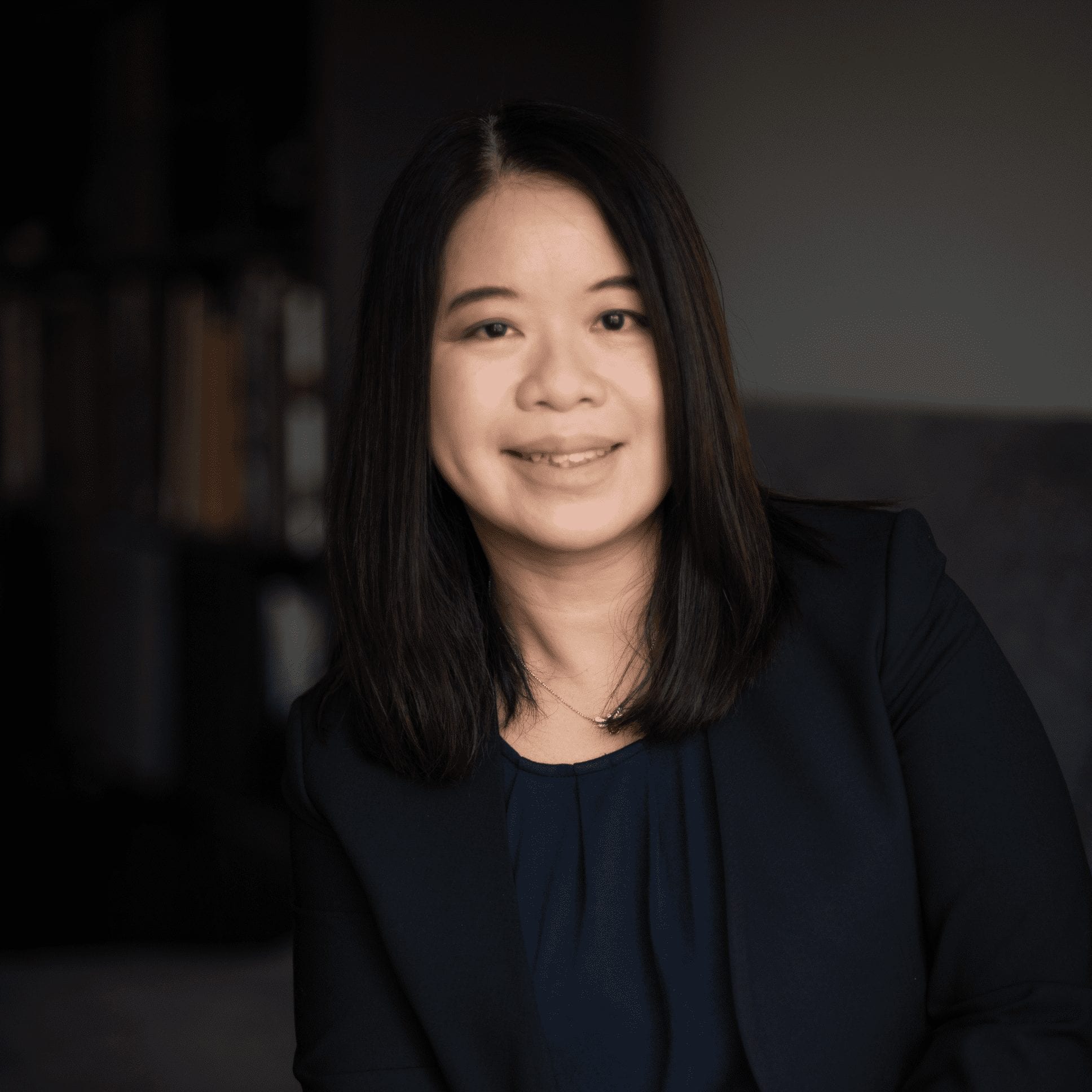
Theodora Lau is the founder of Unconventional Ventures, a public speaker, and an advisor. She is the co-author of The Metaverse Economy (2023) and Beyond Good (2021), and host of One Vision, a podcast on fintech and innovation. Her monthly column on FinTech Futures explores the intersection of financial services, tech, and humanity. She is named one of American Banker’s Most Influential Women in FinTech in 2023. She is also a regular contributor and commentator for top industry events and publications, including BBC News, Finovate, American Banker, and Journal of Digital Banking. Connect with Theo on LinkedIn.
